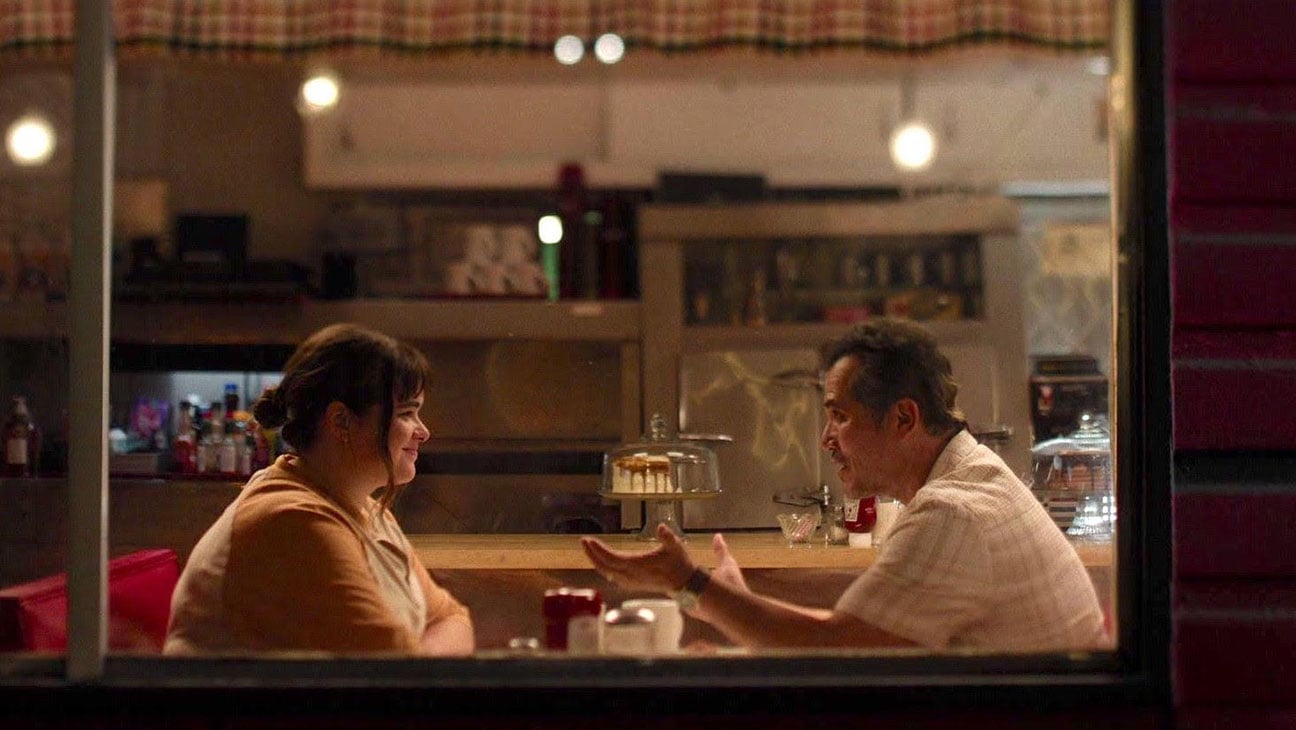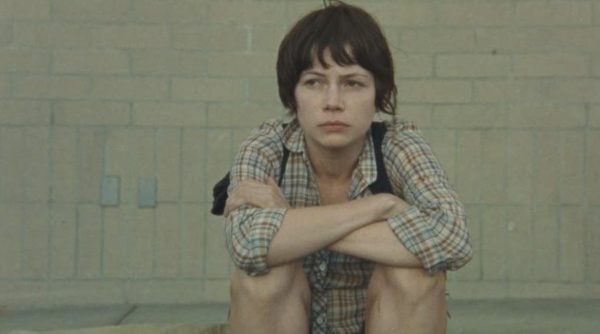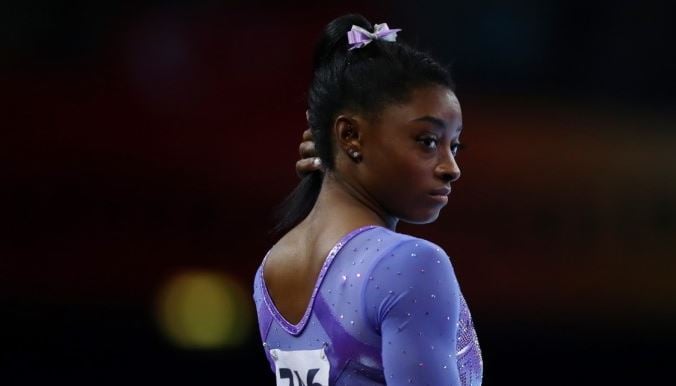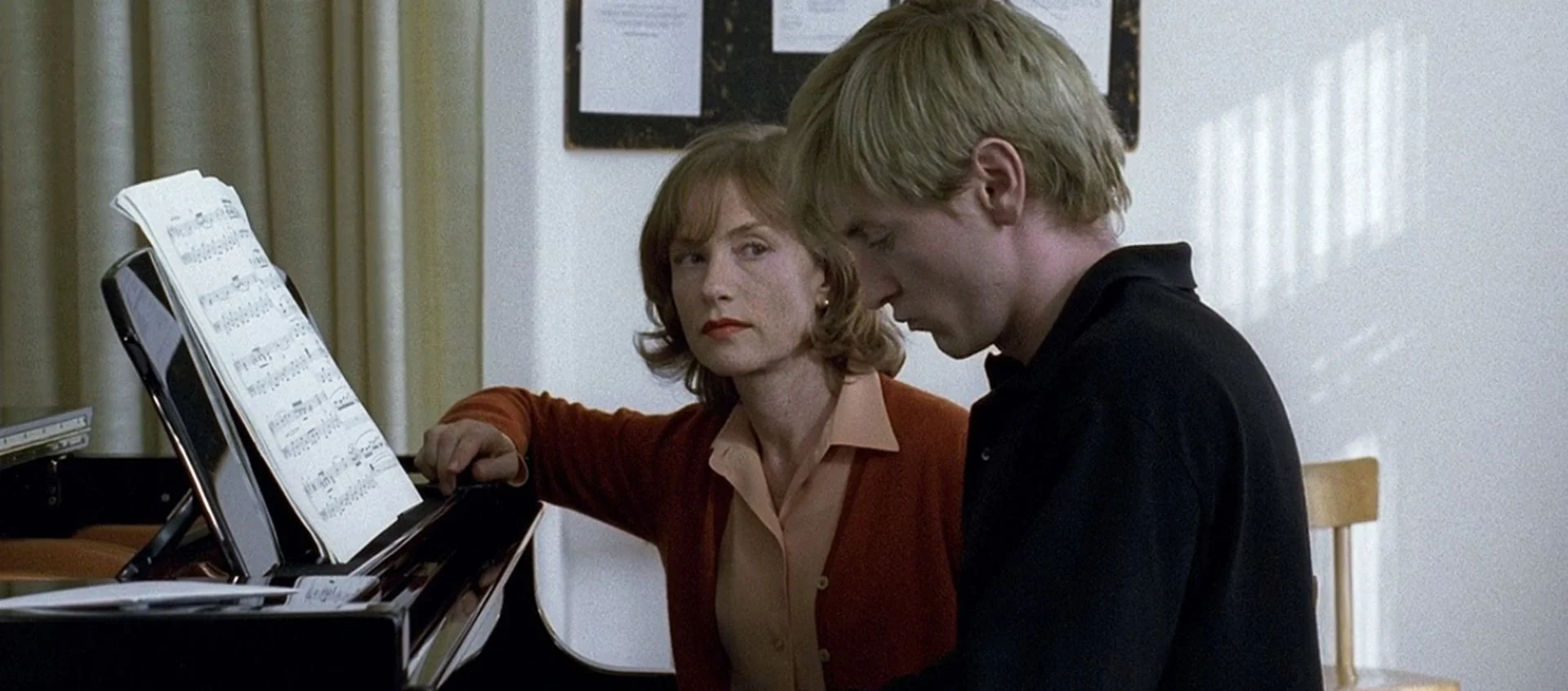100 Best Films That Center Womens’ Experiences
It’s time to shine a spotlight on the stories that resonate with women from all walks of life. These ten extraordinary films not only put women front and center but also delve deep into their struggles, triumphs, and journeys of self-discovery. Get ready to be moved, inspired, and captivated as we explore the best films that beautifully capture the essence of women’s experiences. These powerful stories will leave an indelible mark on your heart and remind you of the incredible strength and resilience of women everywhere.
Jump to the top 10:
Given the original real-life story behind it, perhaps it shouldn’t be surprising that The Girl with the Needle was so bleak. Serial killing, after all, is bad. But rather than focus on the historical killer, writer-director Magnus von Horn hones the camera to focus on one such mother that would have sought for help from Dagmar Overbye, on the circumstances that would have pushed them there, and the terror that they felt once they realized the truth. With gothic black-and-white shots, impeccable framing, and an excellent performance from Vic Carmen Sonne, The Girl with the Needle is harrowing and heartbreaking, especially with how it still remains relevant to our time.

All We Imagine as Light is a political film that has many smart and moving things to say about the loneliness of migrating from the country to the city, the double standards women face on the daily, and the ever-widening gap between the rich and poor. But thanks to director Payal Kapadia’s deft hands, these weighty themes don’t hit you like a brick in the face. Intertwined in the rich inner lives of the two Malayali nurses and the Marathi cook who lead the film, they come off as subtle and poetic, like everything else about the film. There’s a quiet power at work here, and it will entrance you till the end.
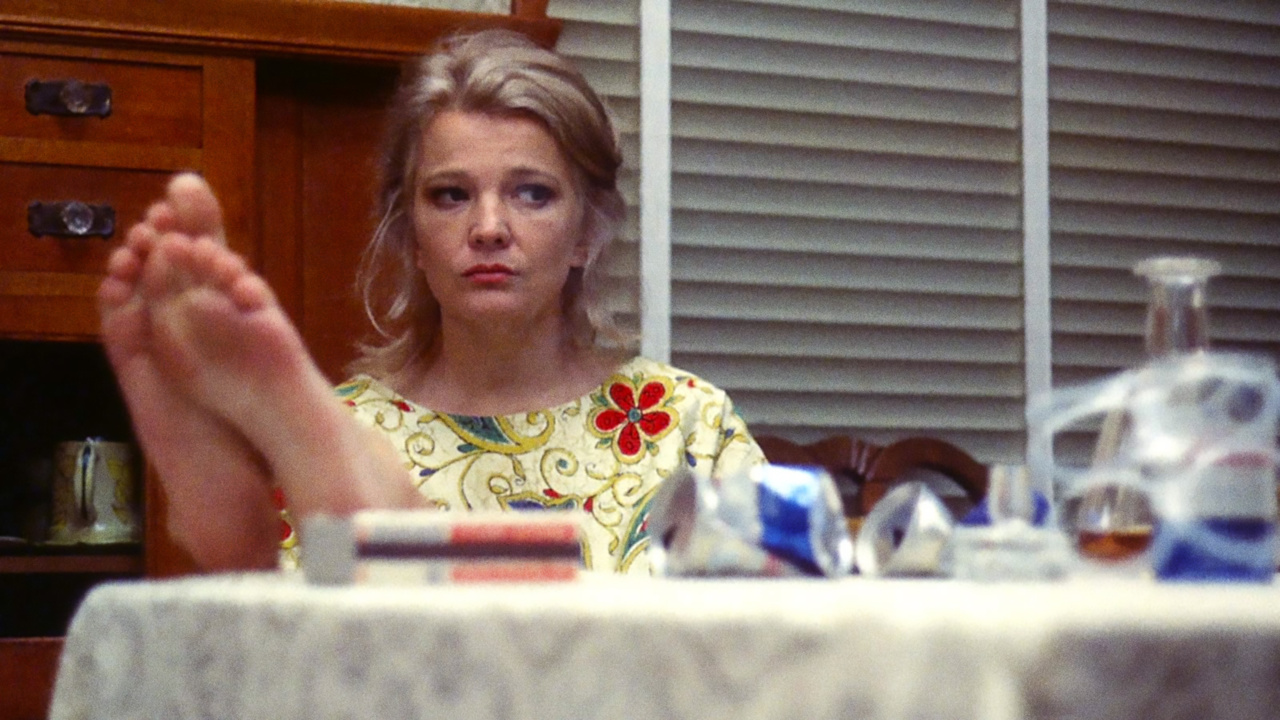
It’s been decades since director John Cassavetes released this film about a dysfunctional marriage and family, yet it still feels fresh and subversive today. It follows a middle-aged woman named Mabel (Rowlands), who is deemed crazy by the people around her—she displays odd quirks and acts more like her kids than her peers—but Rowlands gives her character a lot more nuance than that. She’s also desperate and lonely, as well as full of love and wonder. In contrast, her husband Nick (Falk) seems like your normal patriarch—strict, sociable, and aware of social cues and norms. But is Nick, in all his toxic masculine bravado, just as crazy as his wife? Cassavetes demands us to question our concept of normal here, of gender norms and familial expectations. And his intentions are brought to brilliant life by brilliant performances, notably by Rowlands who was nominated for a Best Actress Oscar for this role.
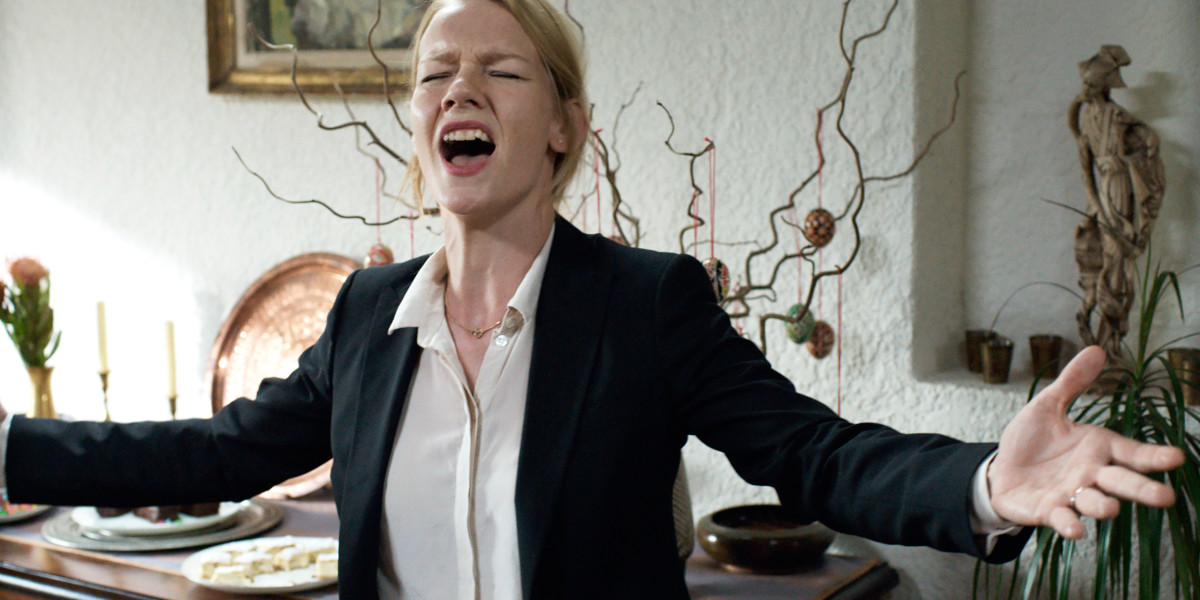
Good movies usually aren’t lengthy movies, unless we’re talking about cases like Toni Erdmann. It’s a supremely smart German-Austrian comedy that depicts the story of a Father-Daughter tandem in light of life’s weirdest, most inconvenient moments. Deciding to visit his daughter on a whim after his dog dies, Winfried (Peter Simonischek)—a man known for his outrageous pranks and many a disguise—flies to Bucharest. Ines (Sandra Huller), the daughter, buzzing with work to the brim in a very challenging job, to say the least, isn’t impressed. This leads to even more uncomfortable encounters as the estranged father poses as the title character, life coach to the disapproving daughter’s boss. On top of being a shrewdly observed and relevant movie, the brilliant writing by Maren Ade crafts something thoroughly enjoyable and heartfelt here, highlighting the importance of family bond in an oddly sweet way, and criticizing modern-day work ethic and the toll its taking on us. The beginning is a bit slow, but if you’re a bit patient you will be surprised how much this movie will reward you.
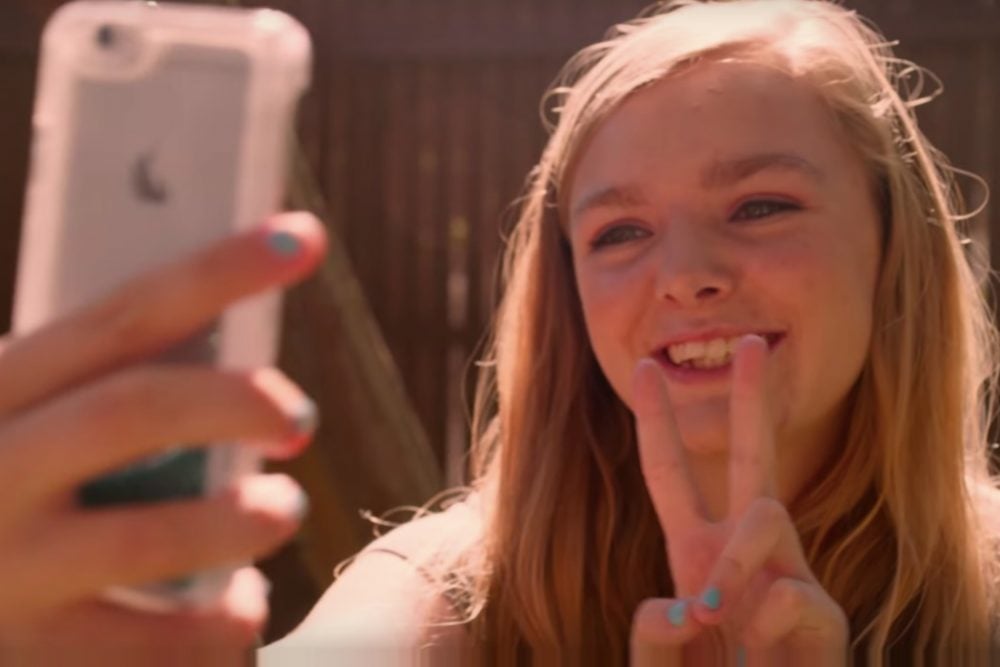
You live in a strange world. Or at least, that’s what the generation before you thinks. Eight Grade is a movie that follows a girl going through her generation’s strange world. Social media, selfies, Youtube; you name it. But also, the weight of her expectations (as shaped by the internet) versus her reality. Written and directed by famous comedian Bo Burnham, it’s a gentle and often funny look at our anxieties and how they shape our growth. Prepare for a lot of cringes.
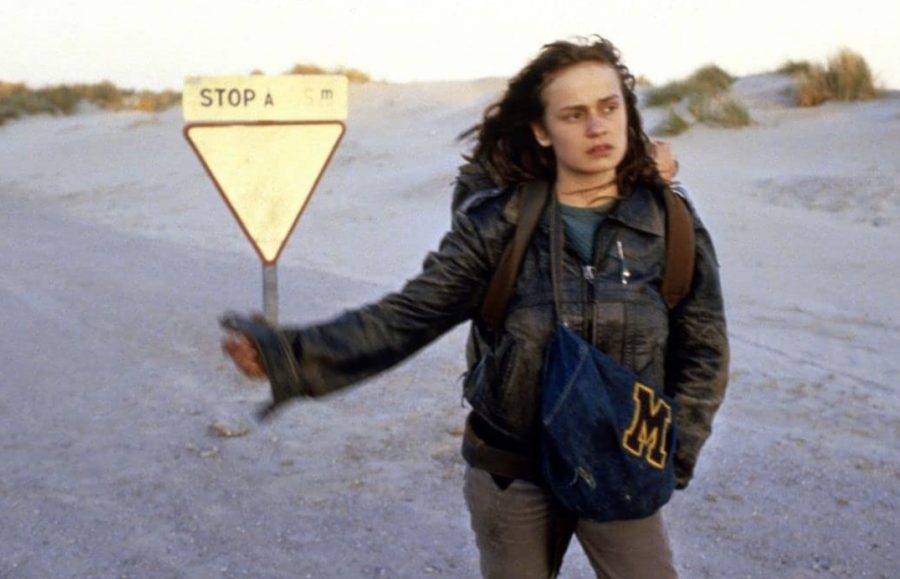
Even before Agnès Varda pivoted to documentary filmmaking, she was a pioneer of French cinema. Her film Sans toit ni loi (Vagabond) is one of her most harrowing dramas.
Varda’s sensibilities as a burgeoning documentarian are apparent as the film opens on the corpse of a woman lying dead in a snow-covered ditch. Through flashbacks, we trace the titular vagabond’s steps to uncover how she ended up alone and dead. The camera follows its subject from a safe distance, as if tracking a wild animal. Alongside the woman, we hitchhike across the French countryside, encountering hostile men, treacherous winter weather, and occasional glimpses of hope, connection, and familiarity. Vagabond succeeds at portraying a complicated woman—Varda understood that women, above all else, are people, with dark interiors, difficult choices, and uncertain impulses.
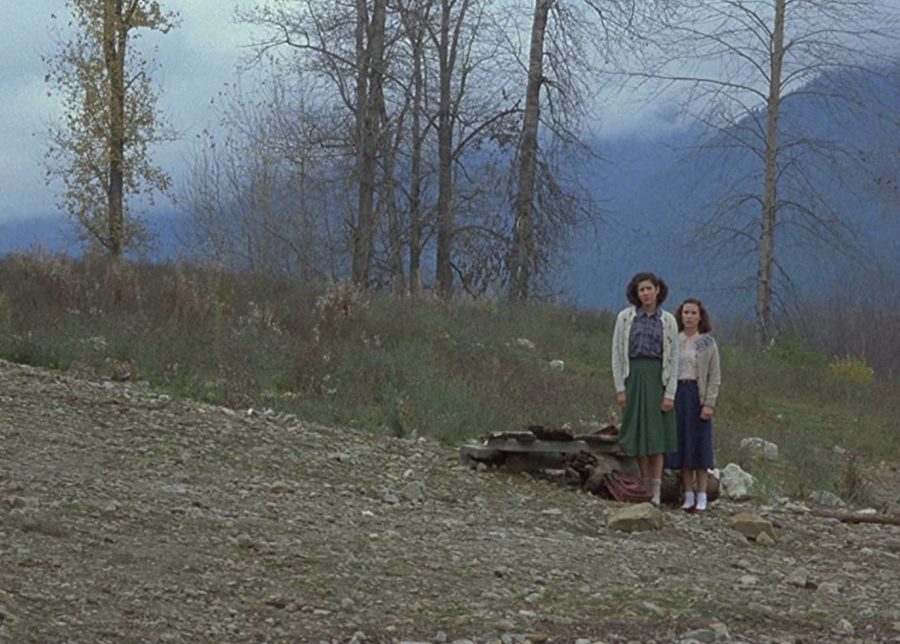
Bill Forsyth, an acclaimed Scottish director best known for his films Local Hero and Gregory’s Girl, directs an underrated masterpiece with the 1987 drama Housekeeping. Adapted from Marilynne Robinson’s outstanding novel, Housekeeping is the story of two sisters, Ruthie and Lucille, who are orphaned and raised by their peculiar Aunt Sylvie.
As the young sisters grow apart, Ruthie gravitates toward her transient aunt. This is a movie about not quite fitting in—about feeling like your life exists just outside of modern time, somewhere off to the side of railroad tracks running over frozen water. Sylvie shows Ruthie that there is more to life than their small, cold town of Fingerbone. In fact, there is a whole world out there, calling to misfits like them.
Housekeeping is deftly directed, balancing both humor and tragedy. Christine Lahti’s performance is also, with no exaggeration, one of the greatest of all times, as she conveys so much of Sylvie’s yearning to go, go, go with as little as a glance toward the beckoning horizon.
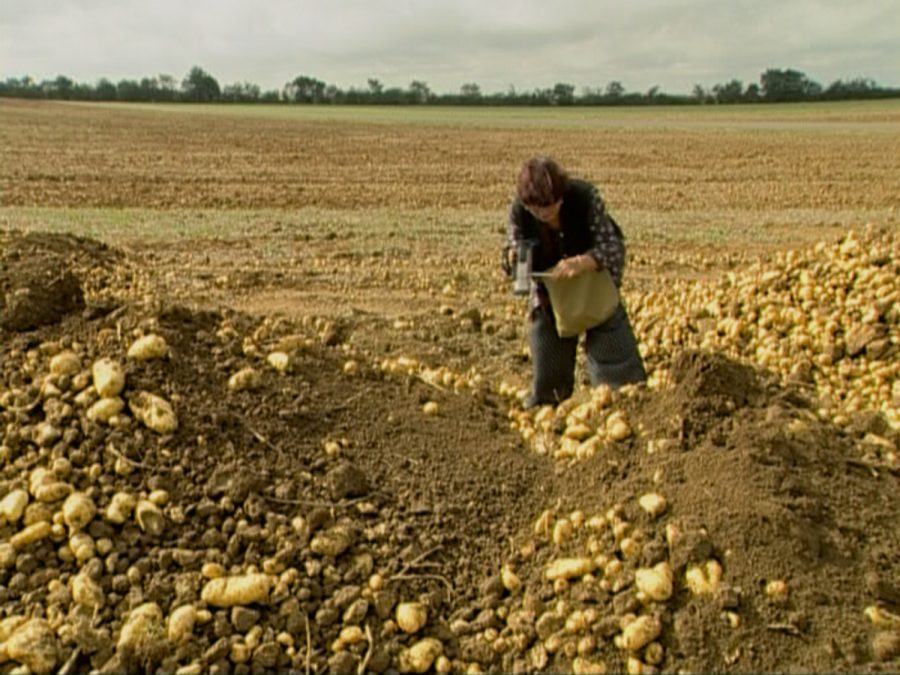
Les Glaneurs et la Glaneuse (The Gleaners and I) is one of the late Agnès Varda’s great documentaries. The film follows “gleaners”—scavengers and collectors of discarded garbage or abandoned items—from the French countryside into the city. The first of Varda’s subjects recalls, “Gleaning, that’s the old way,” marking a clear distinction: old versus new, rural versus urban, wasted versus repurposed.
Fans of Varda will recognize the signature tenderness with which she approaches both her subjects and their objects. Those new to her work will be sure to find something familiar in this documentary: a film largely about loss, but which approaches its ideas of modernization and time with humor and lightness. Among the rubble, there is joy yet to be found—and in this documentary, there is a great comfort, too, to be gleaned.
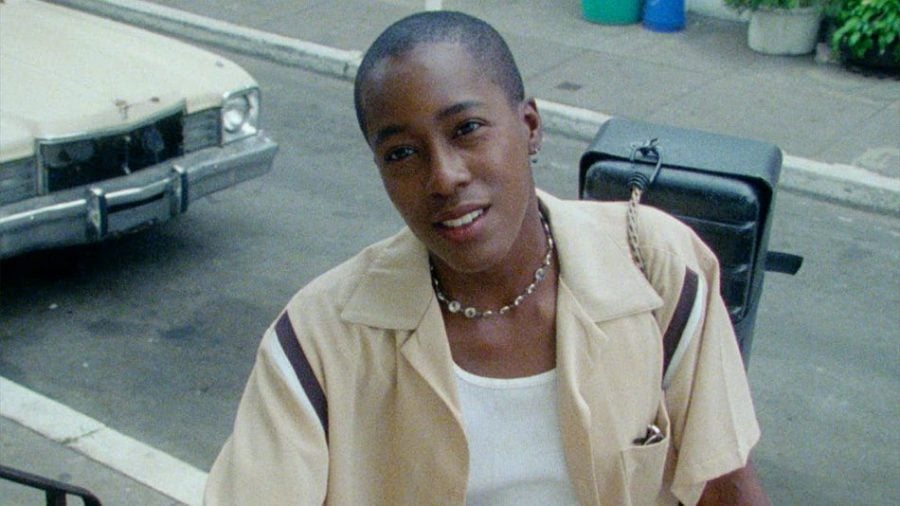
This drama was the first feature written and directed by an out Black lesbian, Cheryl Dunye, and it is an absolute joy: a cheeky faux-documentary that ingeniously blends lesbian dating life with a historical dive into Black actors in 30s Hollywood.
Dunye plays Cheryl, a self-effacing version of herself, an aspiring director working at a video store who begins to research an actress known as the Watermelon Woman for a documentary. The more Cheryl dives into her research, the more she sees parallels between her subject and her own relationship.
As incisive as it is funny, The Watermelon Woman shares some common ground with other major indie debuts of the era like Spike Lee’s She’s Gotta Have It and funnily enough Kevin Smith’s Clerks, but Dunye’s style is wholly her own and a dazzling treat to experience.
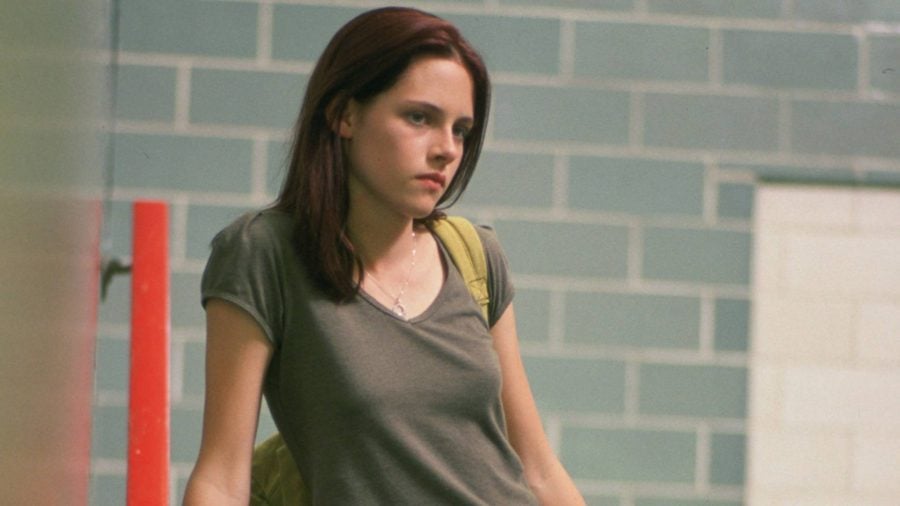
Kristen Stewart stars as Melinda, a girl entering the gauntlet of freshman year in high school who is also carrying a heavy secret: after suffering an assault over the summer at a party, she has become determined to speak as little as possible. Melinda’s subjective experience is presented without mediation, melodrama nor moralism, but rather as life through her eyes: teachers are puff-chested bullies; parents are mumbling, ephemeral strangers; whispering girls are talking about her, all the time. It is a realistic portrait of the inner life and experience of a young woman whose sudden introversion, academic decline, and loss of social connections appear to go completely unnoticed, while she struggles to process and unburden herself of the weight of trauma. It’s an empathetic story well-served by Stewart’s understated performance and the film’s quiet pace.
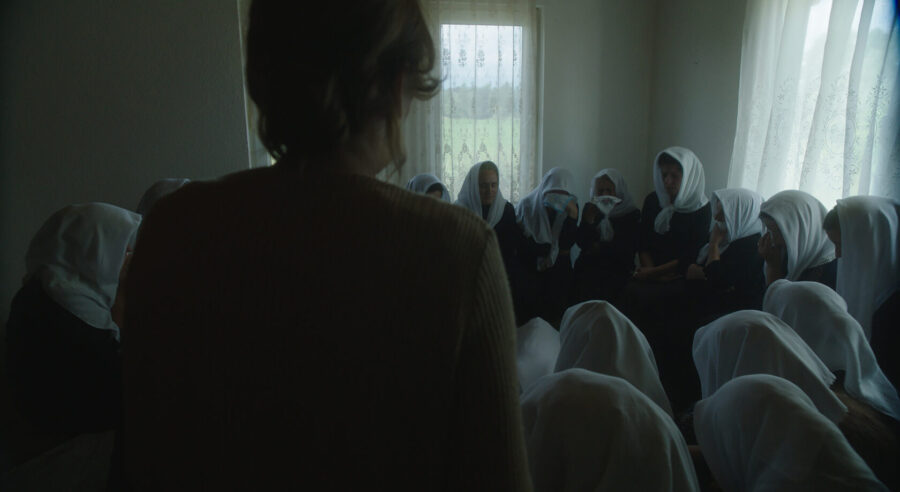
Antoneta Kastrati’s debut feature film Zana follows Lume, who appears guarded and subdued as she goes about her daily routine: milking the cows, harvesting crops and flowers, hanging laundry out to dry. Part of Lume’s routine also includes visits to the doctor, accompanied by her mother-in-law and husband, who pressure her to conceive.
When conventional medical advice does not yield a viable pregnancy, Lume is brought to a witch doctor, and later a televangelist. The former suggests Lume may be cursed, while the latter insists she is possessed by a supernatural creature called a jinn. Lume appears largely apathetic, at least outwardly. But slowly, she starts to unravel—and with her undoing comes the reveal of the war that traumatized her.
Kastrati’s family drama has elements of horror, but the real terror here is psychological. It makes for an important exploration of a deeply patriarchal society that is only beginning to heal the collective traumas of a complicated war, and how its violence continues to ripple through time and into domestic life.
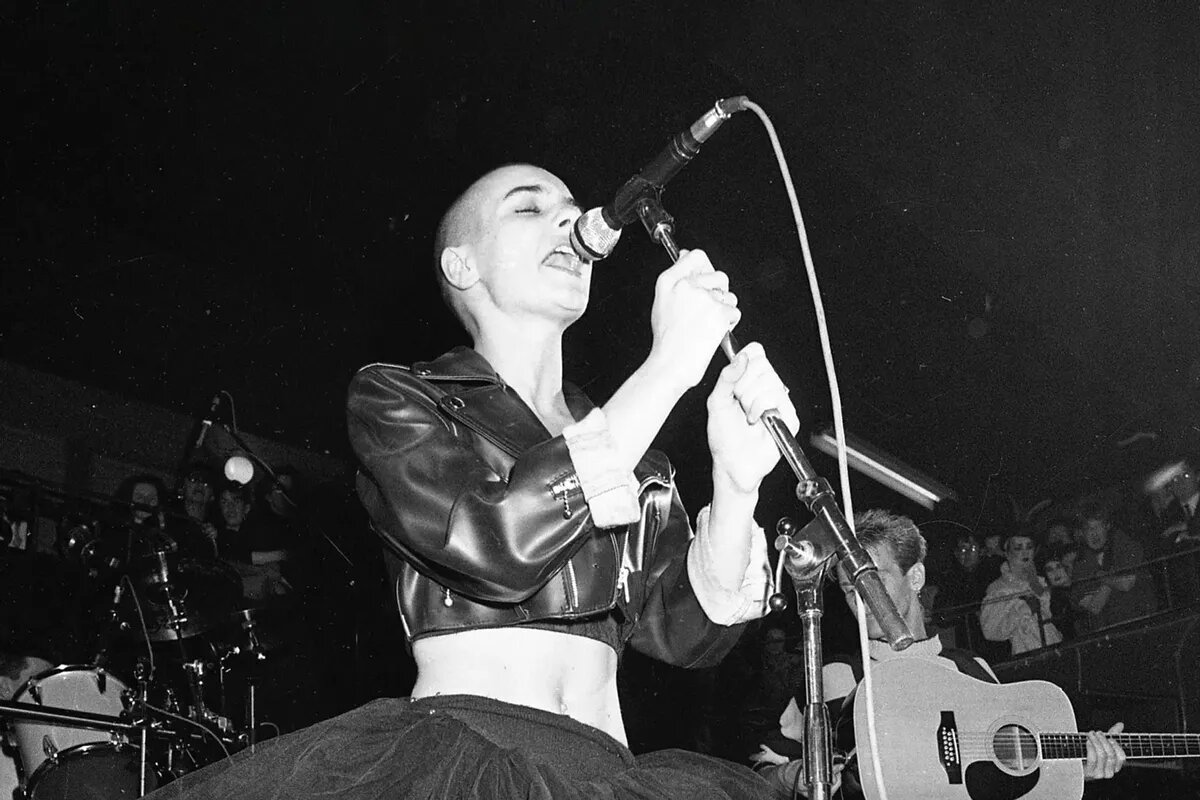
Nothing Compares weaves a poignant story about one of the most misunderstood artists of our time, Sinéad O’Connor. The iconoclast first made waves in the ’80s with her catchy music, but she quickly reclaimed the reins of her own fame and used her platform to champion marginalized causes, long before pop stars were expected to do so.
The documentary zeroes in on this part of O’Connor’s life: what prompted her to music and how she used it as a tool of activism. The answers are multi-faceted and handled here with extreme grace. Like the many from her generation, O’Connor struggled with religion and abuse, such was the Catholic Church’s hold on Ireland at the time time.
The film contextualizes her once-shocking moments and reveals how they were all grounded on things she cared about. It’s a beautiful piece of work that reassesses and redeems a wronged artist who was ahead of her time.
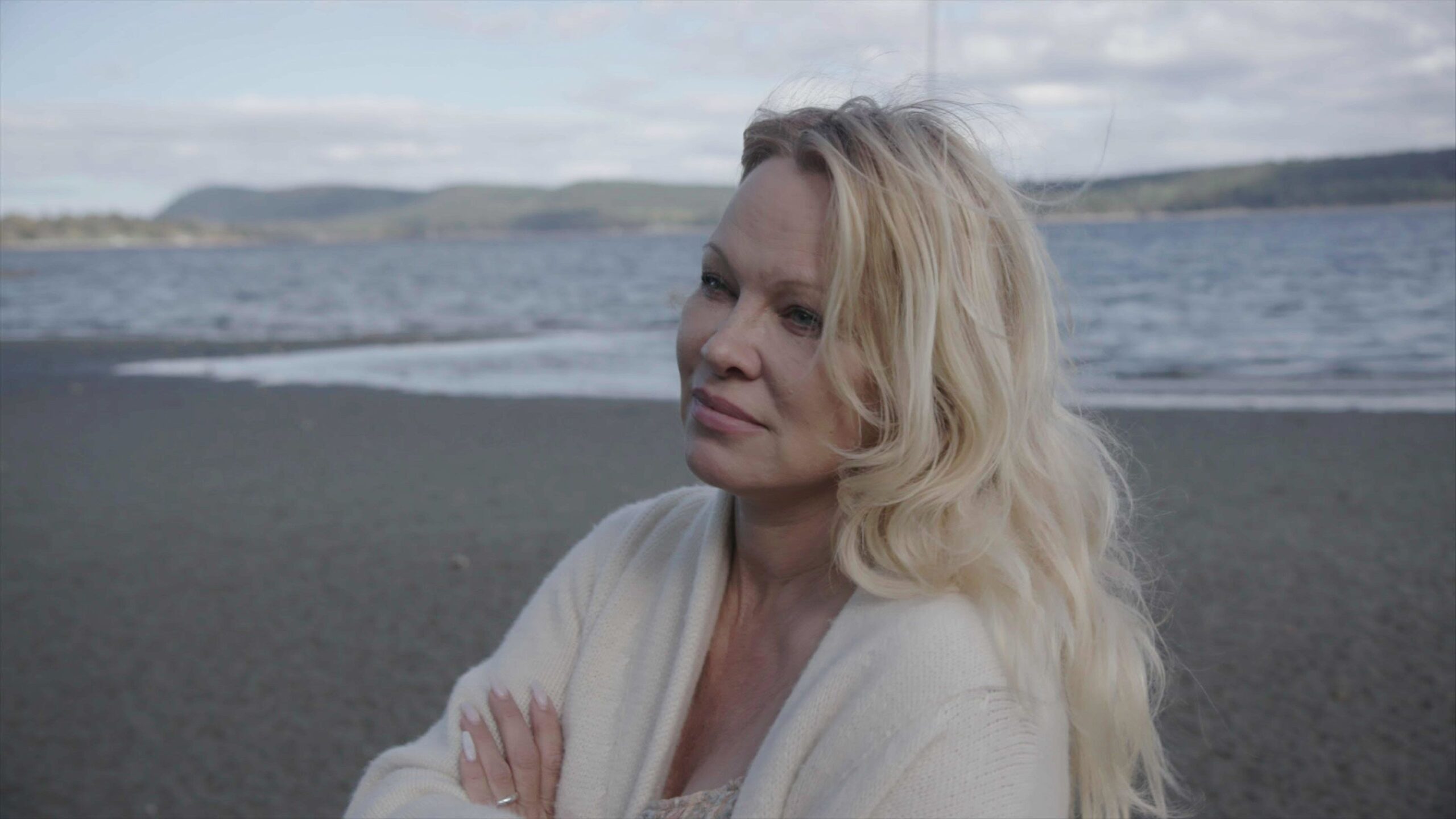
I love when a misunderstood woman reclaims her narrative with her own words, and that’s exactly what Pamela: A Love Story is too, a tell-all documentary told by Pamela Anderson herself.
The documentary bares it all—the scandalous sex tape, Anderson’s troubled past, the disgusting misogyny that continues to tarnish her career. She even touches on the Hulu miniseries made about her demise (which Netflix must feel so smug about). But this isn’t a pity party. Just the opposite, the documentary is a testament to resilience. “My life is not a woe-is-me story,” Anderson says at one point, and truly, this is an inspiring and humanizing story about a woman taking charge of her own life. An absolute must-see.
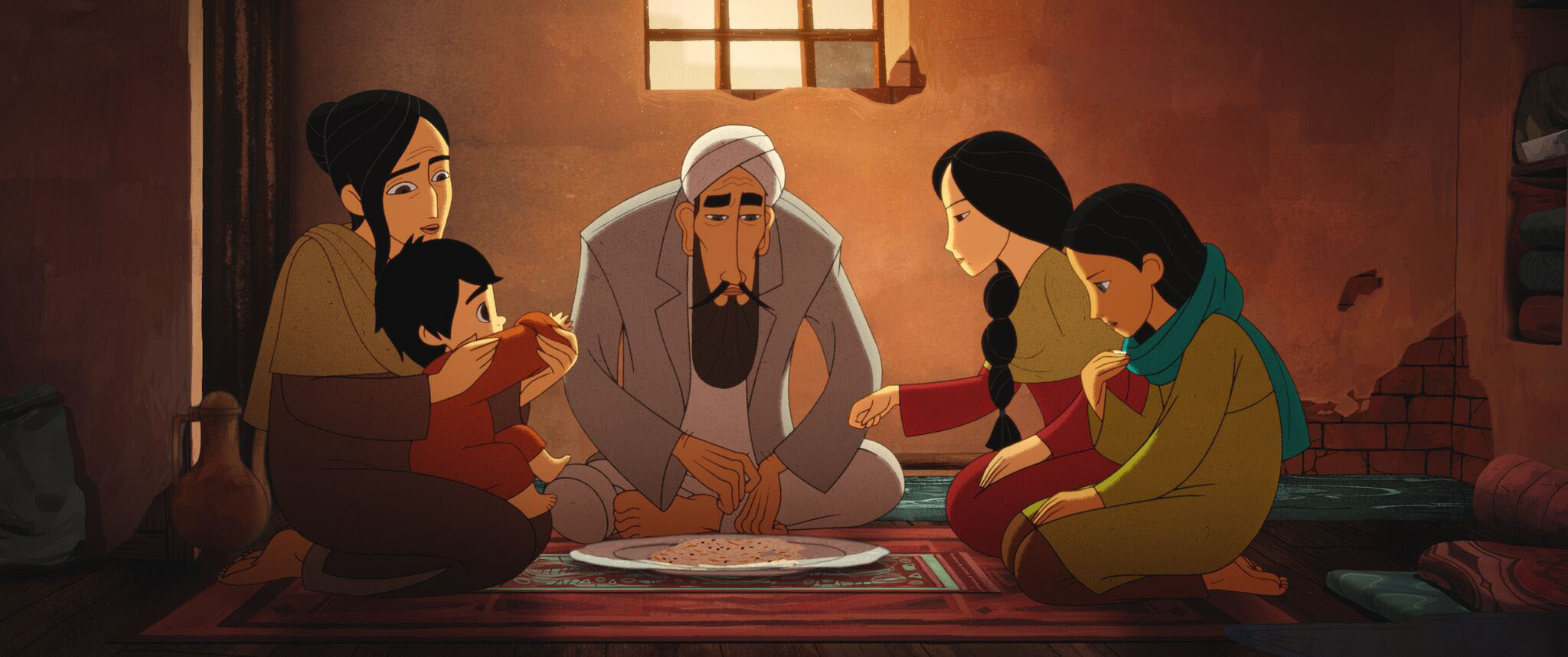
The Breadwinner is as beautiful as it is heartbreaking. The animation is magical as it seamlessly jumps back and forth between Parvana’s stark reality and richly detailed fantasy. It’s a wonder to just look at, but it’s a tapestry brought to life by the story at the center of it.
Set in 2001, at the height of Taliban rule in Afghanistan, the film follows Parvana, a young girl driven to desperate measures to keep her family alive. Because of the violent restrictions imposed on women (they’re not allowed to buy, sell, study, or practically do anything without a male chaperone), Parvana disguises herself as a boy so she can work for a living. The more she gets away with it, the bolder her attempts get. It’s a story of survival and standing up, but it’s also a sobering reminder of what fundamentalism is capable of doing (or more accurately, ruining). As long as cruel systems like this are taking place in the world, Breadwinner remains essential viewing for all.
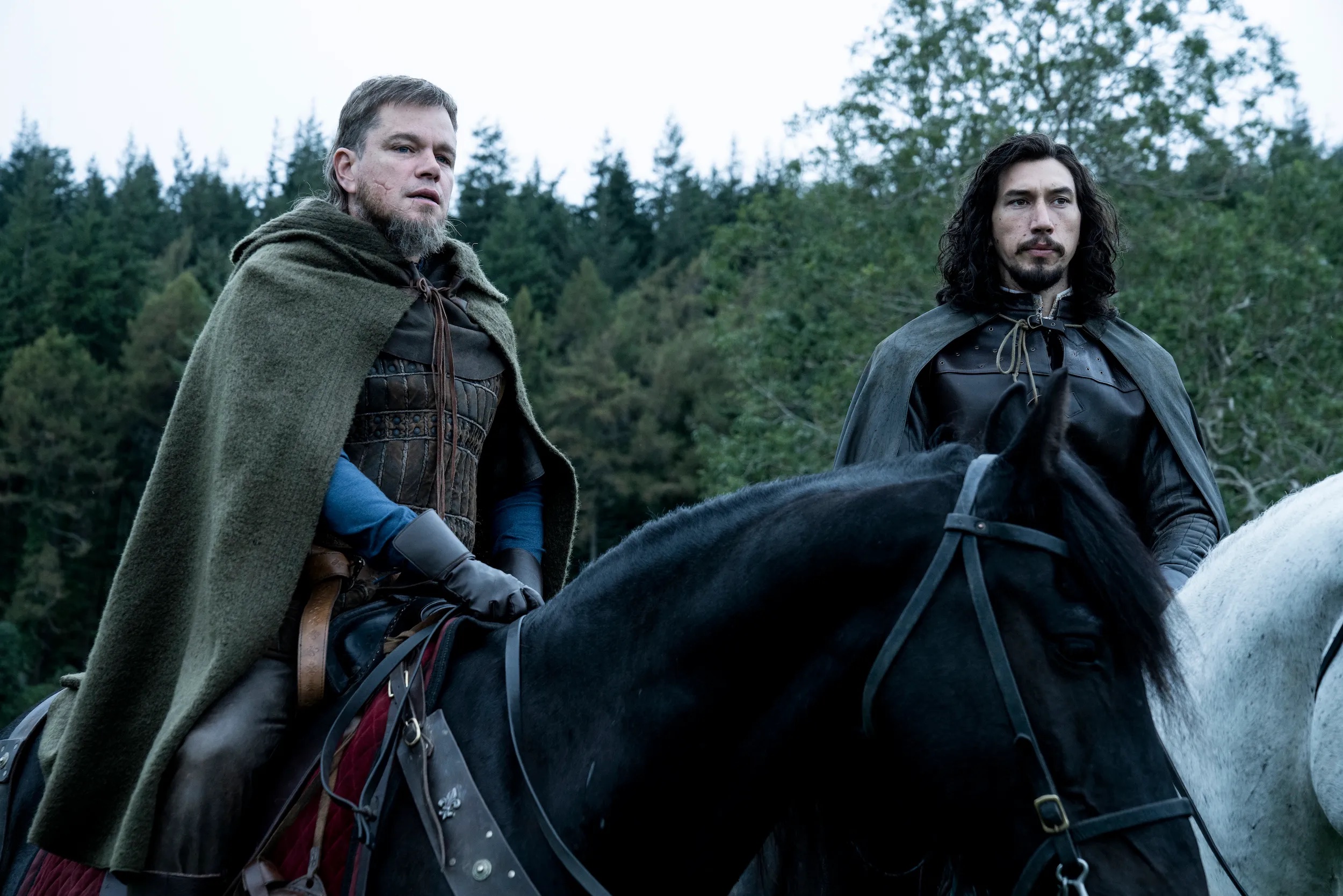
The Last Duel propped high expectations as the Closing Film at the 2021 Venice Film Festival, but its theatrical release later that year proved to be a flop. Ridley Scott blamed it on millennials, but both critics and streaming audiences have been much more favorable than moviegoers. As a film, it’s a rather monumental project: quite a dark period piece set in Medieval France, dealing with harsh and offensive themes. Or better said, it deals with ethics and morality through these harsh and offensive themes. There are many ways where this could have gotten wrong—and it’s evident from the labels that have been circulating from the very beginning, that Scott has made his “MeToo” movie—but the truth is much more nuanced. From Eric Jager’s 2004 book to a script co-written by Ben Affleck, Matt Damon, and (most importantly) the astute Nicole Holofcener, The Last Duel is really the best of both worlds: action-packed and devoted to the right side of history.
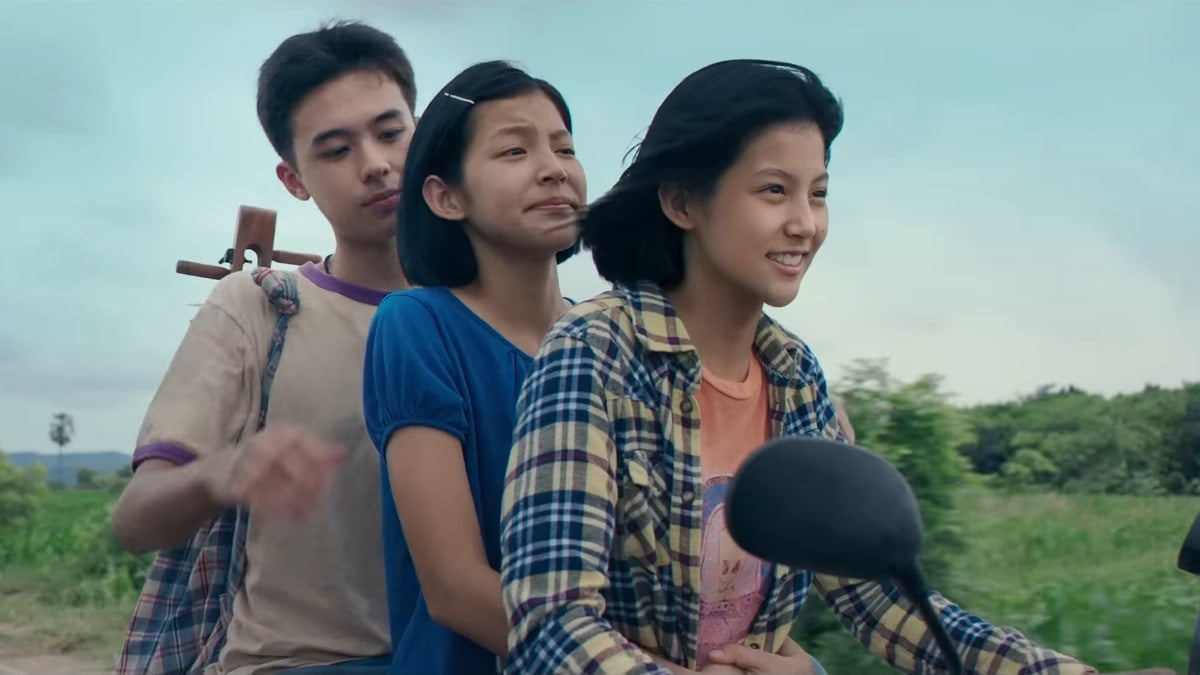
With the nostalgia and the twin love triangle, at first glance, You & Me & Me seems like nothing new. However, this Thai coming-of-age drama is done so well that it feels entirely unique. Taking inspiration from the childhood of twin writer-directors, You & Me & Me brings us to a summer vacation in Isan, north Thailand, where the twins, distinguishable only by a mole and by dual-sided acting of Thitiya Jirapornsilp, encounter a boy named Mark. Amidst test taking, phin lute playing, and rowing in lotus filled lakes, their summer evokes some nostalgia, but also some drama, as their first forays into love threaten their bond. While the pacing is slow, and it does focus on the love triangle, You & Me & Me cares about each twin as they start to delve into new experiences outside of their duo. The film is a sweet and nuanced tale of twin sisterhood, but also a love letter to the Hongvivatanas’ childhood summer home.

Artist and filmmaker Clio Barnard put herself on the map of new British talents with her 2010 debut The Arbor, a daring, genre-bending biopic about Bradford-born playwright Andrea Dunbar and her tragic personal and impressive artistic life. Coming from a poor working class family with seven siblings, Dunbar wrote her first play age 15. She died in 1990, aged 29, and left a legacy of three plays in total. Knowing how under-appreciated her work has been, Barnard decided to revive the life that imbued Dunbar’s creations. Rather than staging a conventional documentary, the director features interviews with family and friends, performed and lip-synced by actors in front of the camera. She also adds re-enactments of the plays that feature the estate where Dunbar grew up, as well as archival footage of her TV appearances. The Arbor is an experimental documentary, but that doesn’t prevent it from being touching, humane, and a special tribute to art flourishing in adverse circumstances.
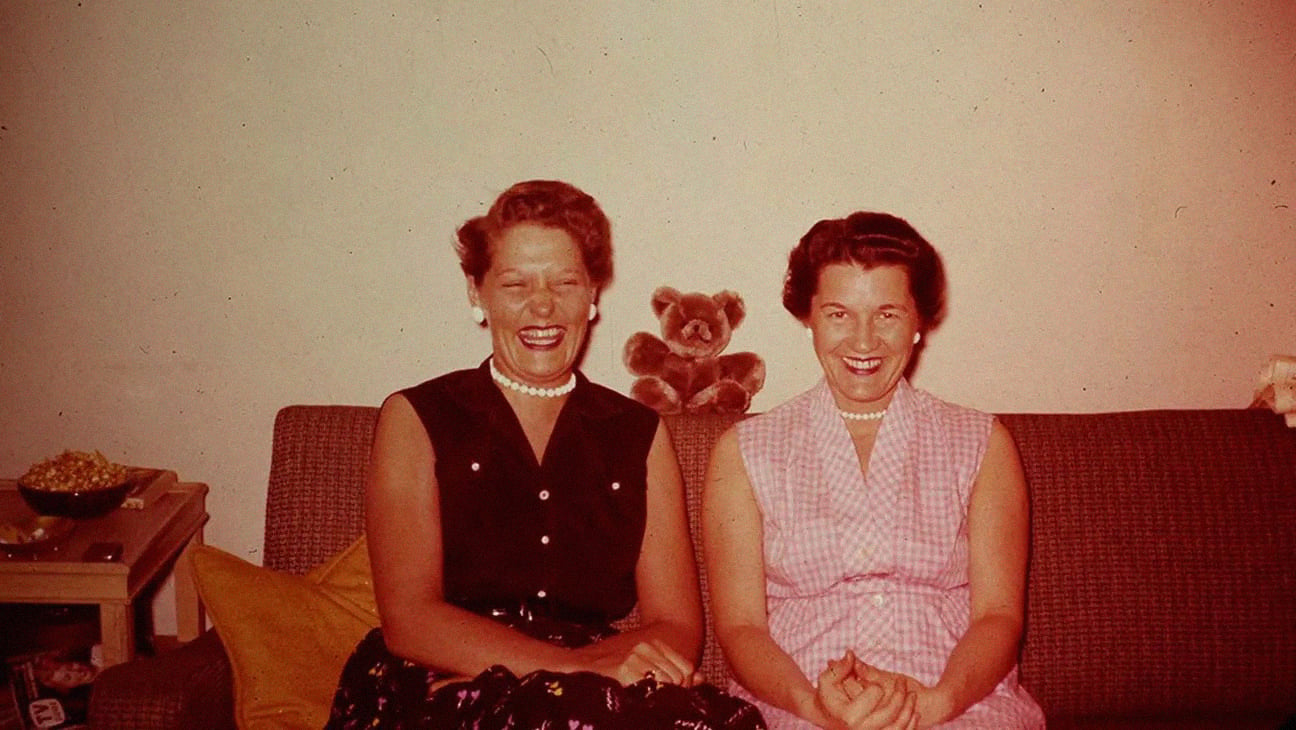
Even when it necessarily tackles the difficulties that are part and parcel of same-sex love in the 20th century, there’s something pleasant about the way A Secret Love is told. The documentary puts Terry and Pat’s love above all else, so even though we hear about how they had to tear the bottom pages of their letters to avoid getting caught, or how they had to split from close family members after coming out, things never feel too heavy or dire because at the end of the day, they’re still together, their decades-old companionship a beautiful example of how love wins. And aside from giving us an intimate look at this rare win for elderly closeted couples, A Secret Love serves as an insightful portrait of elderly life. Terry and Pat, with their perseverance and unyielding support, make aging look beautiful rather than scary.
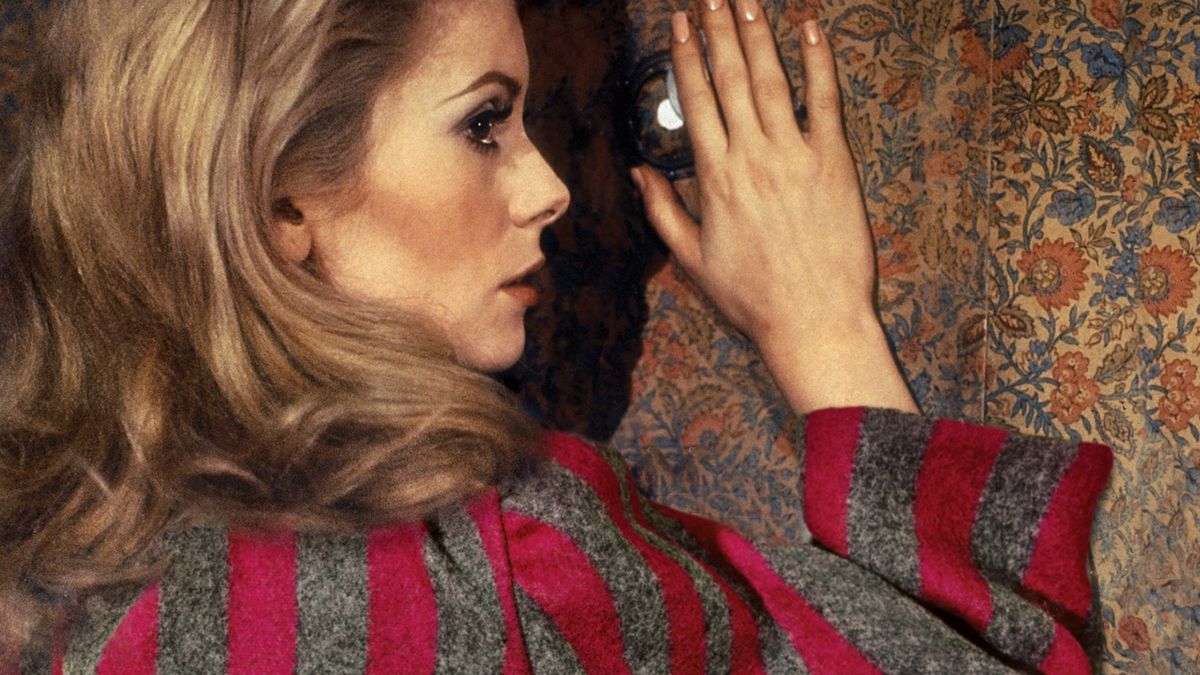
What makes something sexy? Belle de Jour doesn’t have any definite answers, nor does it present a straightforward narrative, especially with the way it slides in and out of the titular beauty’s fantasies and her reality. Still, the way director Luis Buñuel directs this film adaptation clearly holds an understanding of what makes something erotic. The masochism of Catherine Deneuve’s Séverine might be understood by today’s more sexually liberated audiences, but the rest of her desires and the images deliberately left out could easily baffle viewers or maybe even trigger the same feeling a bored, rich housewife would get. Belle de Jour understands something that can’t be easily put to words, and it’s this understanding that made this psychological drama a surrealist classic.
With the anonymity of the internet, it’s hard to trust that the stranger on the other side would be a good person. There’s catfishers and scammers and trolls, oh my! Once in a while, however, you do meet someone cool. Bob Trevino Likes It was inspired by a real life friendship writer-director Tracie Laymon had, and that lends to how personal the entire film feels. Bob and Lily feel real. It’s in part to how Laymon introduces their loneliness in a world that doesn’t treat them right, but the tender, pseudo-parental chemistry formed between Barbie Ferreira and John Leguizamo carries the writing in such a realistic way. The kindness that they share feels transformative, and it’s genuinely moving to see them work towards caring for themselves because of it.
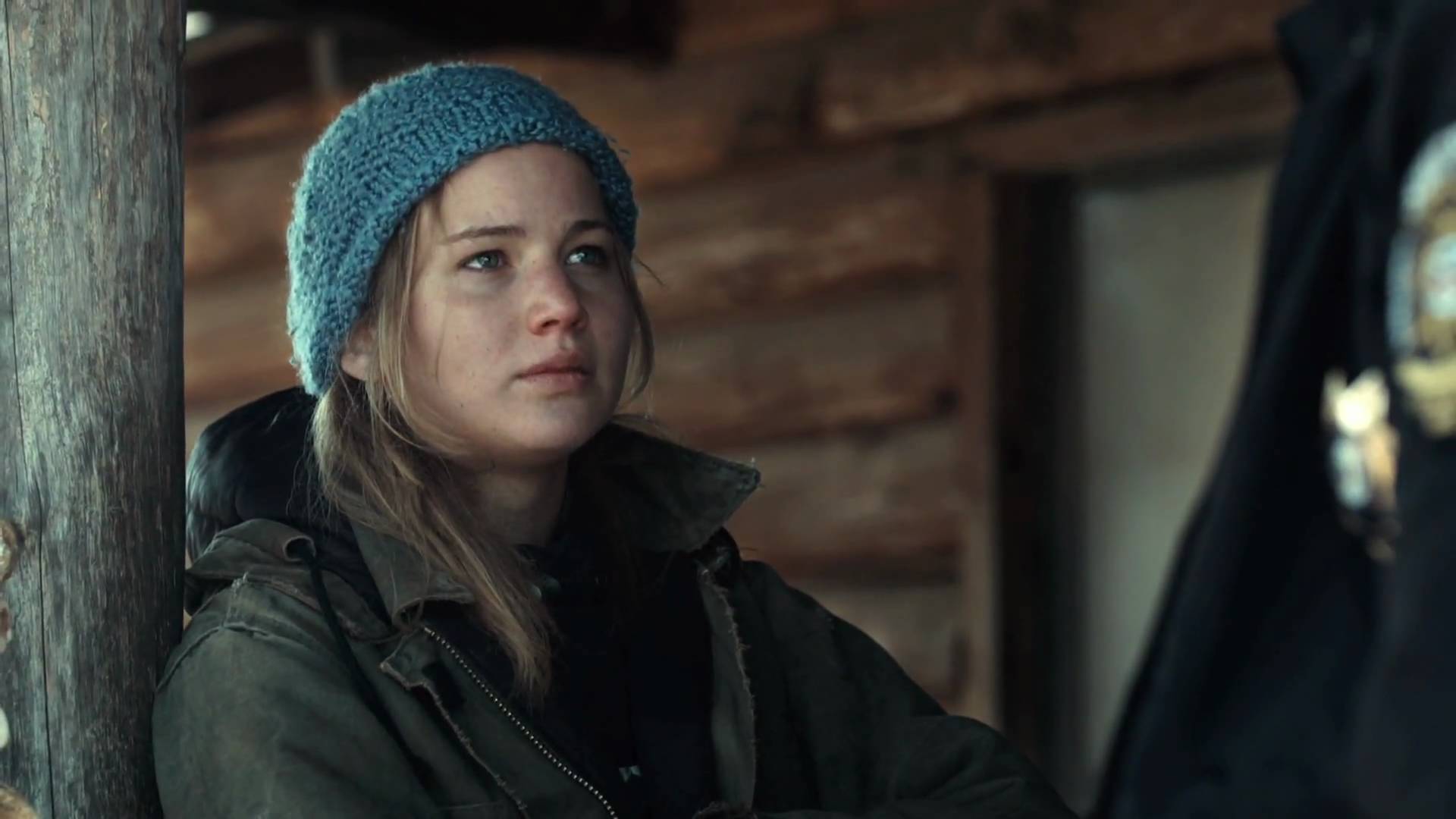
A young girl is looking for her father while struggling to care for her family. The film is bleak and slow but great performances from the cast, especially the lead, will keep you engaged throughout. The story has a very real, raw, and natural feeling to it, so natural in fact that at times, you will forget it is a movie. And in many ways, it feels that Winter’s Bone is to Jennifer Lawrence what The Believer was to Ryan Gosling, as her performance is nothing short of perfect.
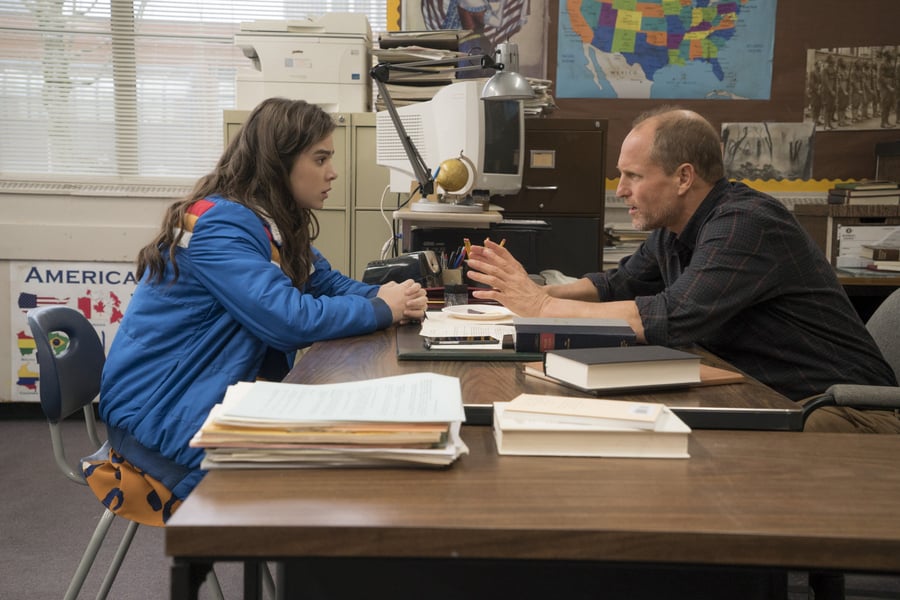
A wonderful, witty teen comedy—possibly the best the genre has known in a long time! In a powerhouse performance, Hailee Steinfeld plays Nadine, a high school junior at peak angst and awkwardness. Her roller coaster journey through family, friends, lovers, or lack thereof, gives her that all-too-common impression for people her age that life is unbearable. Things get more complicated when Nadine’s dad passes and her only friend hooks up with an unexpected person. Her temperament and humor will help her see past her demons to understand what’s important in life, putting you in privileged spectator mode to this highly smart and exciting coming-of-age story.
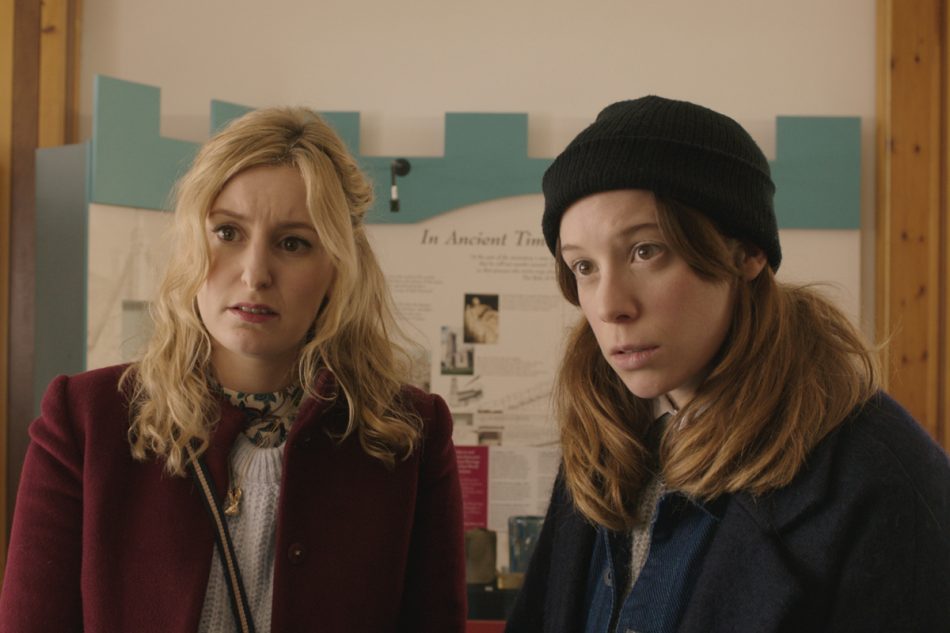
A razor-sharp script and beautiful scenery make this one of the best road movies in recent memory.
When their cynical best friend dies, Seph and Alex embark on a journey to scatter his ashes over four spots he wants to go back to. Tupperware of ashes in the glove-box, they start their big adventure.
Burn Burn Burn, an expression their friend quotes from Kerouac, is a chance for the two friends to escape their hectic city life and to discover themselves. It’s a beautiful movie.
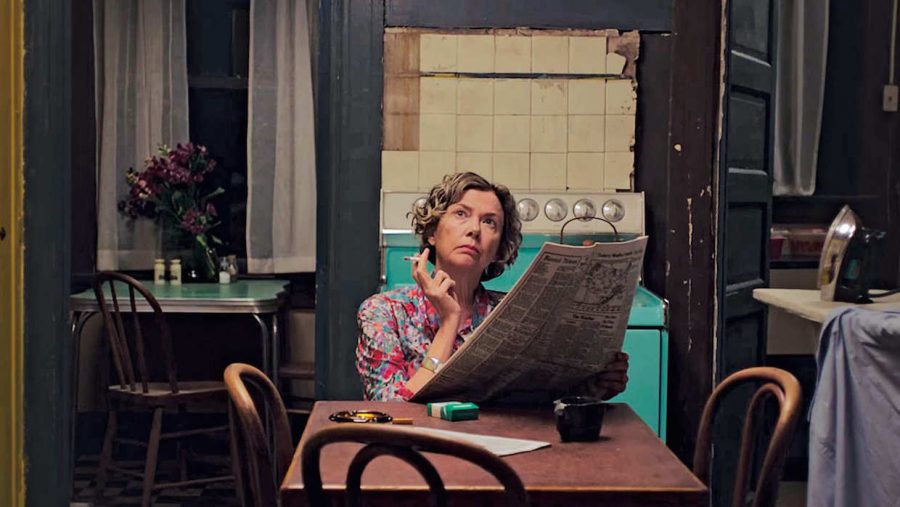
Annette Bening, Greta Gerwig, and many other big names star in this comedy-drama directed by Mike Mills (Beginners, Thumbsucker.) The story spans multiple generations but starts in 1979, where Dorothea Fields (Bening) is finding it increasingly difficult to raise her son alone. She enlists the help of two other women, one her son’s age and the other a New Yorker in her twenties who is very active in the punk scene. The three women, of three different generations and personalities as well as takes on the concept of “only a man can raise a man,” play different roles in this kid’s life. 20th Century Women is based on director Mike Mill’s own upbringing in Southern California.
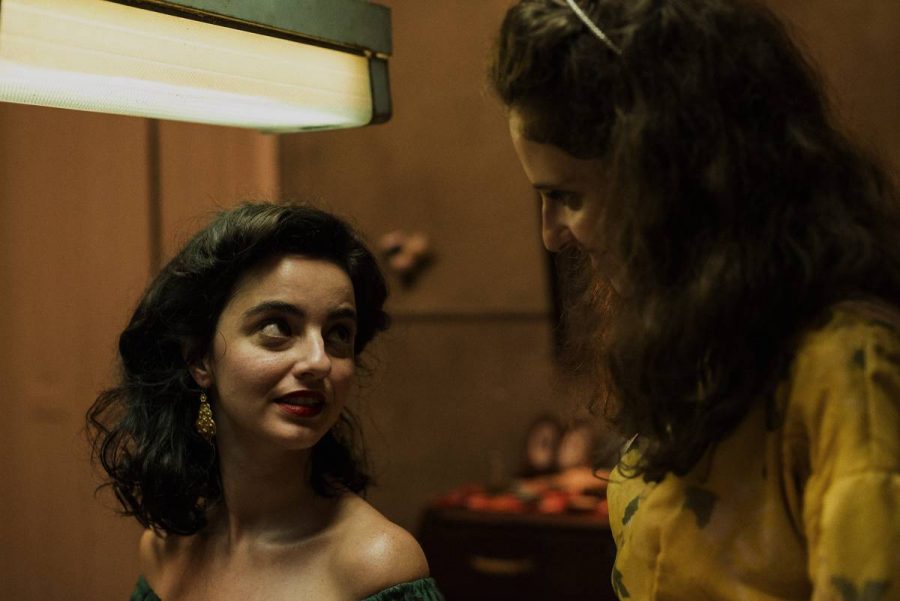
This 140-minute Brazilian drama is an epic and touching tale of two sisters torn apart. In 1950s Rio de Janeiro, Eurídice, 18, and Guida, 20, are inseparable, but their dreams soon take them away from each other, from their conservative family, and from Brazil.
After they are separated, each one of them believes the other is achieving her dreams when often the opposite was happening. Family betrayal, silence, and a suffocating social climate shatter the aspiration of the sisters but also highlight their strength.
The Fabella Hospital in the Philippines is clearly overburdened and understaffed, and though it offers some of the lowest pregnancy delivery rates in the country, it remains unaffordable to most of its patients. It has been dubbed the world’s busiest maternity hospital because of this, and its boundless flurry of activity is what Ramona Diaz tries to capture in her cinéma-vérité film Motherland.
What’s interesting and ultimately heartening about the documentary is that despite the difficulties the subjects face, they are always presented with warmth and humanity. We don’t observe them from a strict or stylized distance, but rather, we move with them when they laugh, befriend each other, worry about their babies, curse their partners, and eventually leave. Indeed, the film is a land of mothers, filled with their authentic stories before anything else.
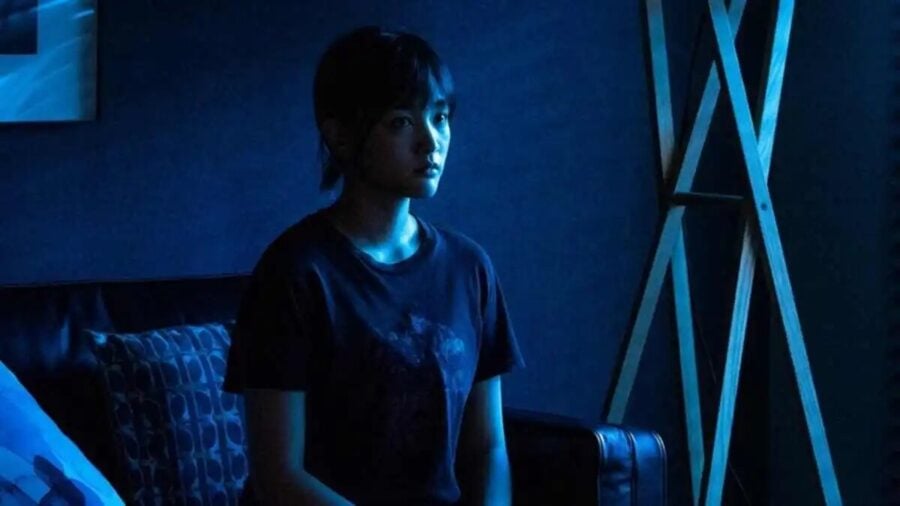
All the synopses going around the internet won’t fail to let you know that The Falls takes place at the height of the COVID-19 crisis. The film is certainly marketed that way, with commercial posters featuring the leads in ubiquitous face masks, socially distanced from the blurred crowd.
But interestingly, The Falls is not just a situational, pandemic-era story. More than anything else, it tells the story of Pin-wen and Xiao Jing, mother and daughter who, despite previously living a life of comfort, are now dealt with unfavorable circumstances (exacerbated but not entirely caused by the pandemic). Now, they are forced to navigate life with only each other, and it’s in the isolation they instate from the rest of the world do they forge a genuine and heartwrenching bond any and all family members will immediately recognize and perhaps even sympathize with.
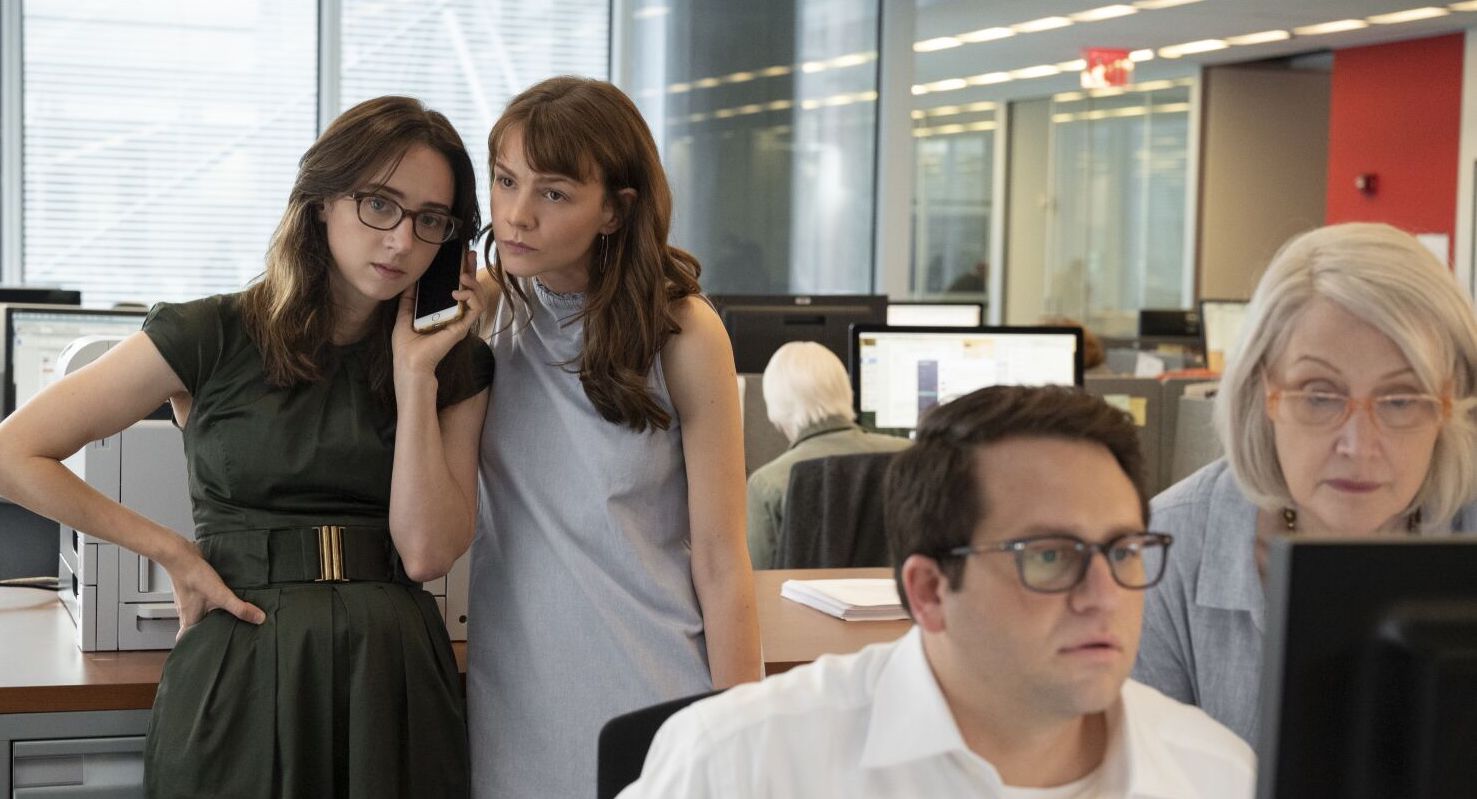
In 2017, the New York Times published a groundbreaking report by Jodi Kantor and Megan Twohey that detailed, for the first time, Harvey Weinstein’s atrocious history of sexual abuse. The New Yorker would release Ronan Farrow’s report five days after, prompting multiple survivors to share their own stories—and the rest, as you know, is history. Following Kantor and Twohey (played by Zoe Kazan and Carey Mulligan, respectively), She Said sheds light on how this pivotal moment in the establishment of the #MeToo movement came to be.
Based on Kantor and Twohey’s book of the same name, the film reveals the specific journalistic processes involved in writing this expose—a seemingly impossible feat, considering Weinstein’s hold over multiple industries, including the press. Because it’s a newsroom drama, there’s a lot of talking, but there’s also a lot of listening. Gripping, empathetic, and (even now) necessary, She Said makes for a thrilling watch.
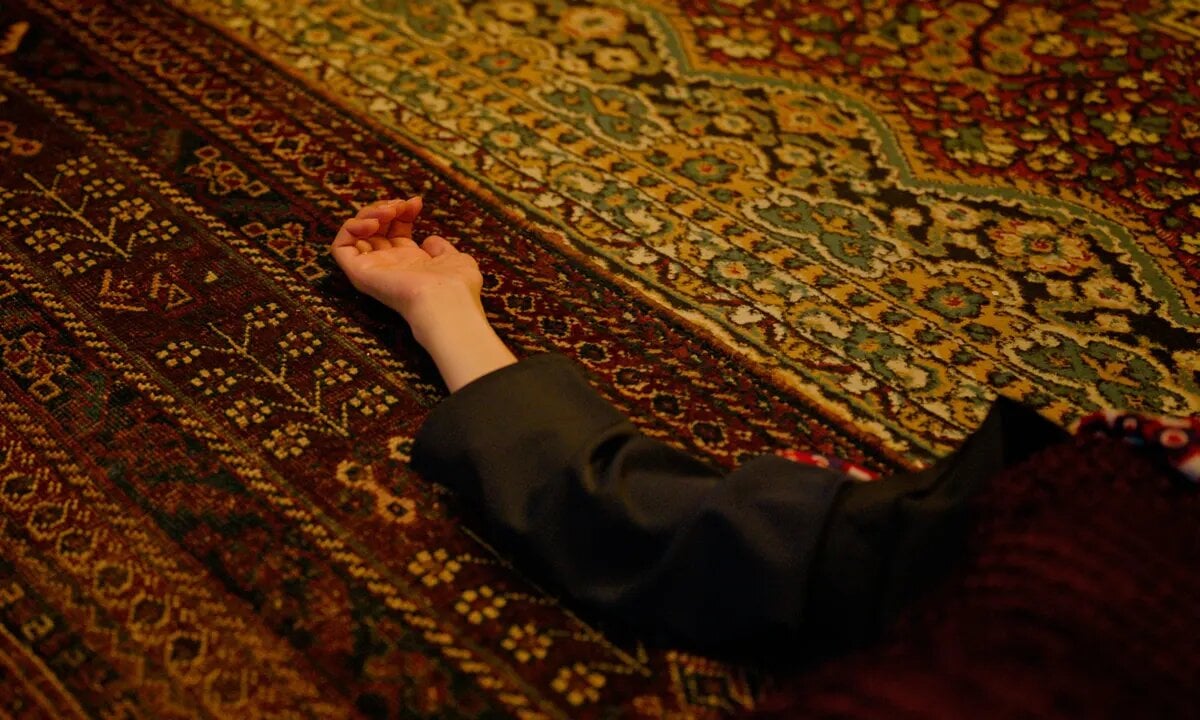
As a crime thriller, Holy Spider is taut and terrifying, a modern noir that manages to unnerve despite the familiar moves it employs. The cat and mouse chase between serial killer and investigative reporter, for instance, is a classic tale, but that doesn’t make Holy Spider any less gripping. The film benefits from artful camerawork, considered acting (as the daring journalist Rahimi, Zar Amir Ebrahimi nabbed the Best Actress award at Cannes), and most of all a nuanced take on the situation in Iran.
Despite having a clear stance against violence and corruption, nothing in Holy Spider is black and white. Contradictions abound, and even when presented with brief moments of justice, we’re left scratching our heads looking for more. Such is the case when the system, and not just an individual, is the true pest.
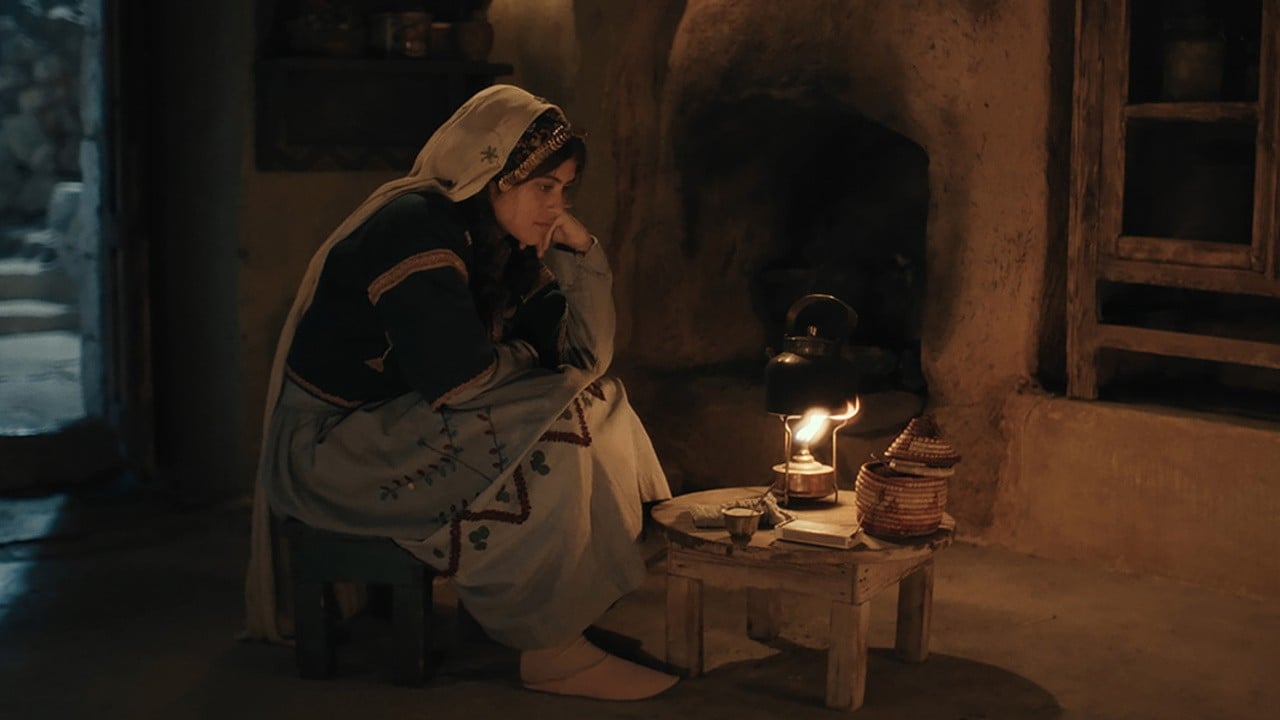
Based on a true story, Darin J. Sallam’s controversial debut feature Farha is, at heart, a brutal coming-of-age film. Set in 1948, the film is about a girl who gets locked into her family’s storeroom at the start of the Nakba, the Palestinian Catastrophe. Sallam’s choice to limit most of the film’s perspective to that small storeroom is brilliant – in some ways, it echoes the surrounding discussion about the conflict. Most of what the world knows of Palestine is limited due to having to deal with censorship, lost records, and only hearing word-of-mouth stories from ancestors who just barely survived. But what we see is already too horrific to begin with. And what the film knows is the tragedy of losing your home – having to leave childhood, leave your dreams, and leave a vibrant and living culture in order to survive.
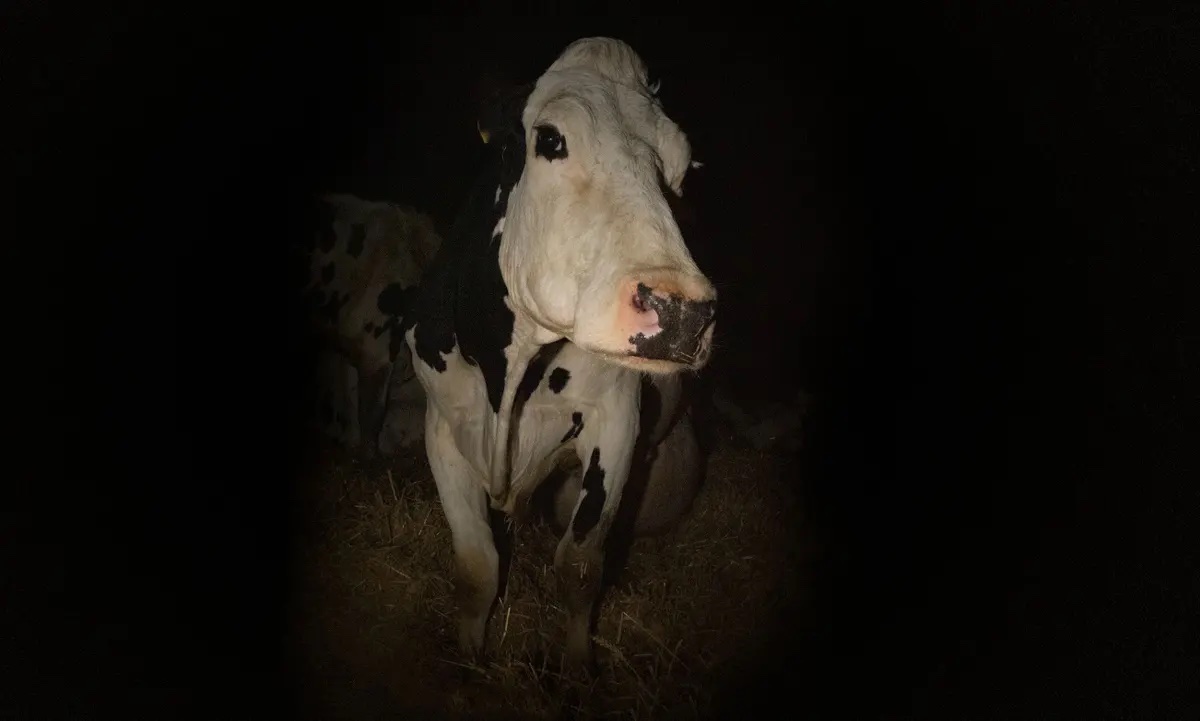
The film unfolds in the rhythm of a cow’s life: birth, mating, feeding, milking, checkups. Soon, these events become regular occurrences. Instead of showcasing the more ‘spectacular’ parts of these animal lives in order to build a narrative that’s engaging in a more conventional sense, British director Andrea Arnold opts for intimacy through banal instances. Even if female cows are symbolic of labour (reared for milk, meat, and reproduction), the actual cows in the documentary are not actors in a traditional sense. Yet, Cow opens up the dialogue about the on-screen role of animals beyond the call for activism. In it, the protagonists dictate the camera movements and positions just as any other human subject would, but since Arnold is an intuitive and sharp filmmaker, she embraces the opportunity to challenge cinema’s status quo. A beautiful addition here is the presence of pop music needle drops, through which the film jolts us into being more attentive, helping us to experience everything we consume in everyday life unperturbed (milk, meat, or pop songs) anew.
The award-winning third feature by director Ava DuVernay, Selma, was released around the 50th anniversary of the historically significant marches (Selma to Montgomery) that aided the civil rights movement’s efforts to assure African-American citizens can exercise their constitutional right to vote, harassment-free. The film has been celebrated not only as an artwork, but also as a historiographically accurate one. While it features the role Martin Luther King Jr. played in the marches, it does not reduce the activists’ effort and struggle to make it come to fruition. With her uncompromising directorial approach, DuVernay crafts a thrilling period film that has all the markers of a well-done genre feature, but uses its mechanisms to tell an emotionally potent story about both the peaceful marches and the nation-wide outcry resulting from the violence they were met with.
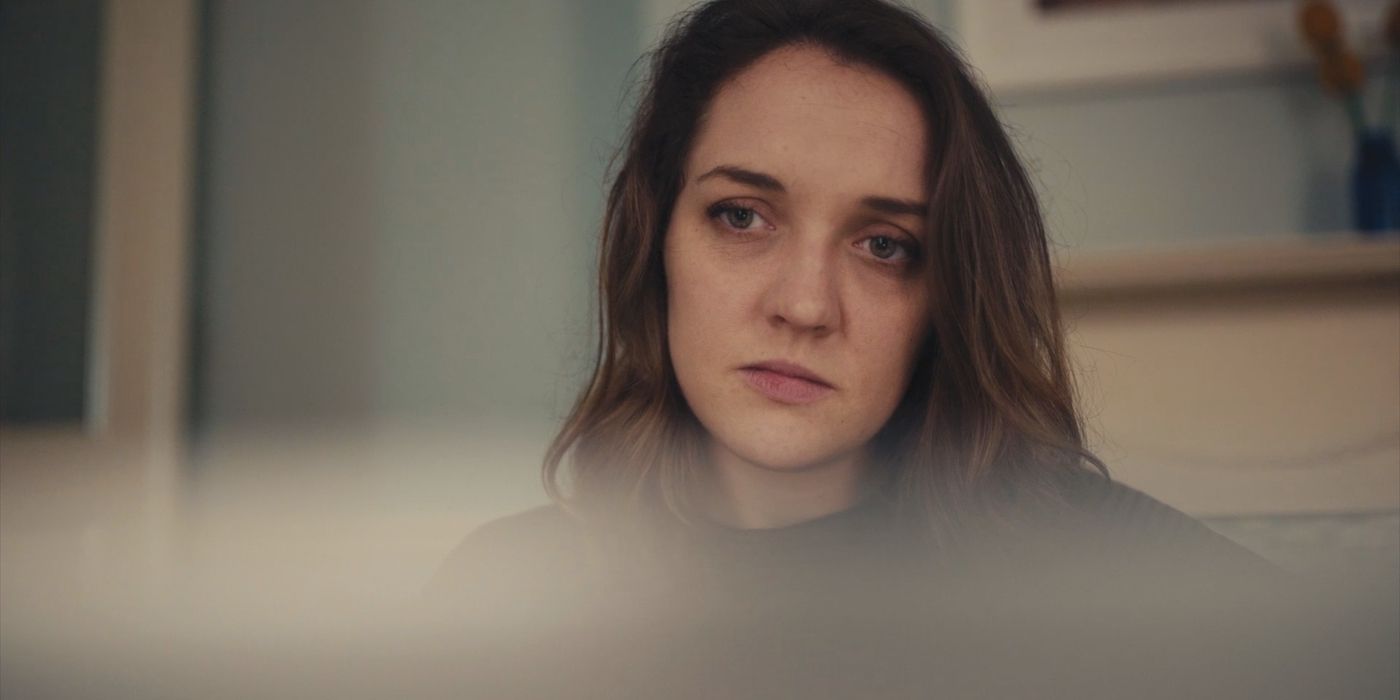
Biographical documentaries tend to depict exceptional people– people who are so great that everyone wants to know about them, and people who are so terrible that they serve as a warning. Great Photo, Lovely Life depicts a serial sexual abuser in photojournalist Amanda Mustard’s family, able to get away with nearly all his crimes each time he skips over state lines. It’s not an easy film. It’s deeply uncomfortable. There are certain interviews that will trigger anger, despair, and bewilderment over how someone so evil can remain out of bars all his life. Great Photo, Lovely Life doesn’t provide any easy, comforting sequence as a balm to sexual abuse survivors around the world, but it’s an urgent reminder of the consequences of maintaining silence.
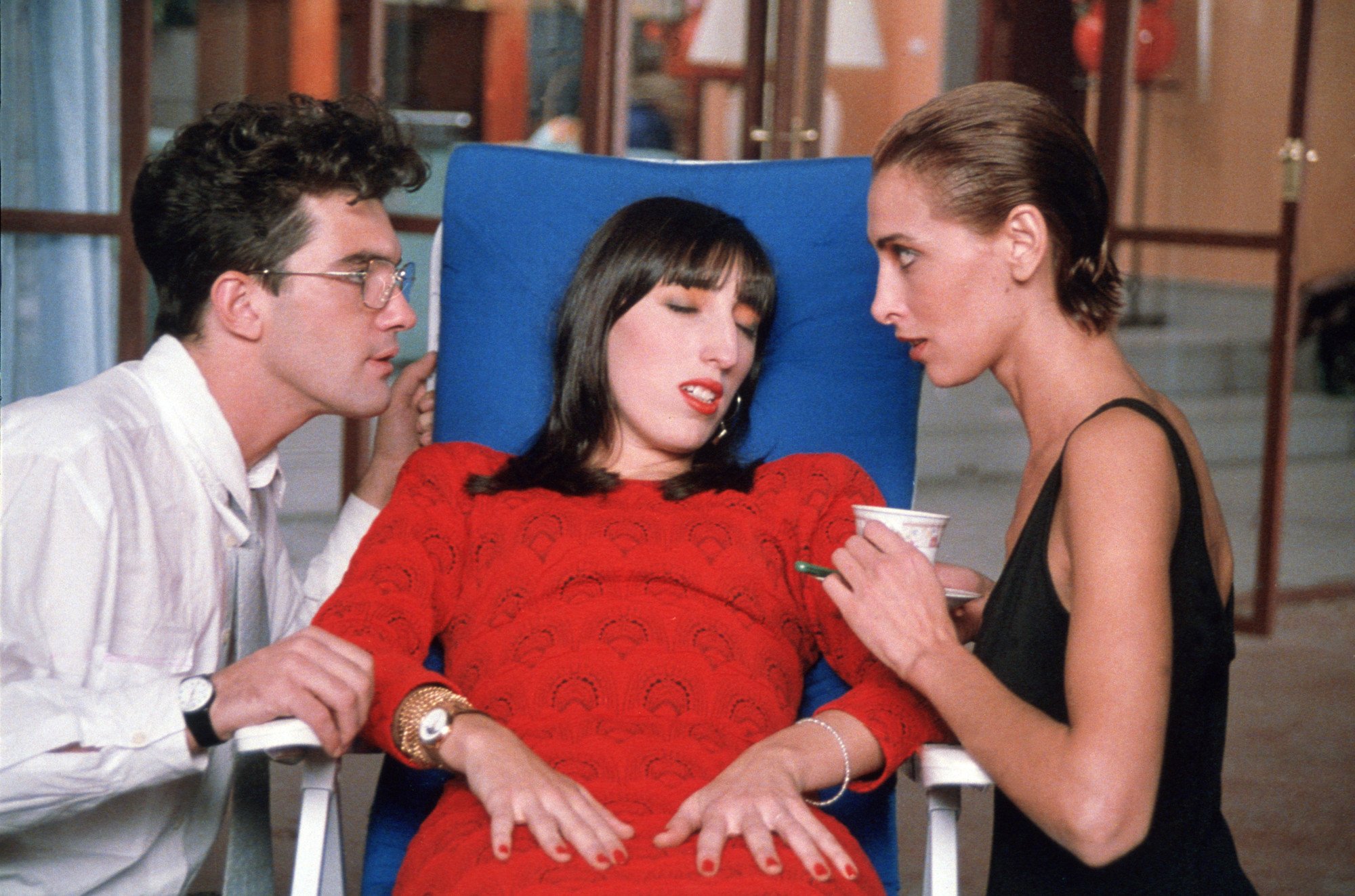
Break-ups aren’t the easiest thing to overcome, but how we deal with them usually doesn’t get as ludicrous as the events Pepa goes through in Women on the Verge of a Nervous Breakdown. The film makes said nervous breakdown chaotic– it includes spiked gazpacho, a frantic call to the police, and being held at gunpoint– but as Pepa and the women around her try to put off each fire, at least one of them literally, writer-director Pedro Almodóvar ensures sympathy for them, with Pepa’s snappy dialogue cutting through the lies of a smooth-talking womanizer refusing to face them. And it’s all paired with a suitably dramatic score, meticulous staging, and exaggerated, colorful frames mostly occurring in the wreck of a fabulously styled penthouse.
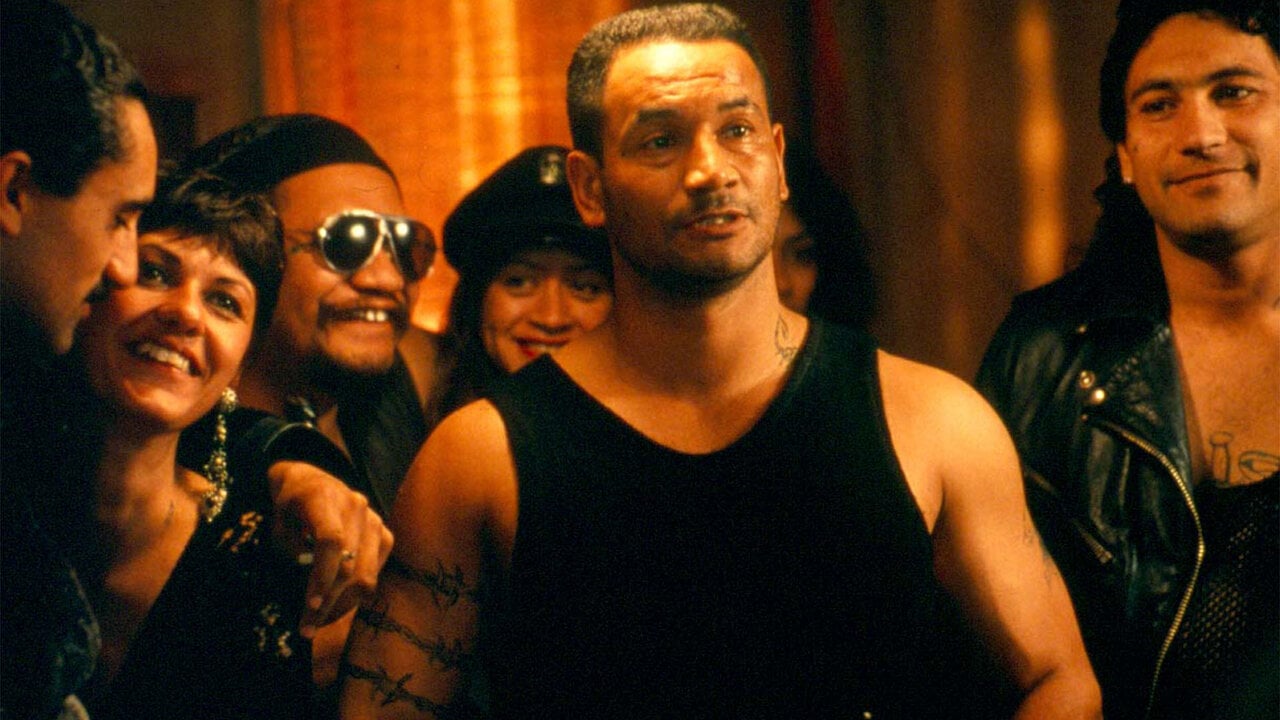
Many people would rather see happy, positive depictions of people like them, but sometimes, it’s important to see the sides that we don’t really like to see, but should have some awareness of, in order to address them. It’s because of this director Lee Tamahori initially thought that adapting the Maori novel Once Were Warriors would end up as a flop– the novel depicts the worst sides of modern Maori people, as disenfranchisement pushed many to poverty, alcoholism, and abuse. However, Tamahori ended up crafting a fierce, intense debut by focusing on Beth Heke and her children– granting more screentime to their healing rather than their suffering. Once Were Warriors isn’t an easy watch. Tamahori makes the alienation, the rage, and the hardship feel palpable. But he mostly reminds people to return to their roots, returning to one’s culture to truly heal as a society, and this is why Once Were Warriors proved to be one of the best films ever made from New Zealand.
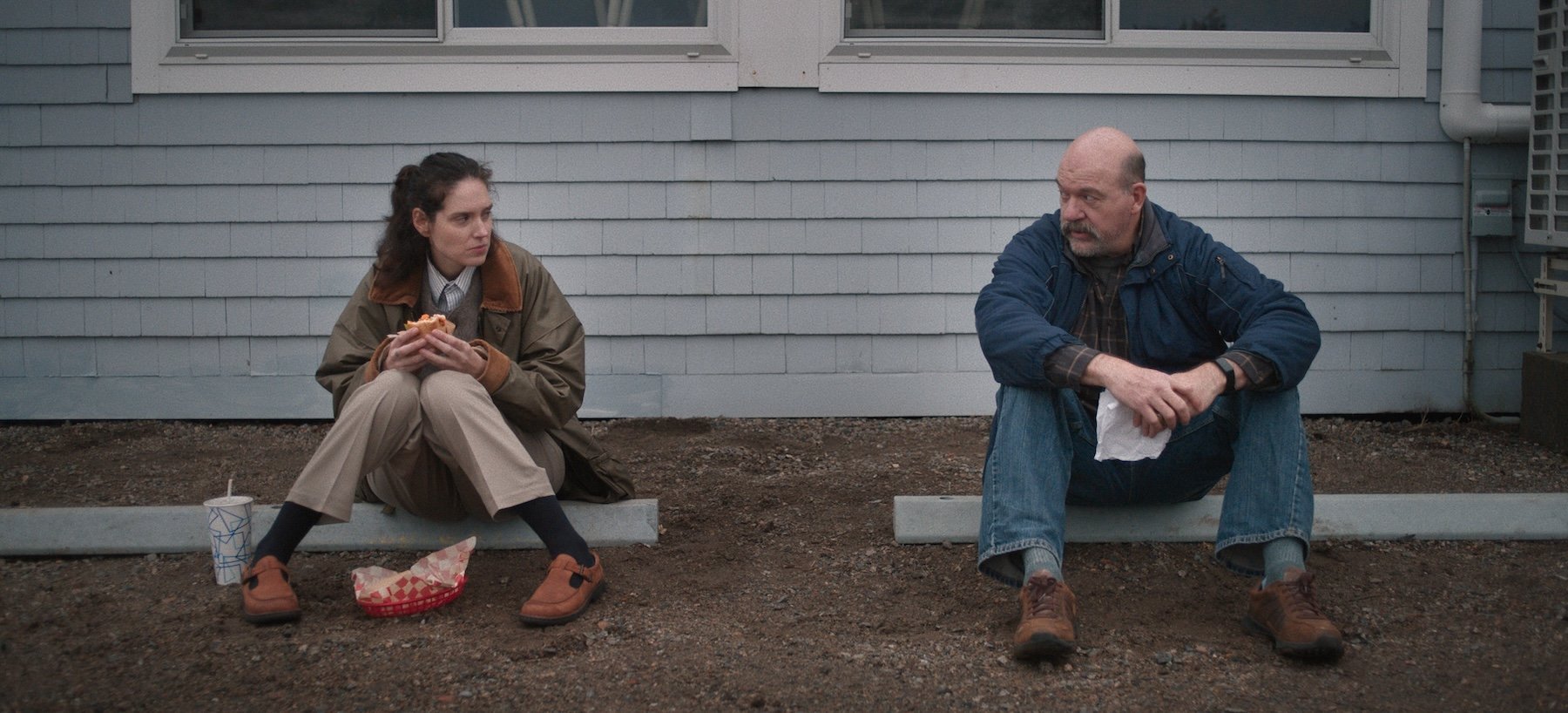
In Sorry, Baby, an unspeakable act of cruelty disrupts Agnes’ ambitious rise to the top. Despite being a literature professor, she struggles to find the words to describe what happened to her. Likewise, the audience isn’t made privy to the details of the incident and relies only on what Agnes chooses to show. It’s a far cry from the sensationalist way trauma is often depicted in films. In place of sexy or valiant acts of revenge, Sorry, Baby focuses on the slow, circular, and confusing process of healing. It hides more than it shows, which, oddly, says more about the reality of assault than most post #MeToo films. Sorry, Baby is an unassuming film, but its honest writing, poetic cinematography, and rich expressions pack a powerful punch.

Unlike the other documentaries depicting “Hollywood’s smartest dumb blonde”, My Mom Jayne takes on a different approach to Jayne Mansfield. Already the title tells you that it’s from the perspective of one of her children– namely, her youngest daughter Mariska Hargitay– so naturally, it takes a more respectful depiction than what’s been shown of her peers. Hargitay and her siblings present a different kind of retrospective, reassembling the remaining fragments with a more personal touch and an unexpected family mystery. My Mom Jayne is such an excellent portrait of Jayne Mansfield, one that opens surprising layers to the person behind the bombshell persona.
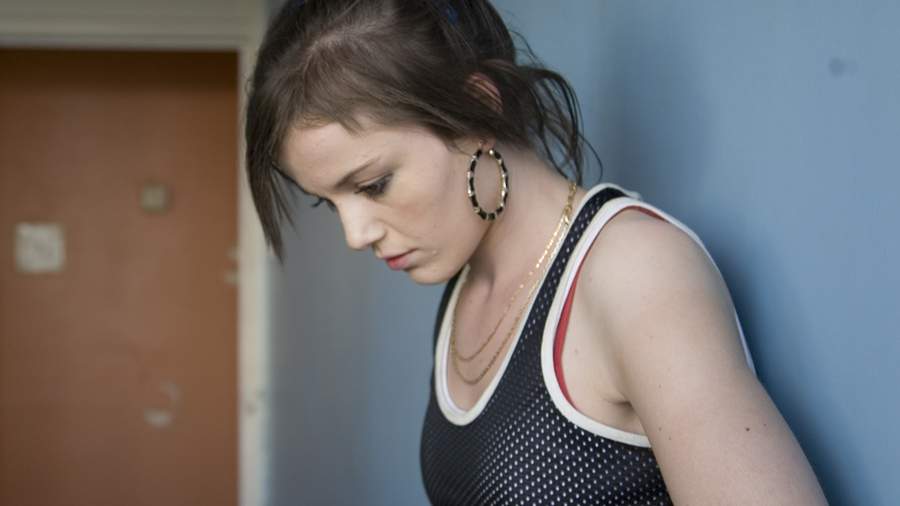
A sincere portrayal of the gritty British working class life through the coming-of-age story of a girl who loves rap music and dancing to it. It features a stunning and powerful performance from newcomer Katie Jarvis who had no acting experience whatsoever, and who was cast in the street after she was spotted fighting. She plays Mia, a 15 year old teenager whose world changes drastically when her mother’s new boyfriend (played by Michael Fassbender) turns his eyes to her. Don’t watch this movie if you are looking for a no-brainer, definitely do watch it if you are interested in films that realistically portray others’ lives and let you into them.
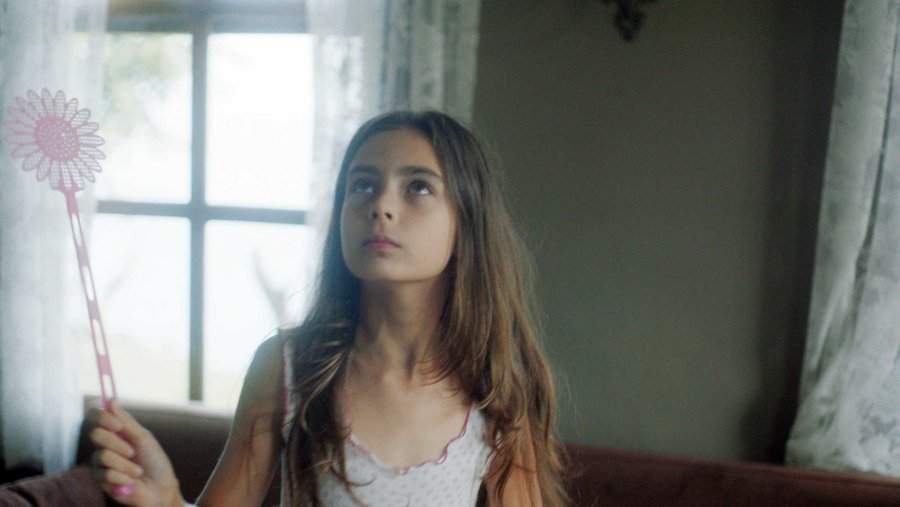
Five orphaned sisters are put under house arrest by their uncle and grandmother after they are seen horsing around with local boys from school. While their actions were purely innocent, their behavior is viewed as scandalous and shameful by the conservative elders in their small Turkish village. After this incident, their grandmother turns her attention towards marrying off her granddaughters. Each of the five sisters rebel in their own way, but it is the youngest and rowdiest sister, Lale, who is the central protagonist of the film. She watches helplessly as each of her older sisters is married off with an increasing sense of dread and desperation. While this may sound hopelessly depressing, the movie is equal parts beautiful and tragic and floats across the screen in a dreamlike manner. Not all of the sisters escape their oppressive surroundings or their assigned fate, but the message is clear: it’s crucial to try.
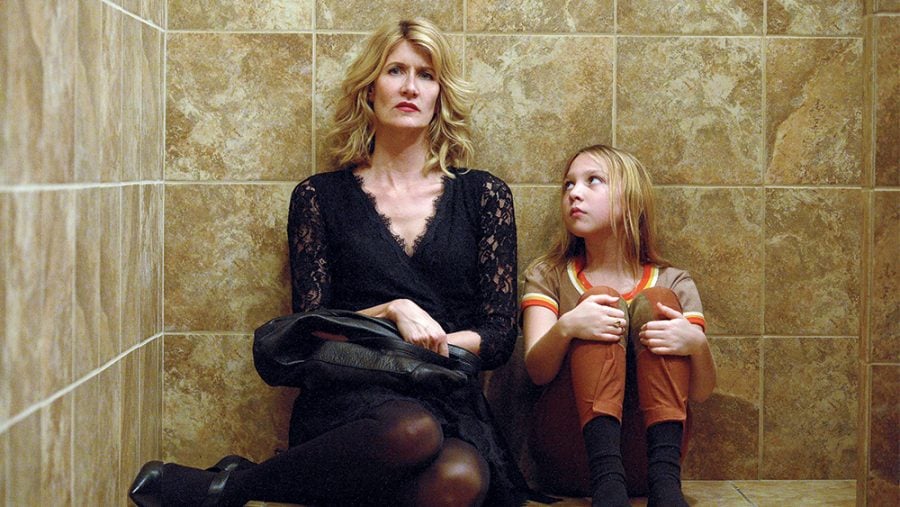
Sometimes you can just tell a movie means way too much to the people who made it. That makes me want to watch it more than once, which is what I wanted to do with The Tale. But while I think it’s such an amazing movie and everyone should watch it, I don’t think I can stomach a second watch.. It is based on the director/writer Jennifer Fox’s own story – recounting her first sexual experience at a very young age. It’s about the stories we tell ourselves to deal with trauma, and in that sense, and with utmost honesty, it invites grief and closure for similar experiences. A powerful movie led by a powerful performance by Laura Dern as Jennifer.
Wendy (Michelle Williams) is a drifter driving up to Alaska in hopes of finding work. When her car breaks down, she and her dog Lucy are stranded and forced to scrounge for food and repairs, hitting one roadblock after another on her path to an uncertain dream. This sympathetic and solemn look at poverty from director Kelly Reichardt serves as a reminder of how easy it is to fall through the fragile American safety net.
Reichardt’s uncompromising approach paired with Williams’s restrained performance makes the experience authentic and intense, recalling the work of Ken Loach. This natural sharpness makes for an engrossing watch that builds in power until the emotional release of the film’s heartbreaking conclusion.
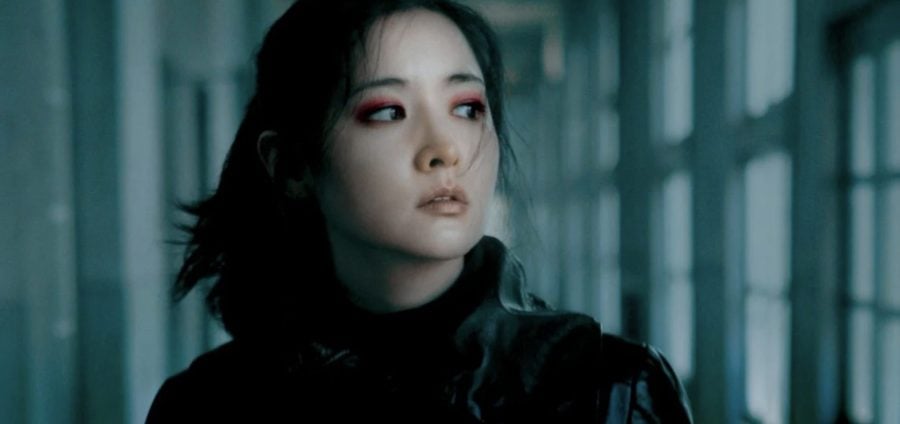
This Park Chan-Wook classic is the third part of a trilogy of films around the theme of revenge, following Sympathy for Mr. Vengeance and Oldboy. While ultimately unique, Lady Vengeance is a thriller set in a prison, in the vein of films such as the Japanese action drama Female Prisoner #701: Scorpion. After being framed and wrongly convicted for murder, our protagonist seeks out the true perpetrator of the crime –– but more than anything else, she seeks vengeance.
This film’s run time is 115 minutes and every second is essential. There is often gratuitous violence perpetrated by men against women in film, however Lady Vengeance takes back control and for that reason it remains one of my favorite revenge films.
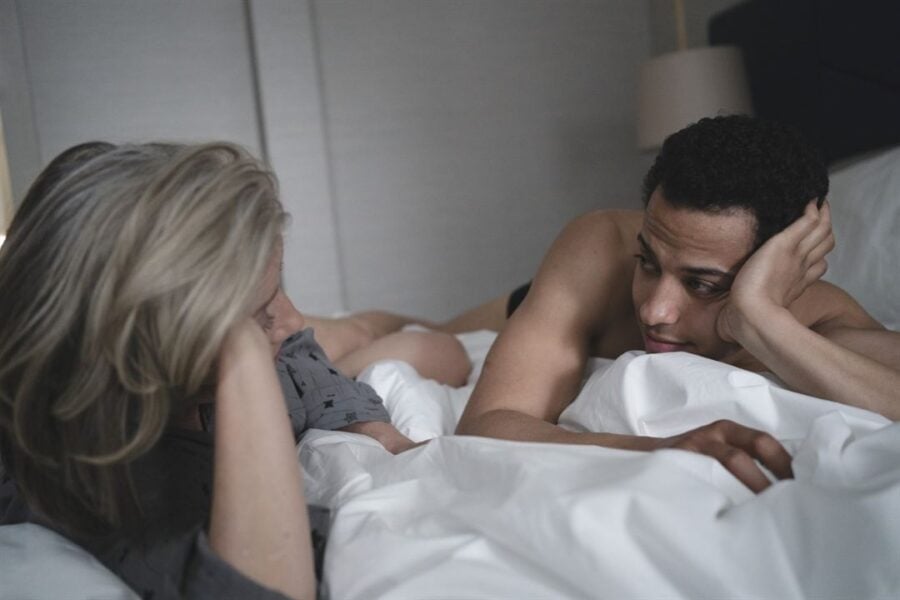
There are only two main characters in Good Luck to You, Leo Grande: Nancy, a retired teacher who was recently widowed, and Leo, an adept sex worker with a mysterious past. They’re almost always in one place and work on a single goal: pleasure. But despite the seeming monotony, the movie is crackling with wit and sensuality every step of the way. It doesn’t waste any time getting to the heart of the matter. Nancy and Leo go back and forth about their past, with Nancy divulging much about the stigma of aging and Leo about the stigma of sex work. They also dive into the shame attached to pleasure, ultimately revealing more than just their naked bodies to each other and to the audience.
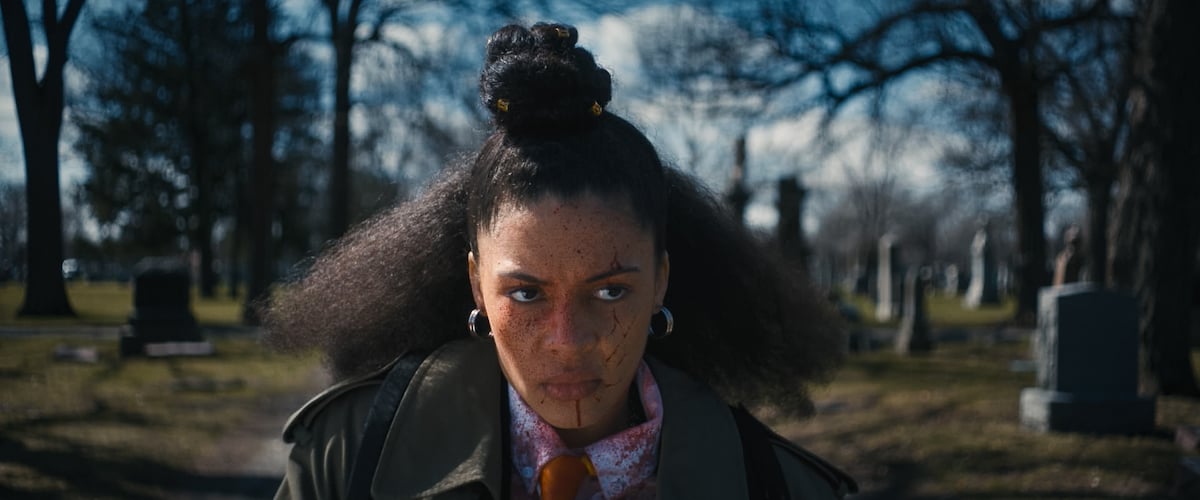
There’s a degree of removal in Perpetrator which some viewers may find jarring: most visibly, in the performances, whose heightened sensitivity can seem unlikely for a horror film. That said, director Jennifer Reeder’s main conceit here is to entertain and make you think, and she doesn’t want you to get too comfortable. In the central concept of “Forevering,” a family curse spell that Jonny goes through, Reeder vests her character with metamorphic potential, and with that, ignites hope for a future that is better for women and for horror cinema as a whole. But the film is not overly intellectual. It’s rather intuitive in its world-building and celebrates horror’s final girl trope in a well-deserved way. A little gore, some slasher tropes, LGBTQ+ themes, and strong central characters make it a perfect pre-Halloween treat.
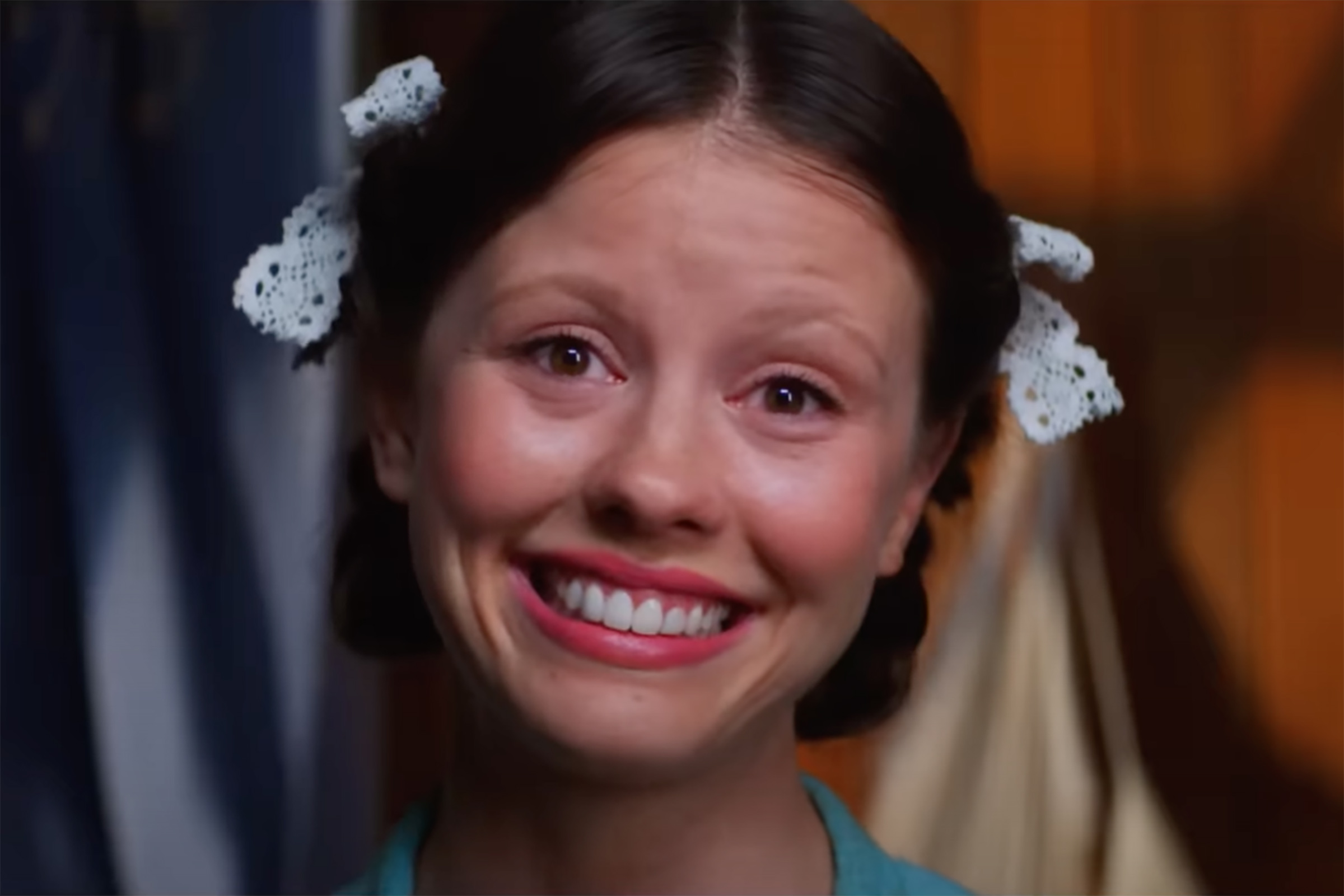
It’s rare to see a prequel surpass its antecedent, but Pearl is that exception. You can watch it before or after X and still get the same satisfaction from piecing together the puzzle of Mia Goth’s many roles (three in total across the trilogy). If the first film owed a lot to slasher classics like the Texas Chainsaw Massacre, the second (surprise!) channels The Wizard of Oz and nods to the splendiferous melodramas of Douglas Sirk. The jarring form-content opposition here makes sense, as we’re seeing through the eyes of the main character, who most of all dreams of being in a movie. Because of that very same whimsy, everything has to change: the violence is not as explicit and the role of sex is brought to the forefront. All hail the new kind of final girl: a farm girl-turned-star.
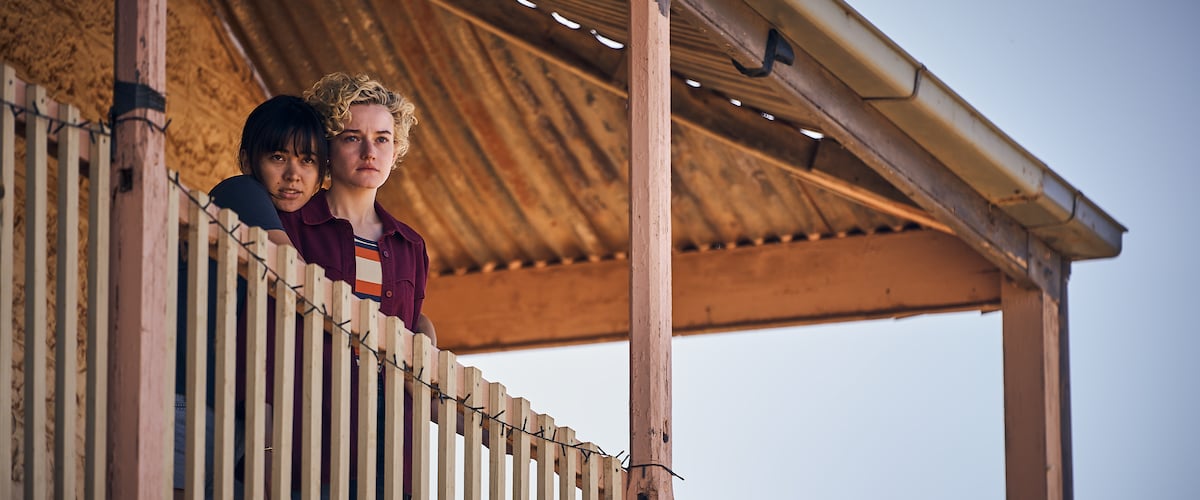
The Royal Hotel sees Hanna (Julia Garner) and Liv (Jessica Henwick) resorting to take up a dire live-in job behind the bar in a remote desert part of Western Australia. Although they’re warned that they’d “have to be okay with a little male attention” in the outcast mining town, their financial precarity overrides the potential fear. Curiously enough, the fiction film is based on a real story, already told in the 2016 documentary Hotel Coolgardie by Pete Gleeson, but The Assistant director Kitty Green pulls no punches when representing how suffocating it must feel to be encircled by such unmediated male aggression. The brawls, the spilled beer, the c-word as a greeting all form the unnerving paraphernalia of life then and there. For Australian independent film devotees, there is actor Toby Wallace, who reprises his bad boy role from Babyteeth, and he’s joined by the ranks of Herbert Nordrum (The Worst Person in the World) and an utterly terrifying Hugo Weaving (The Matrix).
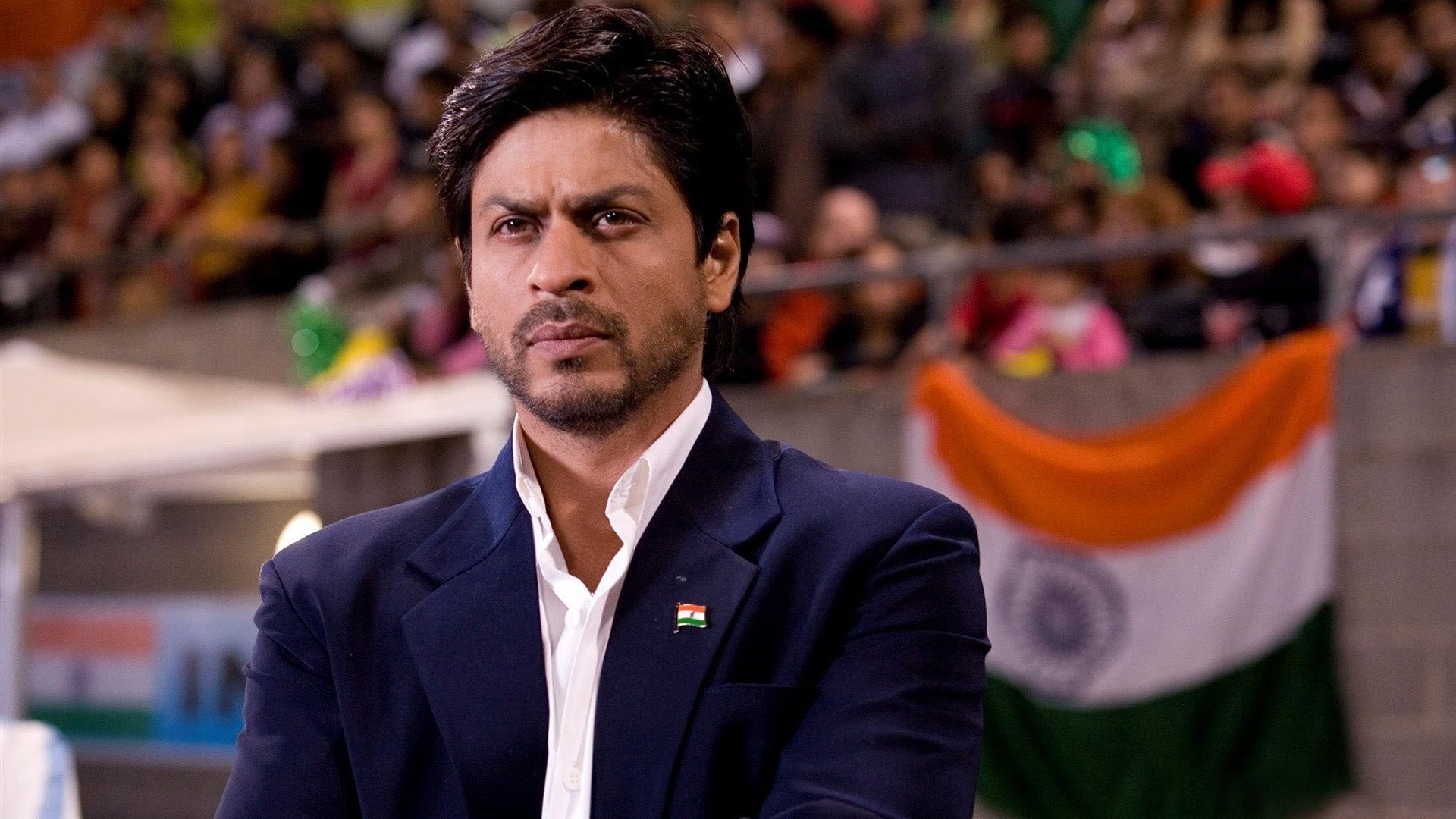
What does it take to make a great hockey team? Of course, one must select the most skilled players. But for a team representing a nation, there are more aspects that play into it. That’s what Indian national men’s team captain Kabir Khan discovers in this sports drama. After losing to Pakistan and shaking hands with them at the end of the game, Khan’s sportsmanship is interpreted as foul play, in part due to his Muslim background. He does not fit into what India believes to be Indian. So when he stages a comeback as the coach for the women’s team, he has much to prove. Through the ensemble cast from various Indian states, Chak De! India mirrors the struggles of Indian multiculturalism, with the personal conflict echoing the real-life difficulties that hinder peace within the whole country. It’s not entirely perfect, but Chak De! India makes clear how much the nation can accomplish if only they were given a real chance to work together.
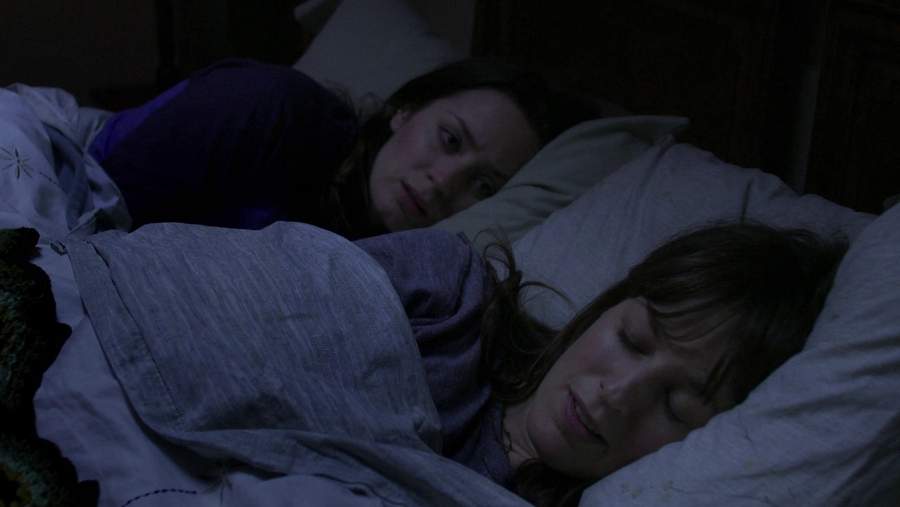
The acting… oh the acting! Your Sister’s Sister is a fantastic comedy which makes great use of the amazing talents and suitability of its cast, including the criminally underused Emily Blunt. Far smarter, quicker and grown-up than most other Rom-Coms, it’s a film built on secrets, lies and, yes, love, sex and family.
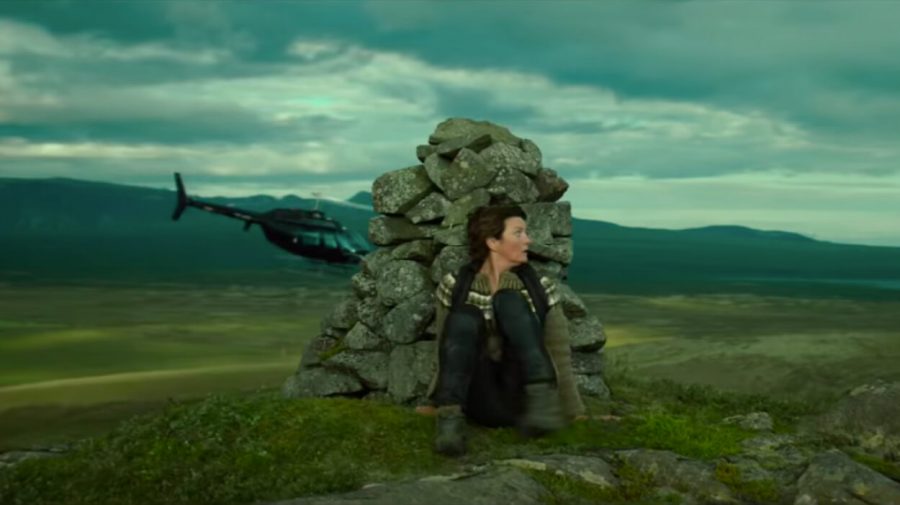
A calm choir leader lives a secret life as eco-warrior in this visually stunning and intelligent story about our complex times. If you’re familiar with Icelandic movies, this one has just the right amount of that Icelandic quirkiness – making it a proper feel-good movie with a message. This is added to the superb acting and an off-beat musical score. Not to be missed.
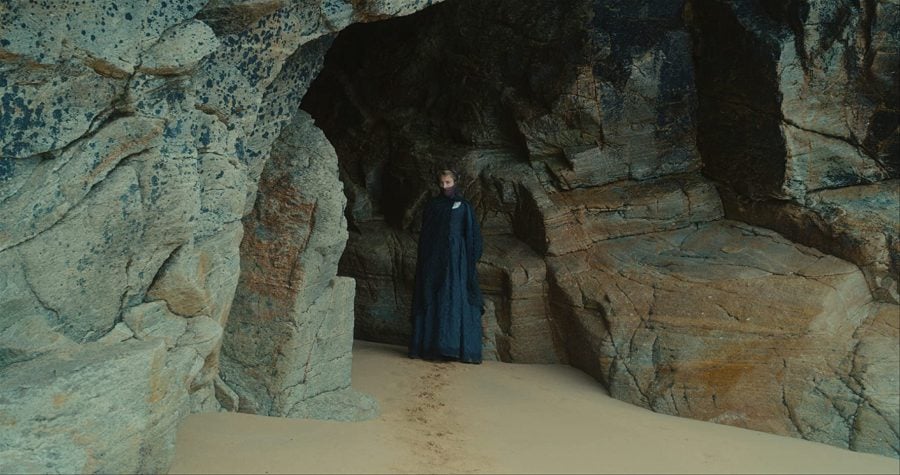
This unique romance is set during a time when a man would be sent the painting of the woman he was to marry before the wedding could take place. Héloïse, secluded with her mother and a maid on a remote island, doesn’t approve of her upcoming wedding and refuses to be painted. Her mother sends for a new painter, Marianne, to try to paint her without her noticing. Marianne has to take on this near-impossible task when she starts having feelings for Héloïse. This makes for a riveting romance where Marianne has to choose between her heart and her art while keeping a huge secret from her love interest.
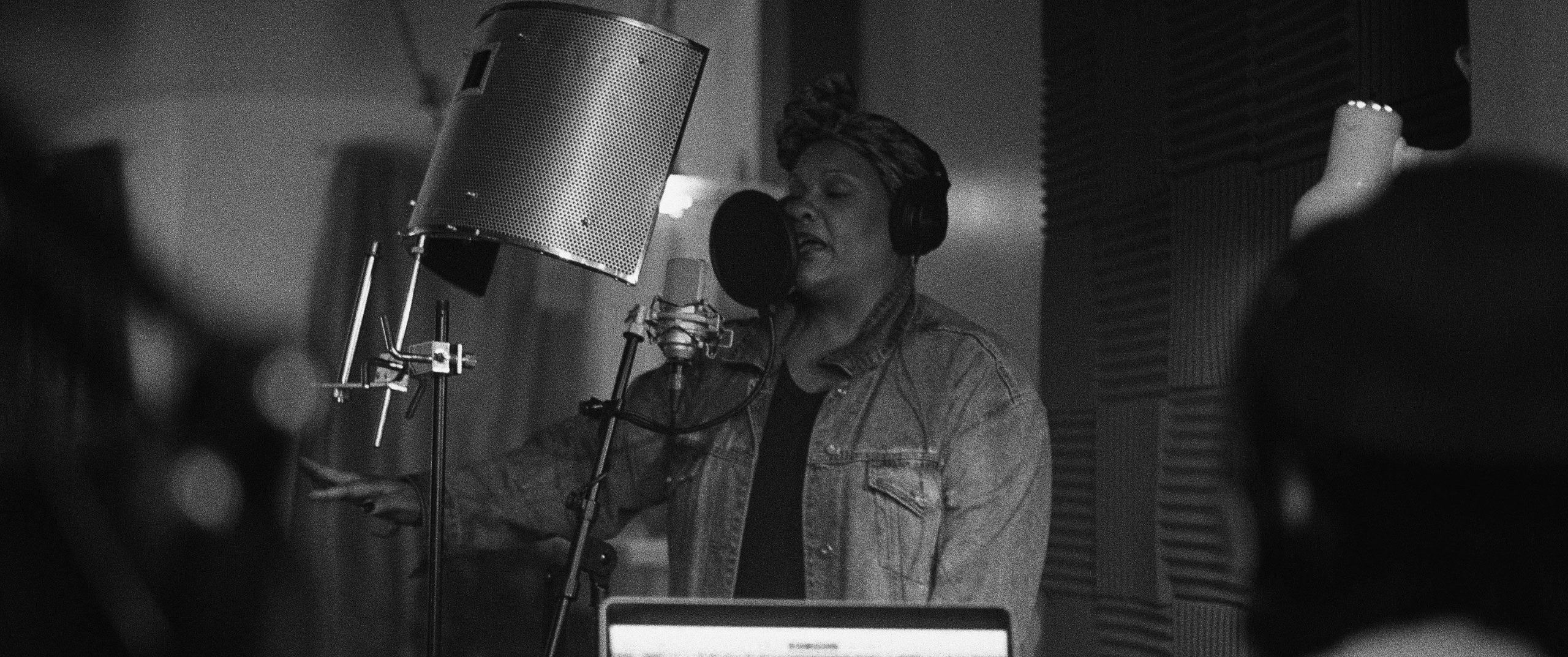
This fun comedy-drama is about a New York playwright called Radha who never hit big. When she turns 40, she decides to reinvent herself as RadhaMUSPrime, a rapper.
And it’s all a personal affair: Radha Blank plays the main character (named after herself) and is also the writer, director, and producer.
The story is about rap and theater, but being so connected to reality, it feels like it’s about Blank making the movie itself. Its very existence feels like a triumph against the pressure of age, the misunderstanding of others, and the weight of unreached goals.
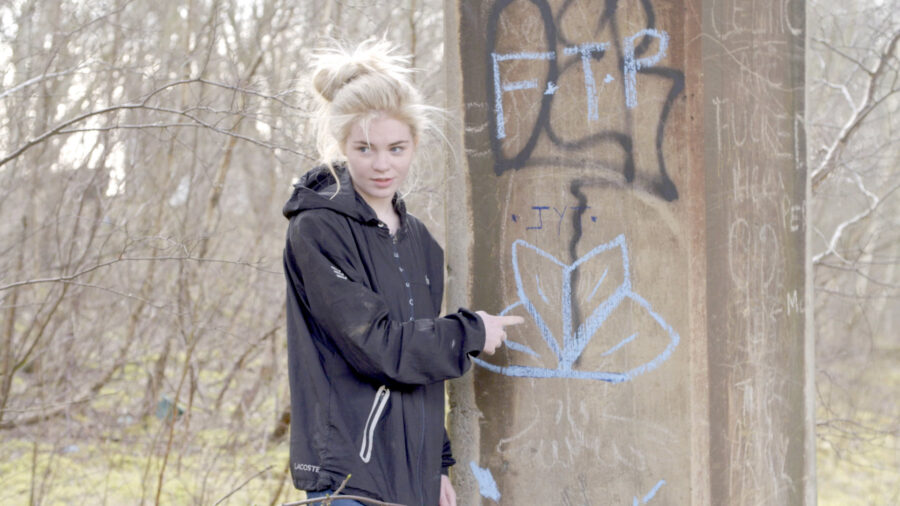
In Motherwell, you either “get locked up or knocked up,” or so says Gemma, a teenager on the cusp of adulthood growing up in an old Scottish steel town. Gemma runs among a tight-knit group of friends, at the center of which is ordinary mischief, routine, and roughhousing. And beneath that lies a certain kind of everyday violence.
As Gemma enters young motherhood, she reckons with how to reconcile her own aggressions with the protective tenderness she feels toward her newborn. Beautifully and thoughtfully directed by Ellen Fiske and Ellinor Hallin, Scheme Birds never feels invasive. Rather, their documentary lets Gemma speak for herself—and in doing so, illuminates not just her life, but the complicated lives that intersect hers, too.
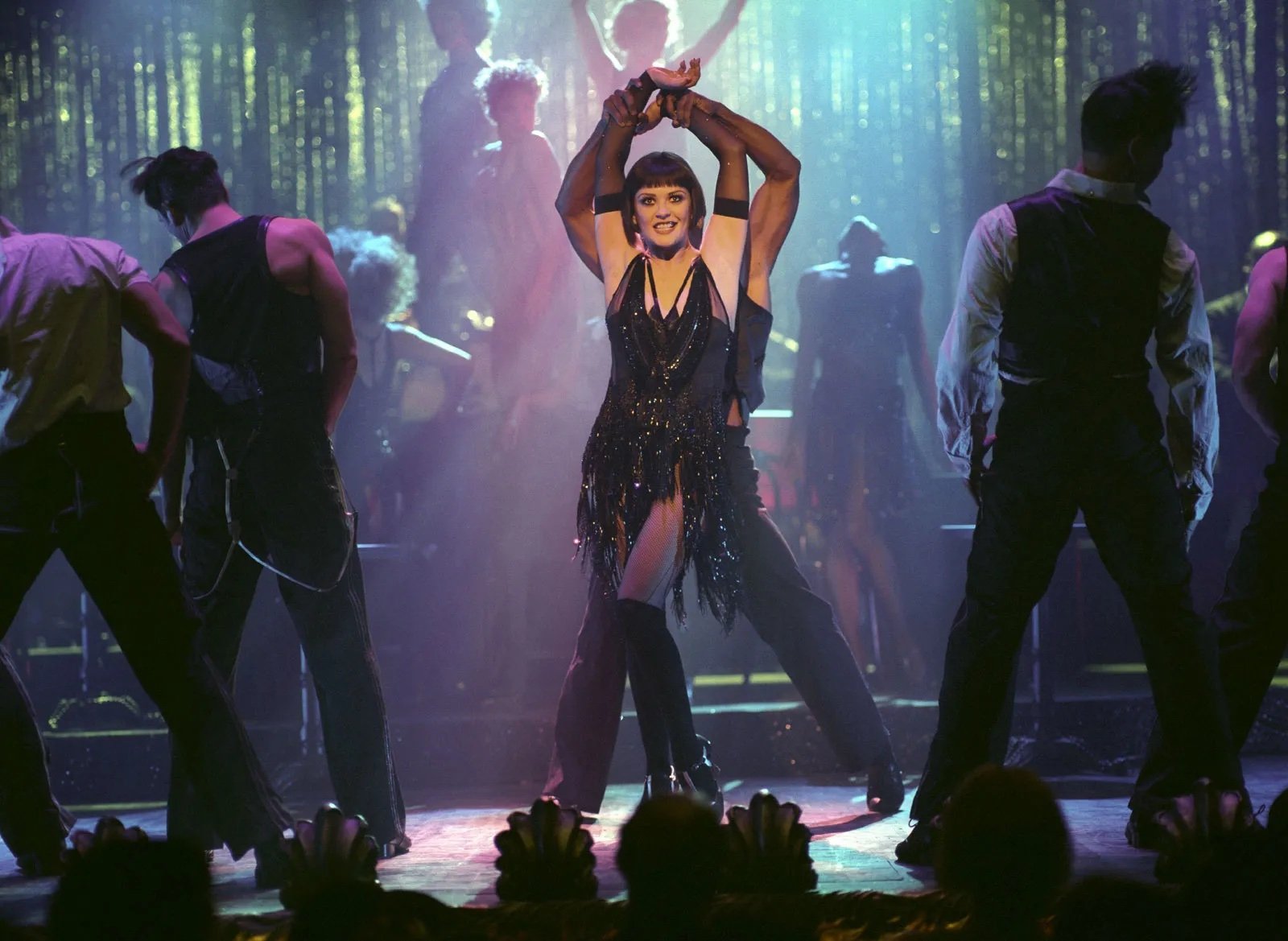
From a 1926 play to the iconic 1975 stage musical to Rob Marshall’s 2002 extravaganza, Chicag0 has had a strong hold on popular culture. In a way, it’s existed almost as long as cinema itself and its transformation across mediums and modes of expression has been well documented. The film carries all the marks of its theatrical predecessors, the expansive sets, the luscious costumes, the sleek characters whose banter and songs alike testify to their great chemistry — there’s a lot to admire in such a self-referential spectacle. A black-comedy-fuelled musical about corruption and deceit set during the Jazz Age, Chicago fulfils all its promises. With a stellar ensemble cast featuring Renée Zellweger, Catherine Zeta-Jones, Richard Gere, and John C. Reily, in tandem with dazzling camerawork and most exquisite chiaroscuro lighting, this one brings the stage to the movies. I mean it in the best possible way!
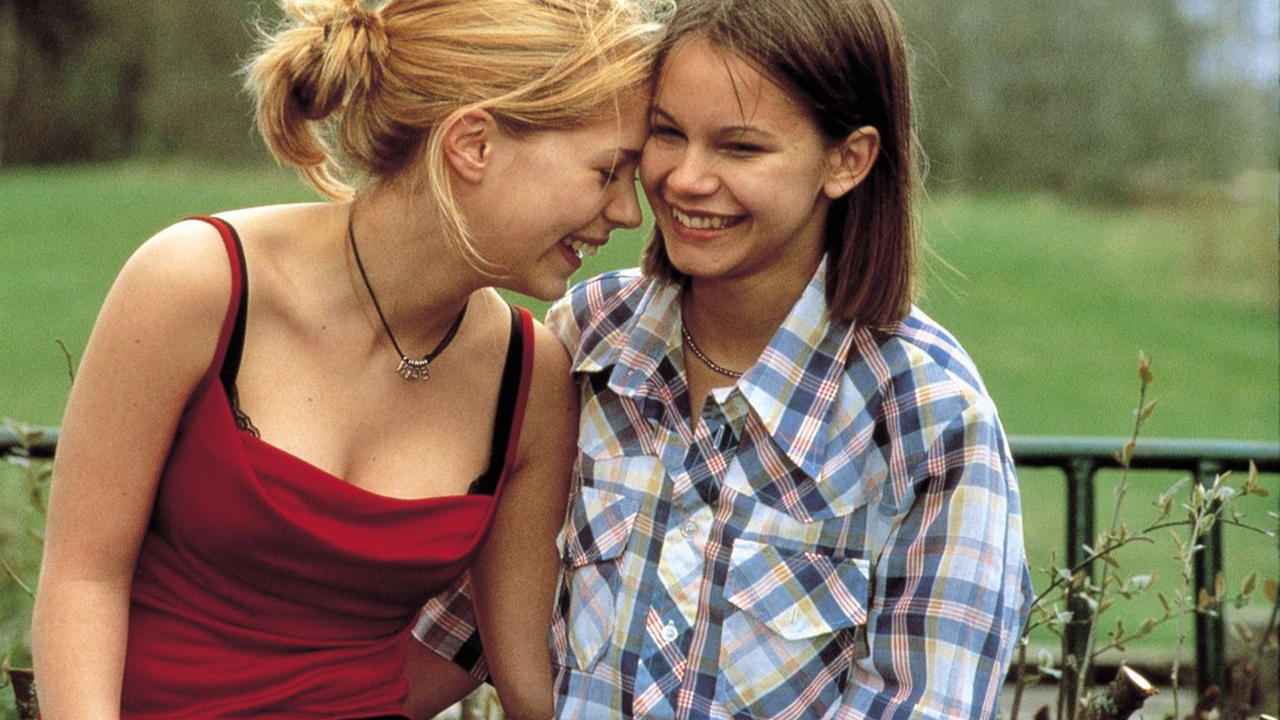
Set in the small town of Åmål, western Sweden, the debut feature by Lukas Moodysson (We Are the Best), is itself a metonymy for the bigger questions of life. It’s playful and dead serious at the same time, in the way it portrays teenager Agnes, who, after two years of living in Åmål, still hasn’t made any friends that would attend her birthday party. Instead, she spends her time typing away on her computer, poetic diaries and love confessions to a girl from school named Elin. She’s the popular one and therefore, out of reach. The amount of tension and escalating ambivalence the film conjures with just a simple narrative decision—a bet, a kiss, an apology—is palpable throughout the 86 minutes of its runtime. A perfect capsule of lesbian desire and first love, Show Me Love is a gem of a movie; one that would make you think Close was a tad overrated. Oh, and don’t forget to add the titular song by Swedish pop star Robyn to your Spotify favorites.

Not everybody holds a good relationship with their sisters, but ideally, we get to reunite and repair things in a good time. Unfortunately, for some families, the only time they reunite is due to a parent nearly dying. This is the case in His Three Daughters, where the three sisters meet after years living apart. It’s a common plotline, mostly depicted in the feel-good, family friendly variation, but writer-director Azazel Jacobs makes the three sisters distinct by taking the easy assumptions many people would make about them, and naturally push them to reveal the opposite. Carrie Coon, Natasha Lyonne, and Elizabeth Olsen form a great trio, delivering equally excellent performances under the same roof.

Insiang is not an easy film to watch. It’s hard to look at, not because the sprawling slums of Manila itself are ugly– the scenes are excellently blocked, shot, and edited, actually– but because of the way poverty has further degraded the status of women in the area, with the lack of resources keeping them vulnerable to violence. It’s unrelenting. From the casual jokes made in the background, to the physical harm actually wielded against the title character, director Lino Brocka systematically outlines the way poverty has cut off Insiang’s options, being forced to rely on a resentful mother and lustful men. It makes for an unflattering, claustrophobic depiction of the capital, which is why it was temporarily banned from screening, but Insiang was a necessary, ugly portrait of what the then-administration allowed to flourish.
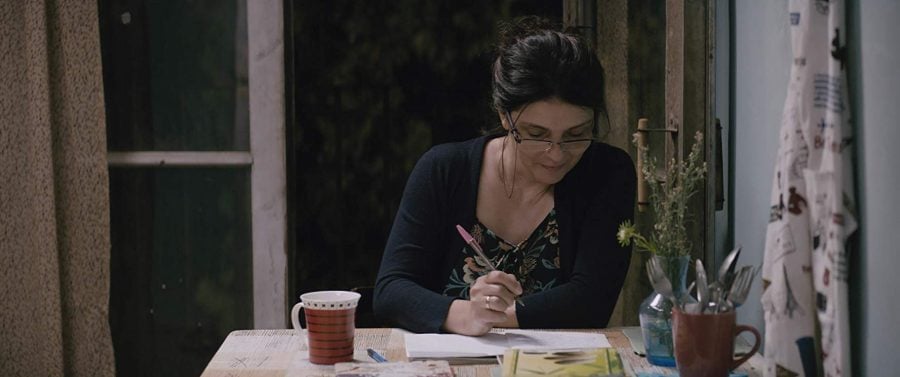
This movie is a dramatic masterpiece and a tribute to loving middle-aged women everywhere. It is unparalleled in the way it portrays its characters and the subtlety with which it tells their stories. The events are centered around a 52-year-old Georgian woman who decides to leave her family home and live alone without much of a notice. She trades chaos and domestic disputes for solitude, and the prospect of sad old age for an opportunity to build a new life for herself. In other words, she trades being the secondary character to her mother, husband, and children, to being the hero of her own story. A genuine and beautiful film. If like me you grew up with a mother who sacrificed everything for you, this will hit very close to home.
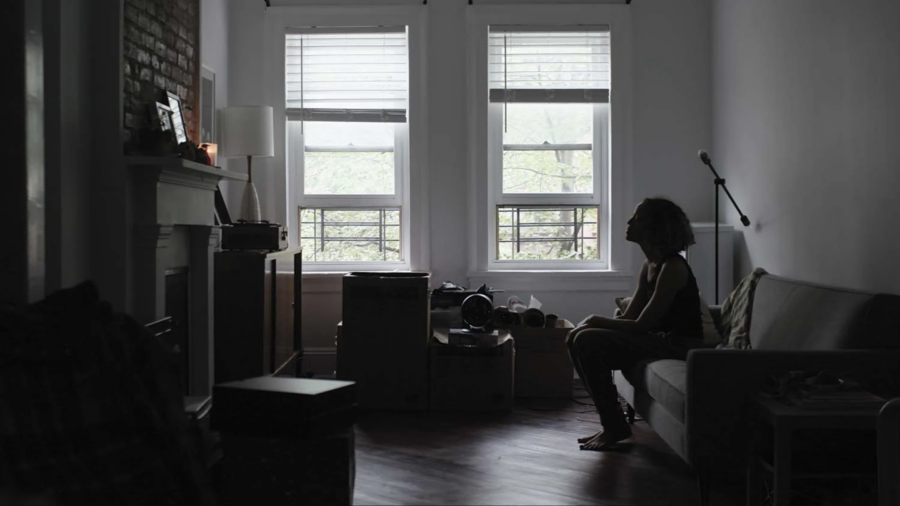
This searing allegation of sexual abuse against Def Jam Recordings’ Russell Simmons unfolds with the intelligence and tenacity of a world-class prosecution. But more importantly, On the Record remembers to fight for a justice that’s restorative, too—paying proper tribute to Drew Dixon and many other equally creative and talented women behind the scenes in the American hip hop industry. With every new argument it introduces, this documentary encourages us not only to be open to new information, but to rewire our very way of thinking about race, intersectional feminism, and the music business. It may be a bit of a cliché, but On the Record really does leave you smarter than when you started, with a heightened awareness of how the present moment is inseparable from our history.

Disclosure is a patient and articulate study of the ways movies have physically conditioned us to respond to certain expressions of queerness with fear, disgust, or laughter. But it also serves as a reminder that trans bodies have been represented on screen for as long as movies have existed—making it all the more unacceptable that we still often only see reductive and harmful stereotypes of trans people over 100 years since the birth of cinema. However, Disclosure is far from a “takedown” designed to make viewers feel bad. At the end of it all this remains a celebration film’s power to dignify perspectives we rarely get to see through, and it’s one of the nerdiest and most passionate trips through film history you could hope to have.
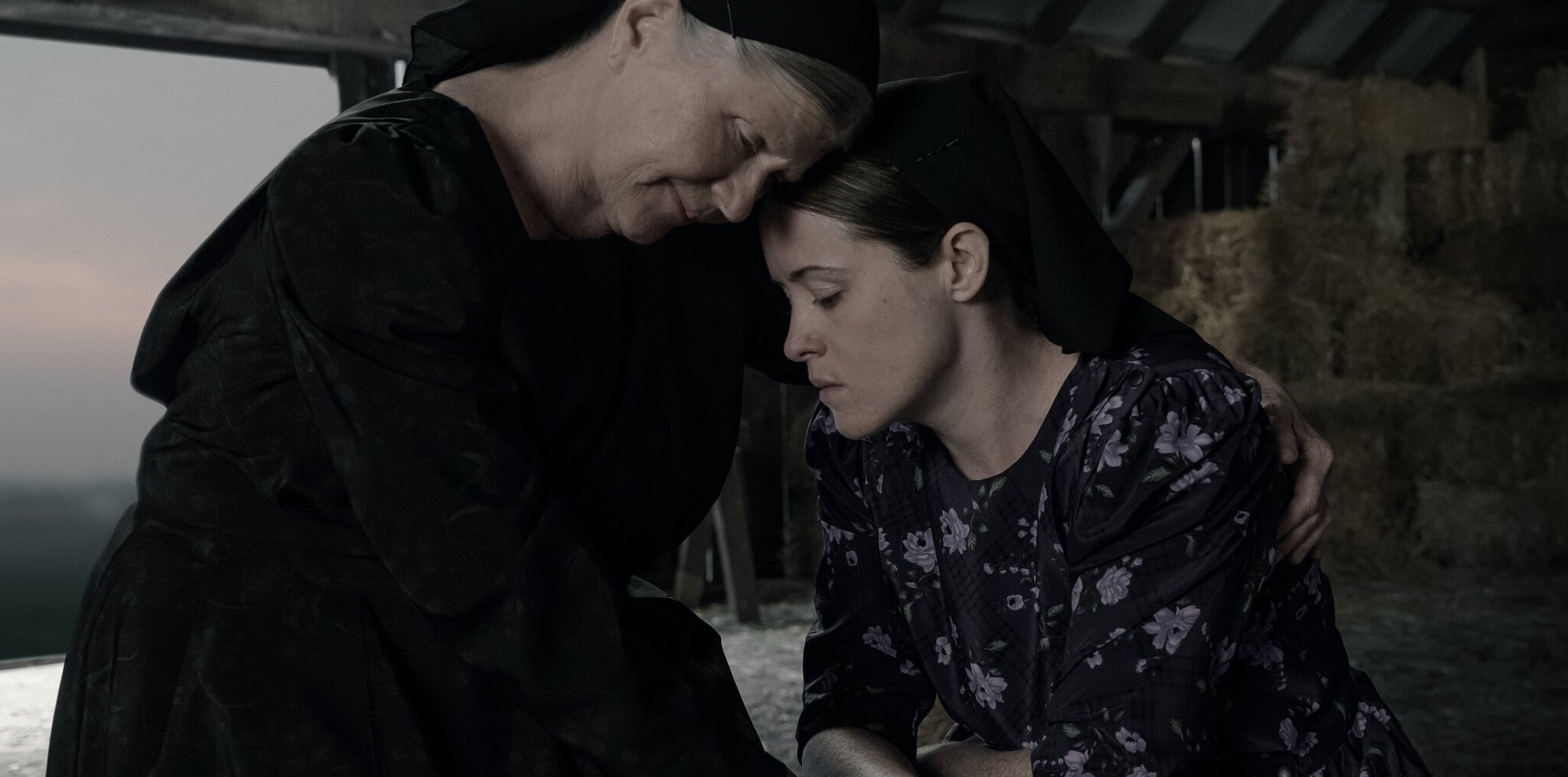
Not much happens in Women Talking, but what it lacks in action it more than makes up for in message. As the wronged women of an insular Christian colony decide whether they should leave or stay in their community, valuable points on each side are raised and debated fiercely. Are the men at fault or is there a bigger problem at hand? Is it sacrilegious to refuse forgiveness? Will leaving really solve anything?
The women of this ultraconservative and anti-modern community may not know how to read or write, but years of toiling away on land, family, and faith have made them wise beyond their years, which makes their discussion all the more captivating and powerful. Relevant themes, coupled with director Sarah Polley’s poetic shots and the cast’s all-around stellar performances, make Women Talking a uniquely compelling and timeless watch.
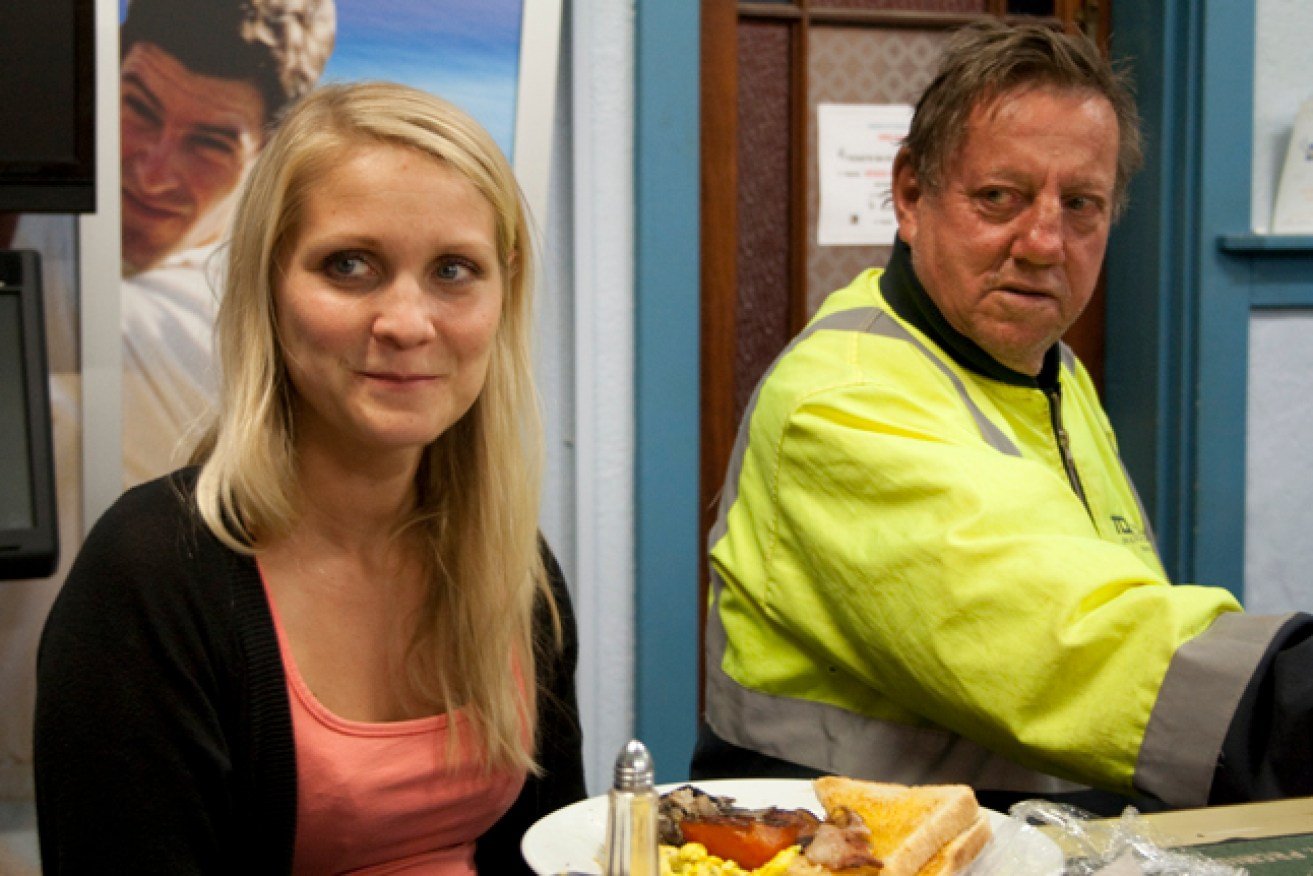
A plot straight out of a horror film: two young, but penniless foreigners find themselves stuck in a town ruled by miners and their drinking habits. This is the real story of Lina and Steph (surnames withheld), twenty-something women who have just been robbed out of their credit cards and cash in Bali. Their around-the-world trip takes them to Australia, by way of an agency that offers seasonal work, room, and board. The cost is small: you have to be “okay with a little male attention” in this particular place. A mining town called Coolgardie becomes synonymous with hell for the two women as seen through Pete Gleeson’s camera that’s inobtrustive, distant, “a-fly-on-the-wall”. Precisely that distance makes exacerbates the ick factor when watching the documentary today, even if its content is not judgemental. Because of how easily the camera blends in to the surroundings, we’re left to wonder exactly how deep racism and sexism run in that particular microcosmos. After all, according to the manager, customers “grow a new leg” when “fresh meat” comes to town.
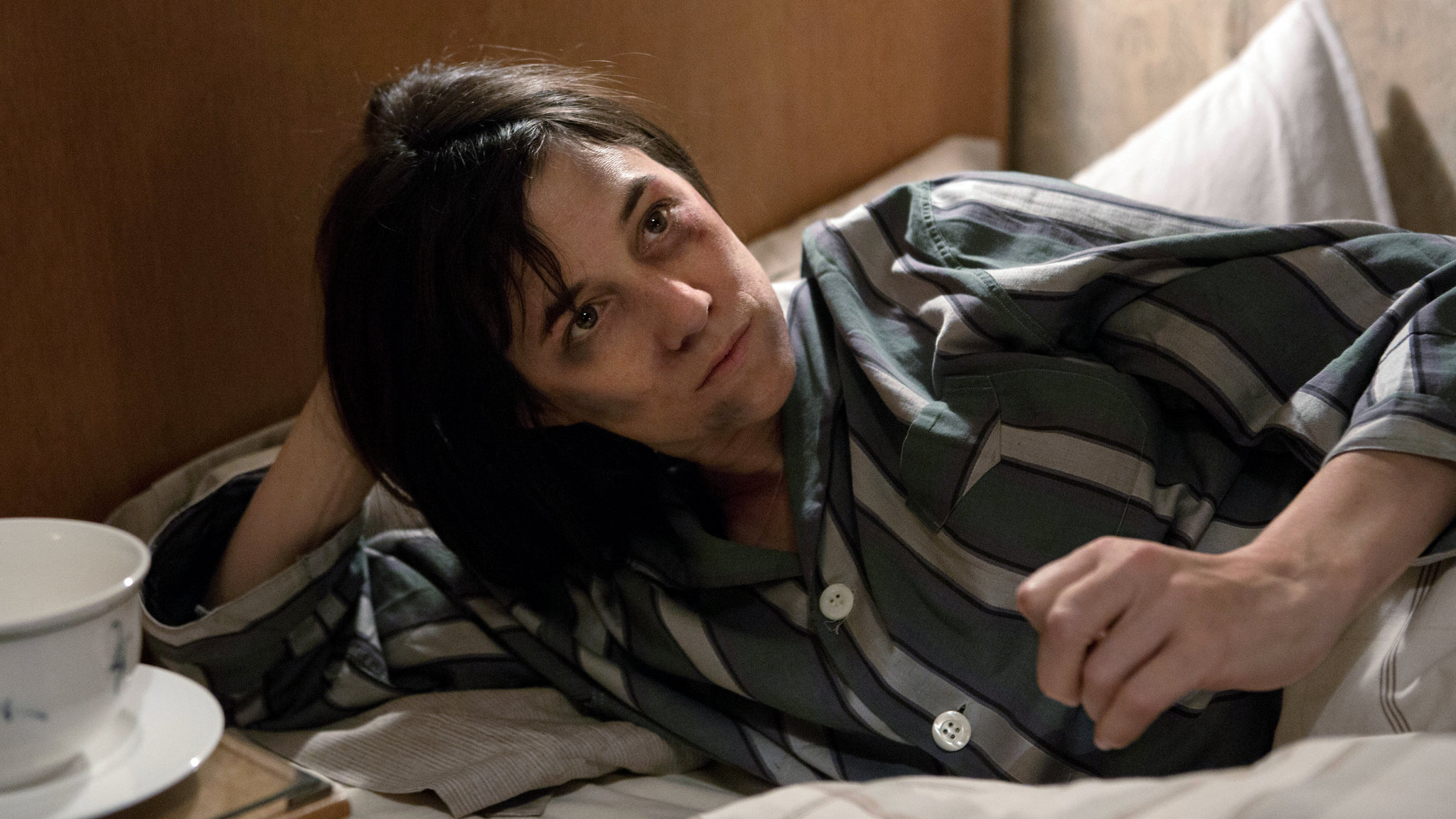
Danish writer-director Lars von Trier concludes his so-called Depression trilogy with the two parts of Nymphomaniac, an elaborate retelling of the life of a young woman (played by Stacy Martin and then, by Charlotte Gainsbourg) lived from one libidinous pleasure to another. The film’s elaborate subplots have a life of their own and flashbacks often take center stage in Joe’s auto-narration. Nymphomaniac I introduces the audience to adolescence and early adulthood, through disappointments, adultery, death drive, and extreme ambivalence. Joe’s process of self-actualization seems contested and inspiring at the same time, and Gainsbourg is really given the screen time to shine; even more so than in Trier’s previous psycho-social drama, Antichrist. Typically for the rich treasury of cultural references, Bach, Edgar Allan Poe, and Fibonacci play crucial parts in reconstructing the symbolic planes in Joe’s story. Oh, and Part One opens with Rammstein’s “Führe mich”, which in itself is an perfectly valid reason to give it a go.
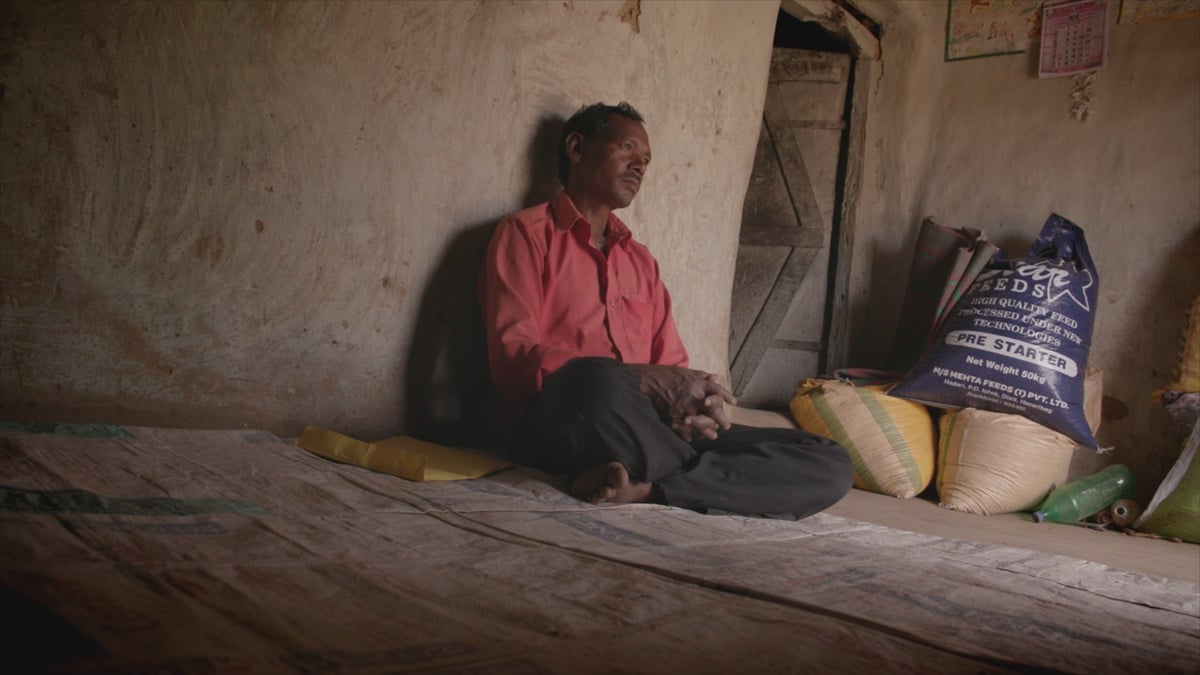
To Kill a Tiger should not be an easy watch. It’s about the gang rape of 13-year-old Kiran, a girl whose small village has shunned and blamed her for “not knowing better,” and who is being forced by community leaders to marry her abuser to “erase the stain” on herself. But instead of leaning on sensationalism, Director Nisha Pahuja tells Kiran’s story with so much care and sensitivity that it feels refreshing and ultimately inspiring to watch. Pahuja hones in on Kiran’s relationship with her father, Ranjit, who stands by her daughter despite the pressure imposed by his community to do otherwise. The filmmakers note that he’s the rare man to pursue justice for his wronged daughter, and we can see through intimate conversations among the villagers, lawmakers, and social workers how brave and novel Kiran and Ranjit’s journey is. To Kill a Tiger is not an easy watch, but under Pahuja’s deft direction, the discomfort feels necessary, and the relationships heart-aching but uplifting.
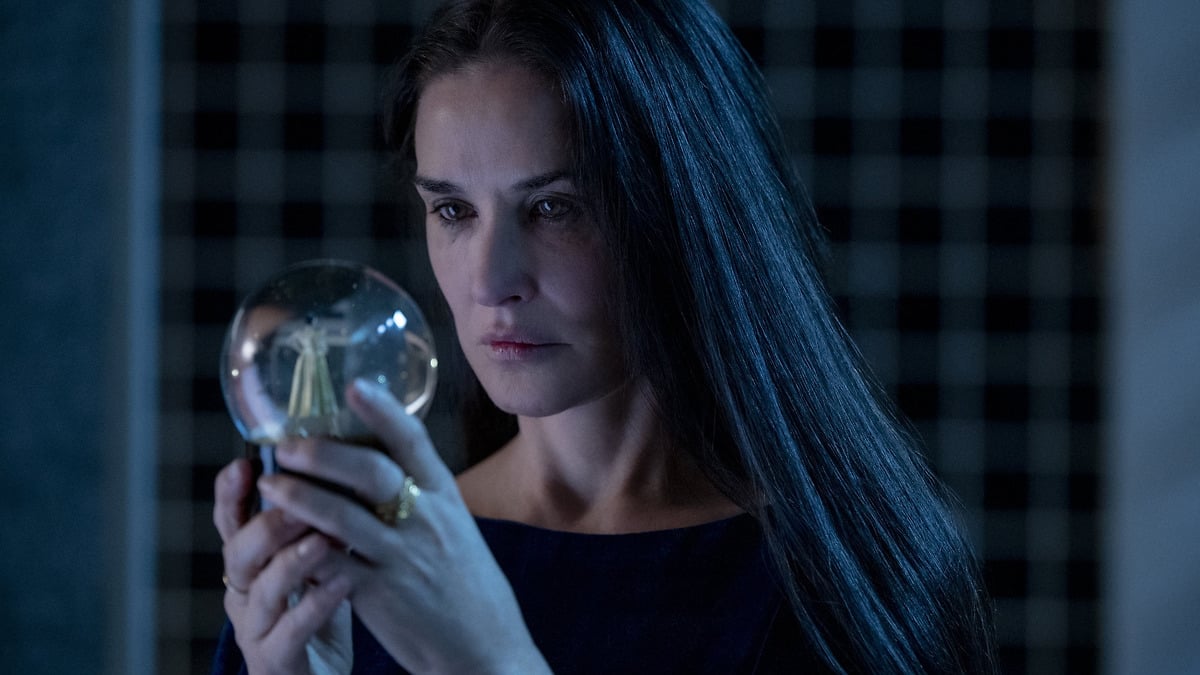
There is nothing quite like The Substance right now. It’s unsubtle, it’s provocative, and its satirical humor can be a hit or miss for some viewers, but it strikes at the one thing that’s fundamental to everyone, that can make or break their lives, yet that is rarely given grace and consideration– that is the body. Legions of people have yearned for youth and beauty, but The Substance systematically outlines how much these have been intertwined with our livelihoods, opportunities, and identities, and how other entities would capitalize on this yearning and push many of us to take that out, suck that out, literally, from ourselves. The Substance does this all with insane, frenetic energy.
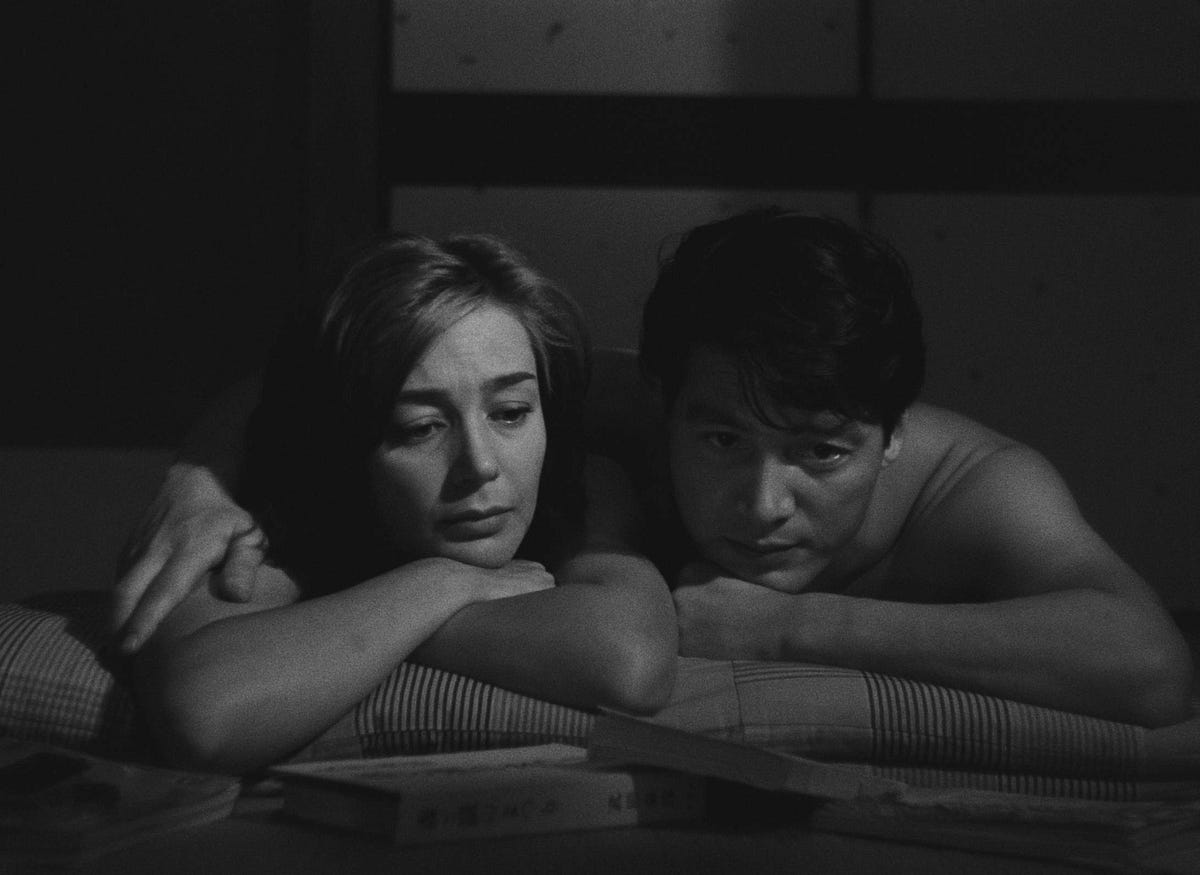
While initially commissioned to be an atomic bomb documentary, Hiroshima Mon Amour became something entirely different. For starters, it’s not a documentary, with director Alain Resnais recruiting author Marguerite Duras to write the screenplay, but it was pretty unusual for a narrative film at the time. It’s a love story, yes, but with such a poetic introduction of the two lovers going back and forth about what they know and don’t know about the bomb, pairing their discussion with archival footage and captivating scoring, Resnais created a new, non-linear cryptic style to capture how memory, grief, and loss irrevocably shaped a generation. Hiroshima Mon Amour was an unexpected shift, eventually becoming one of the most influential films of the French New Wave movement.
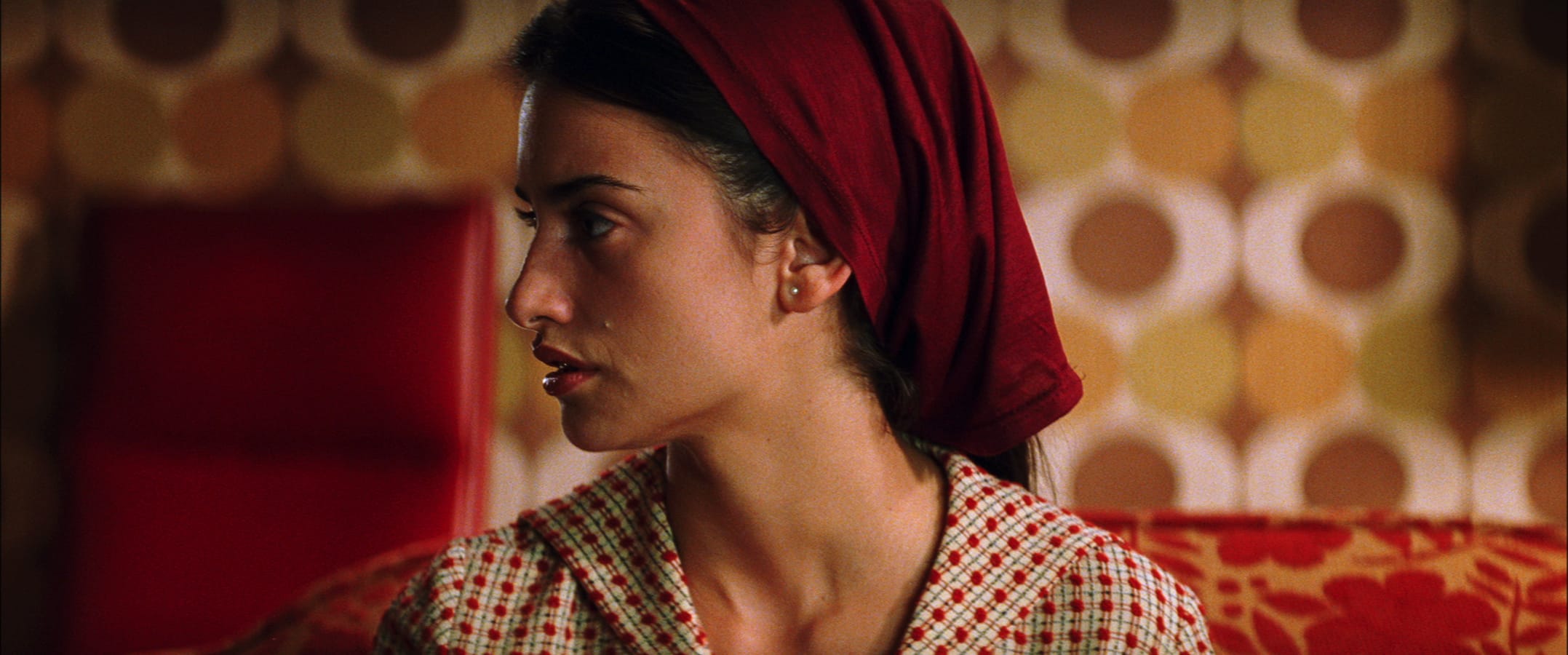
A lot of things steal your attention in All About My Mother, Spanish director Pedro Almodovar’s ode to women. There are the colorful characters, which include a transgender sex worker, a pregnant nun, and a red-haired theater diva. There are the vibrant primary colors, the jokes that catch you off-guard, and the powerful dramatic performances. It could’ve easily been a mess, but Almodóvar—in a way that only he can—makes everything coexist beautifully. The dramedy is just as much about mothers as it is about homosexuality, found families, grief, and love. Although it’s in Spanish, it conveys impactful, universal themes. It’s no surprise that it swept awards around the world, including the Oscars, Goya, and the Golden Globes.
This groundbreaking documentary follows the USA Olympics sexual abuse case that made headlines in 2015. Through interviews with Olympians, their families, and investigative reporters, it’s also a documentary on the overall culture of abuse in gymnastics: sexual, physical, and emotional.
In one scene from the 1996 Olympics, gold medalist Kerri Strug has to run, vault, and land – all with a severe foot injury that was covered up by her coaches. She does this twice, limping between attempts and crawling off the mat on the second, crying. Meanwhile, her family, her coaches, the spectators – the World – is celebrating.
When she’s carried off, it’s Larry Nassar, the pedophile at the center of the documentary, who carries her.
Athlete A is groundbreaking exactly because it illustrates that the problem is not only with one doctor, or the 54 coaches who were also found guilty of sexual abuse, or the morally bankrupt leadership of USA Gymastics; it’s also about what went so wrong with society to see the abuse of young girls as cause for celebration.

Krzysztof Kieślowski’s drama stars Irène Jacob as two identical women living separate lives, and the intricate and indelible ways in which they are bound together. While Weronika, a Polish singer, balances her familial duties and intimate romantic relationship, a French music teacher named Véronique senses that she is not alone.
The Double Life of Véronique’s hypnotic and entrancing qualities will wash over you like a tide crashing over a bed of sand. It is a tough film to capture in words, when so much of it is just beyond words—Kieślowski’s film is one to be seen, sensed, and experienced.
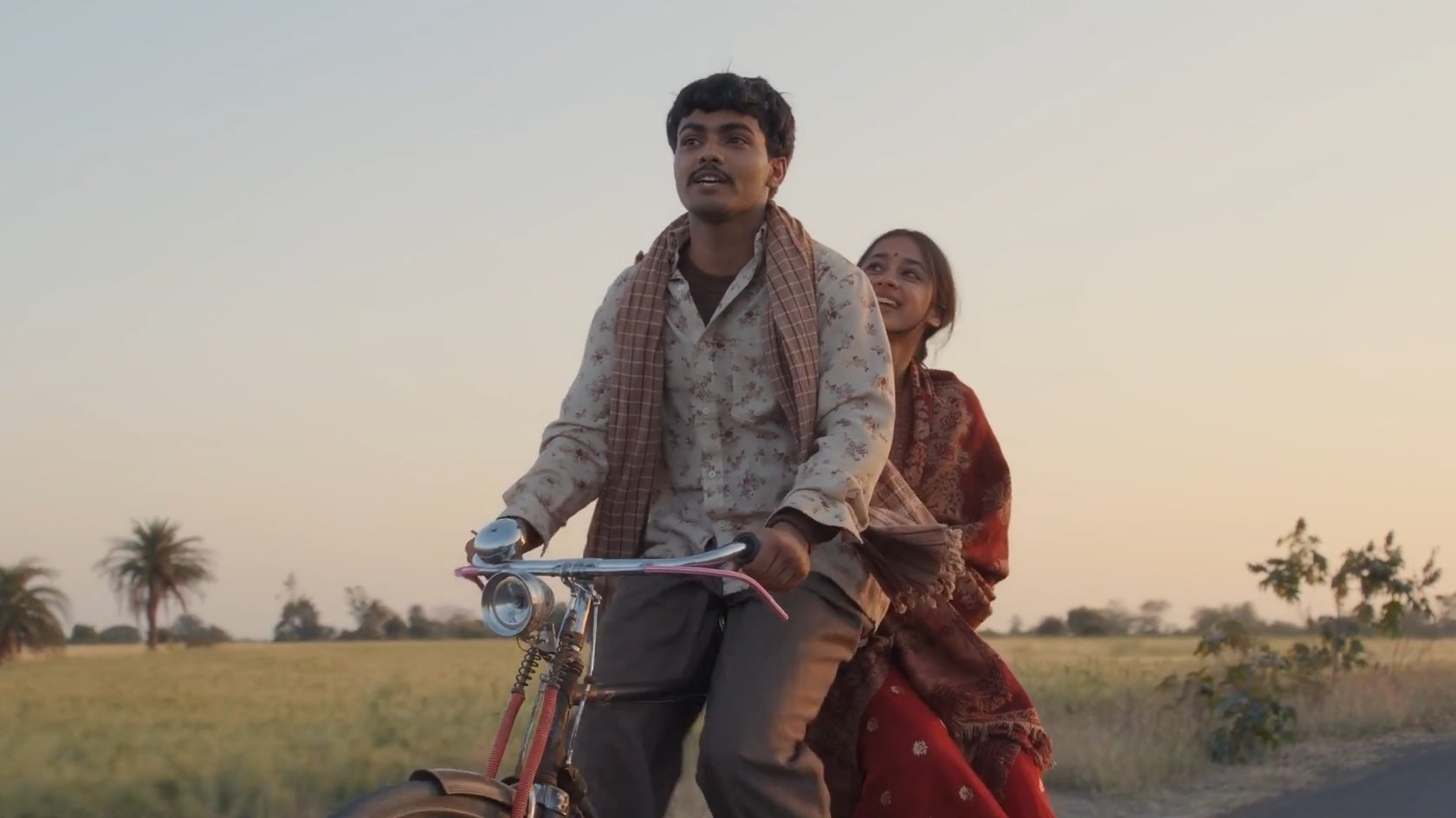
When two young brides are mistakenly swapped on a train, it’s a difficult situation, much more so when the brides in question are both veiled and wearing the same red bridal attire. This seemingly simple swap is the entire plot of Laapataa Ladies, but director Kiran Rao transforms this mishap into a hilarious, yet realistic, satire that challenges plenty of the norms enforced on women in the country. As Phool and Jaya switch places, the film understands where their respective mindsets come from– Phool having not learned much about the world, and Jaya having been jaded by it– but the film doesn’t stop there. It brings them to places that challenge those mindsets, and in turn, they challenge the people around them too, by actively making choices from the mindsets they had to hold to survive. Laapataa Ladies is what it says on the tin– Laapataa is the word for lost– but the sharply written characters, the witty dialogue, and the subtle social commentary make this charming love story one of a kind.

In Things to Come, life tests a philosophy professor on the very same subject she teaches. For Nathalie (Isabelle Huppert) — who has two grown-up children, a husband of 25 years, and a recurring publishing contract — the future isn’t something she gives much thought, because she assumes it’ll be more of the same. When her students protest against a law to raise the pension age, this middle-aged ex-anarchist can’t bring herself to engage with their apparently far-sighted cause; unlike them, all she can think about is the present. But then a series of events overturn her life as she knew it and she finds herself, at middle age, staring at a blank slate.
This is a movie about our surprising ability to deal with disaster — the instincts that emerge when we least expect them to. What’s more, it’s about the insistence of life to keep going no matter how difficult a period you’re experiencing — something that might initially seem cruel but that is, actually, your salvation. The film’s academic characters and philosophical preoccupations never feel esoteric, because Hansen-Løve’s gentle, intelligent filmmaking puts people at its center as it explores human resilience — not through stuffy theory, but an intimate study of someone coming to terms with a freedom she never asked for.
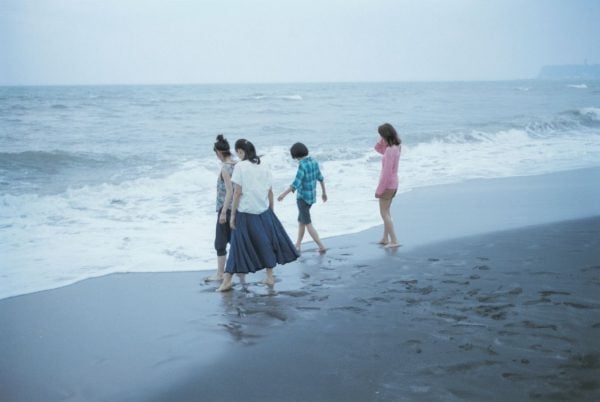
Hirokazu Koreeda can do no wrong. The director of Shoplifters and Still Walking is a master of dissecting complex family dynamics through a handful of events. In Our Little Sister, three close sisters who live at their grandmother’s house learn that their absent father has passed. They travel to the mountains to attend his funeral and meet their half-sister, Suzu, for the first time. Suzu is invited to live with the sisters and join their bond.
This movie is a true-to-the-form slice of life, it’s almost drama-free. This absence of plot is an absence of distractions: the sisters are all that matters to Koreeda. His only focus is on how this family becomes bigger, sees past grief, and how the group of close-knit sisters that grew up together can make room for a new addition.
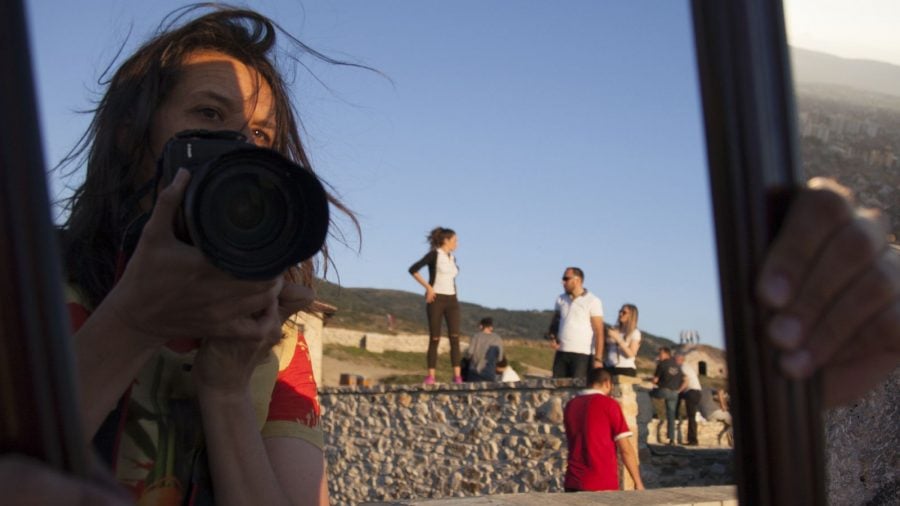
In Cameraperson, documentarian and cinematographer Kirsten Johnson creates an incredible patchwork of her life—and her life’s work. Johnson has been behind the camera of seminal documentaries like Citizenfour, The Invisible War, and The Edge of Joy. Here, Johnson stitches together fragments of footage, shot over 25 years, reframes them to reveal the silent but influential ways in which she has been an invisible participant in her work.
In one segment, Johnson places the camera down in the grass. A hand reaches into the frame briefly, pulling up weeds that would otherwise obscure the shot. Cameraperson is a must-see documentary that challenges us to reconsider and reflect upon how we see ourselves and others through the camera lens, and beyond it.
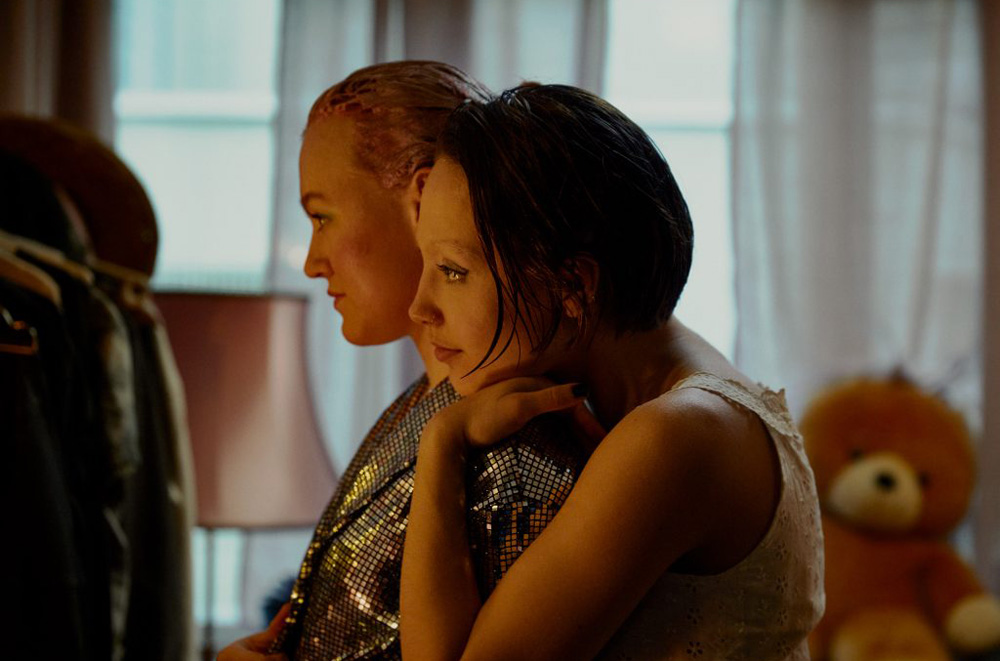
Understandably, Mimmi, Rönkkö, and Emma, the teenage girls who lead this Finnish coming-of-age drama, are bursting with emotional urgency. On the cusp of adulthood, they plunge into house parties and romantic affairs in the hope that exploring love, sex, and adventure leads them closer to being self-aware adults.
Of course, that’s a lifelong process, but they don’t need to know that just yet. For now, they’re explosive and ecstatic and awkward and angry. They’re at a point in their lives where falling head over heels is still an endearingly fresh experience and not a frustratingly repeated mistake.
The film is intense in this way, but it’s leavened by a beautiful naturalism that’s seen in the young cast’s performances, the setting’s soft lighting, and the camera’s boxy ratio and grainy finish, the latter of which recall a disposable camera capturing the indiscriminate moments shared between teens. Girl Picture is an intimate and authentic portrait of girlhood—see it if you can.

This story of a filmmaker who stayed in Aleppo, Syria during the war, got married then had a child called Sama, is a mix of difficult and inspiring.
There are stories of unsurmountable loss, as the filmmaker’s husband is one of the 30 remaining doctors in Aleppo (a city of almost 5 million), and she films many of the victims that come to his hospital. But while this is happening, there are also uplifting stories of resilience and rare but profound moments of laughter and joy.
We’re growing too sensitized to violence in Syria, and this movie, possibly the most intimate account of the war, can stir back a much-needed awareness of the injustices that take place.
When things get really bad in the documentary, it’s hard not to wonder where the humanity is in all of this. You quickly realize that it’s right there, behind the camera, in Sama and her mother’s will to live.
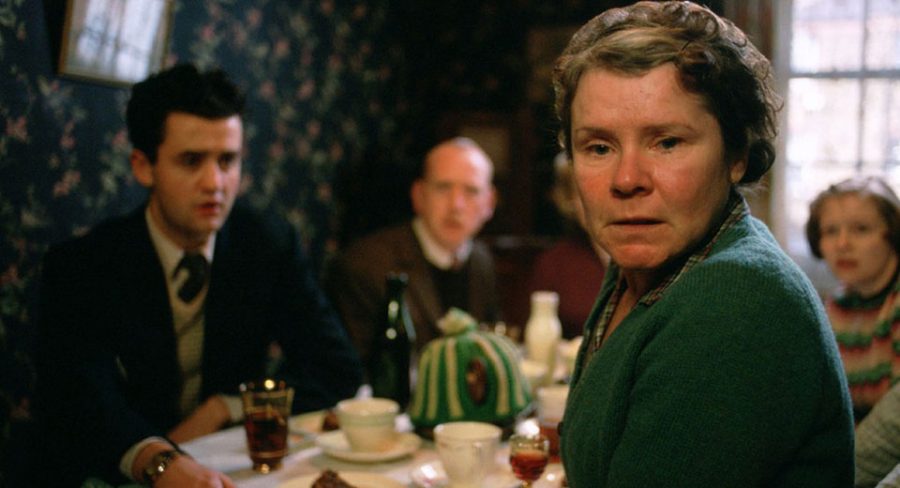
Mike Leigh’s forthright and compassionate depiction of working-class life extends to his period pieces as well. Imelda Staunton is remarkable as Vera Drake, a housekeeper in 1950’s London who quietly performs abortions on the side.
Leigh’s vigilant portrayal of class highlights the stark divide between abortion access for the poor and what is offered to the rich. The storytelling is simple and straightforward, he doesn’t over-sentimentalize or grandstand, but merely depicts conditions as they were. Meanwhile, Staunton’s Vera oozes so much fullness, warmth, and empathy, that the heartbreak that follows is mercilessly palpable.
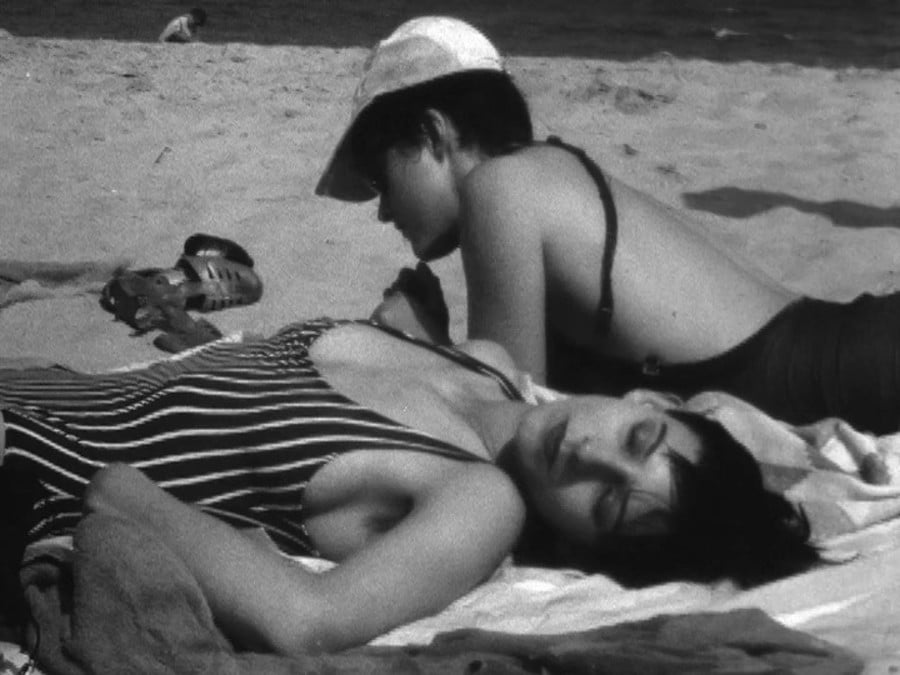
One of the most notable avant-garde filmmakers, Su Friedrich is both a tour-de-force of documentary filmmaking and queer cinema. In Sink or Swim, Friedrich explores the complicated dynamic between a distant, work-oriented father and young daughter longing for his attention, approval, and love.
At just barely 45 minutes, Sink or Swim is cinematic poetry. The movie slowly unfolds across six vulnerable vignettes, through which Friedrich invites the viewer to meditate on the past alongside her. Through photographs, archival footage, and loose narrative storytelling, Freidrich shows that storytelling is a way of both healing the past and learning to live with its ghostly figures.
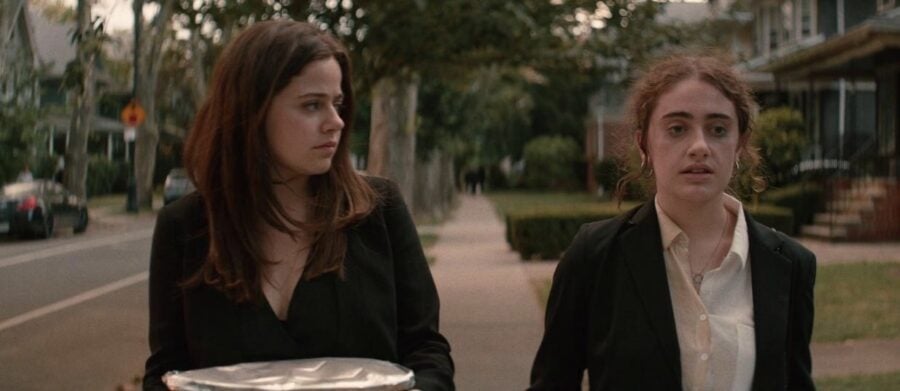
A young bisexual woman attends a shiva, caught between her parents and their expectations, her ex, and her sugar daddy. Rachel Sennott’s Danielle is yet to find her path in life and everyone is determined to remind her of that. Taking place almost entirely in real-time, the film’s sharp wit is contrasted with constant anxiety, complemented by Ariel Marx’s horror-like score, full of discordant pizzicato that sounds like every last bit of sanity snapping.
It’s a sex-positive take on 20-something life, treating bisexuality as wholly unremarkable and passing no judgment on Danielle’s sugar daddy income. Its specificities about Jewish customs and traditions are non-exclusionary, while its social claustrophobia is achingly universal. It’s comforting in the way it portrays the social horrors we all face, the feeling that everyone but you has life figured out, and that – ultimately – those who matter will pull through, eventually. One of 2021’s best.
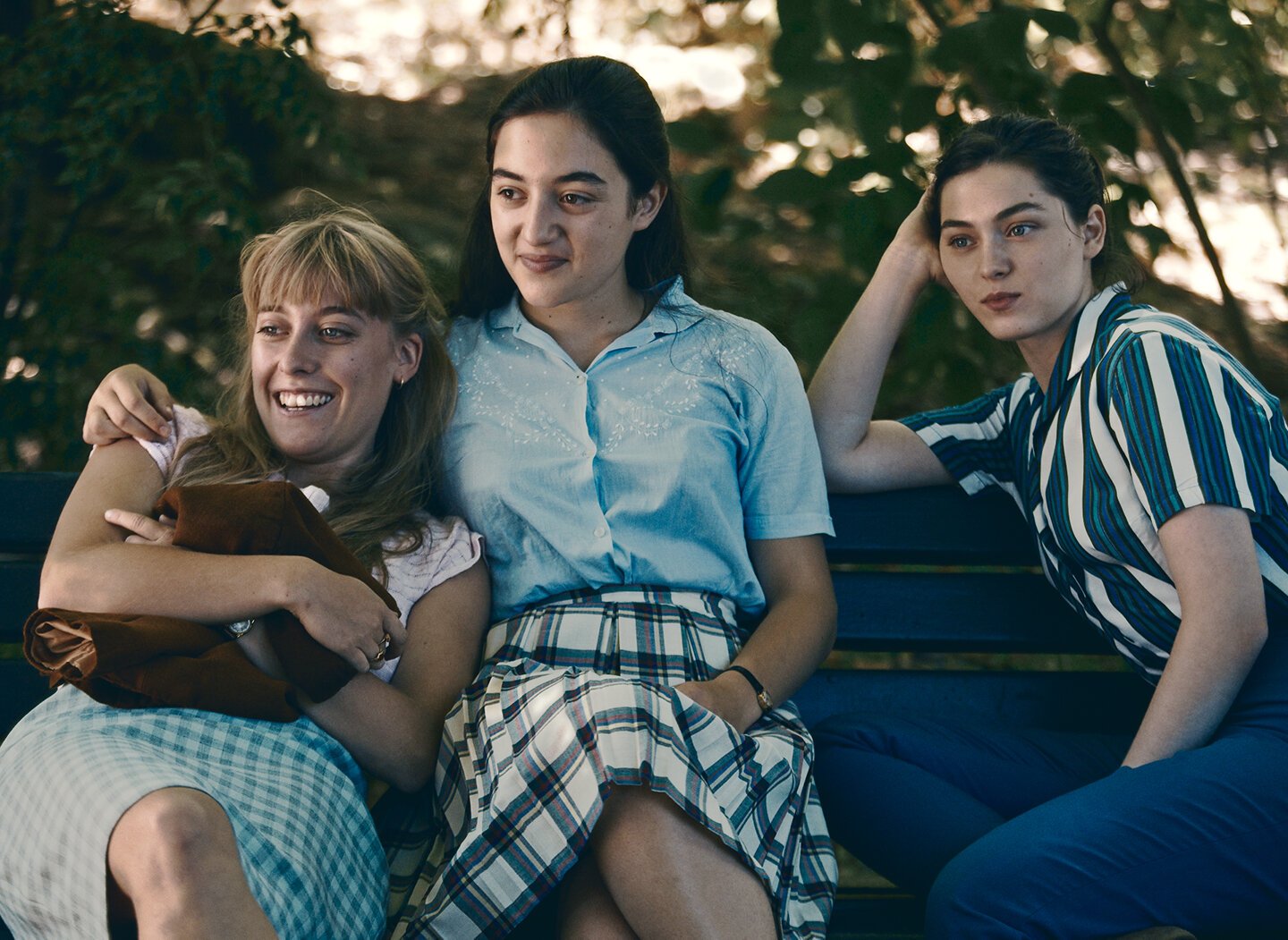
It’s heartbreaking to realize that Happening, a film set in 1960s France tracking a young woman’s journey to dangerously and desperately terminating her pregnancy, is still very much relevant and relatable to this day. Around the world, abortion is still inaccessible, if not completely illegal, and women still struggle to lay full claim to their bodies. A lot of girls grow up with pregnancy statistics meant to instill fear, but Happening brings all that to brilliant life in intimate and unrestrained detail. The fears and wants of our protagonist Anne (played precisely by Anamaria Vartolomei) are palpable throughout. Nothing is held back in this film, and if you find yourself sick in parts, then it has achieved its goal of realistically conveying what it’s like to stay alive in a society that fails to recognize your needs.
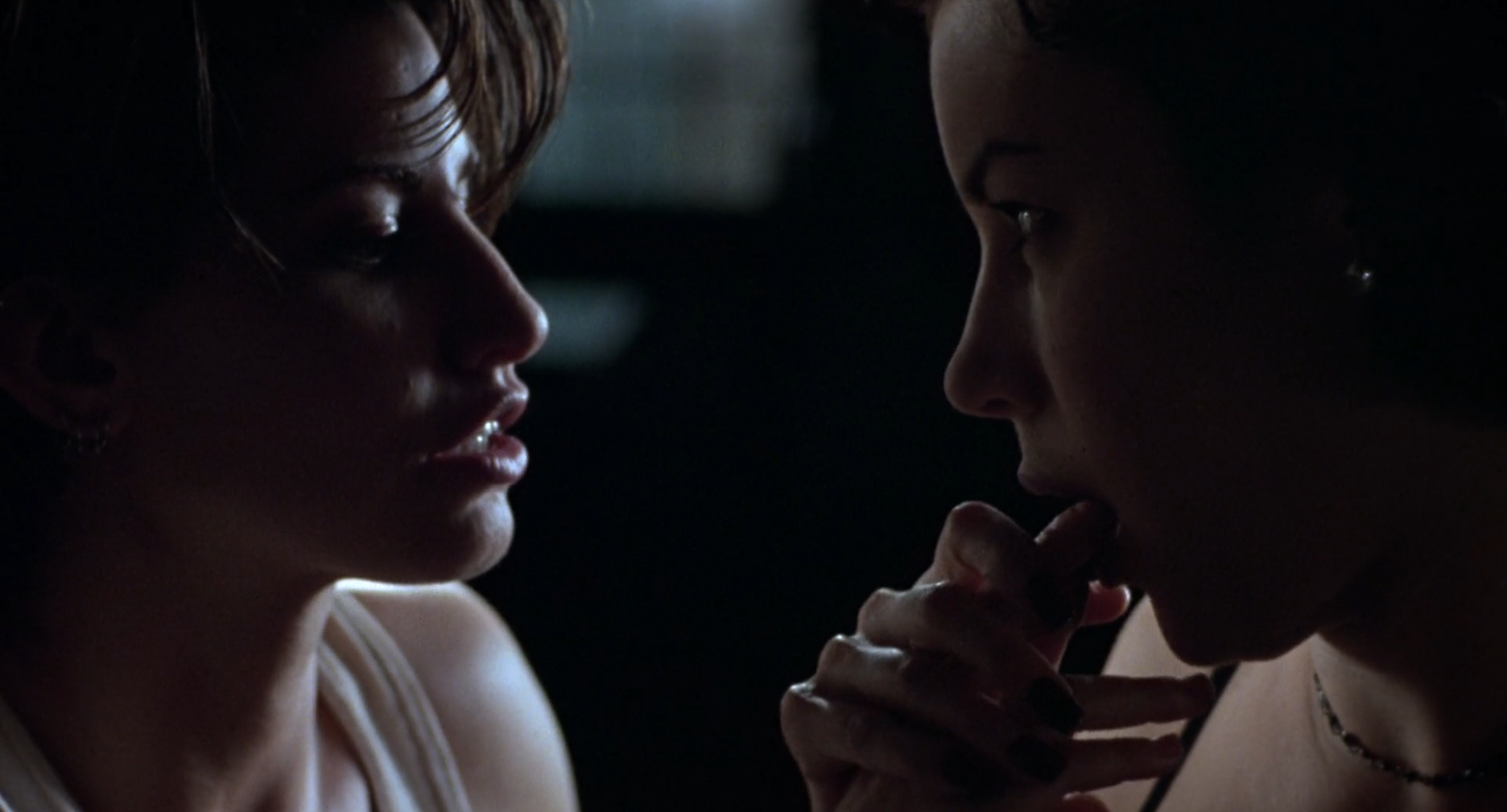
Three years before the Wachowskis released The Matrix, their debut, Bound, was already one of the most visually stunning crime thrillers of the 1990s. If you look at the film as a straightforward genre piece, it’s as thrilling as the best of the genre: vulnerable heroines, suspenseful sequences taking place mostly in one enclosed location, and a plot driven by mind games and careful manipulation. Every scene is marked by one breathtaking image after another, from the atmospheric use of lighting and color to intelligently placed cuts linking the two protagonists together no matter how much they’ve been kept apart.
But Bound only takes on more meaning when you look at it through the queer and trans perspective that the Wachowskis undoubtedly placed over the film years and years before their own coming out. By focusing on how Violet and Corky (a captivating Jennifer Tilly, and a sensual Gina Gershon, respectively) use their femininity and their gender as tools to break free from these patriarchal gangster narratives, Bound becomes a timeless expression of queer yearning and freedom.
Based on the Austrian novel, The Piano Teacher is as brilliant and as disturbed as its protagonist. The film follows Erika Kohut (Isabelle Huppert), the repressed masochist in question, and the trainwreck of a relationship that she develops with her student Walter Klemmer (Benoît Magimel). Their dynamic is undeniably toxic. Austrian auteur Michael Haneke frames each scene with clinical detachment, but it is absolutely brutal how the two characters try to assert control over each other, engage in sadomasochism, and repeatedly violate each other’s boundaries. Huppert’s heartrending performance fully commits to the merciless treatment Erika receives. But more tragic is the way Erika’s unusual relationship could’ve freed her, could’ve helped her process her abuse, and instead, reinforces her repression. It’s scary to make yourself vulnerable by admitting your desires, only for them to be used against you.
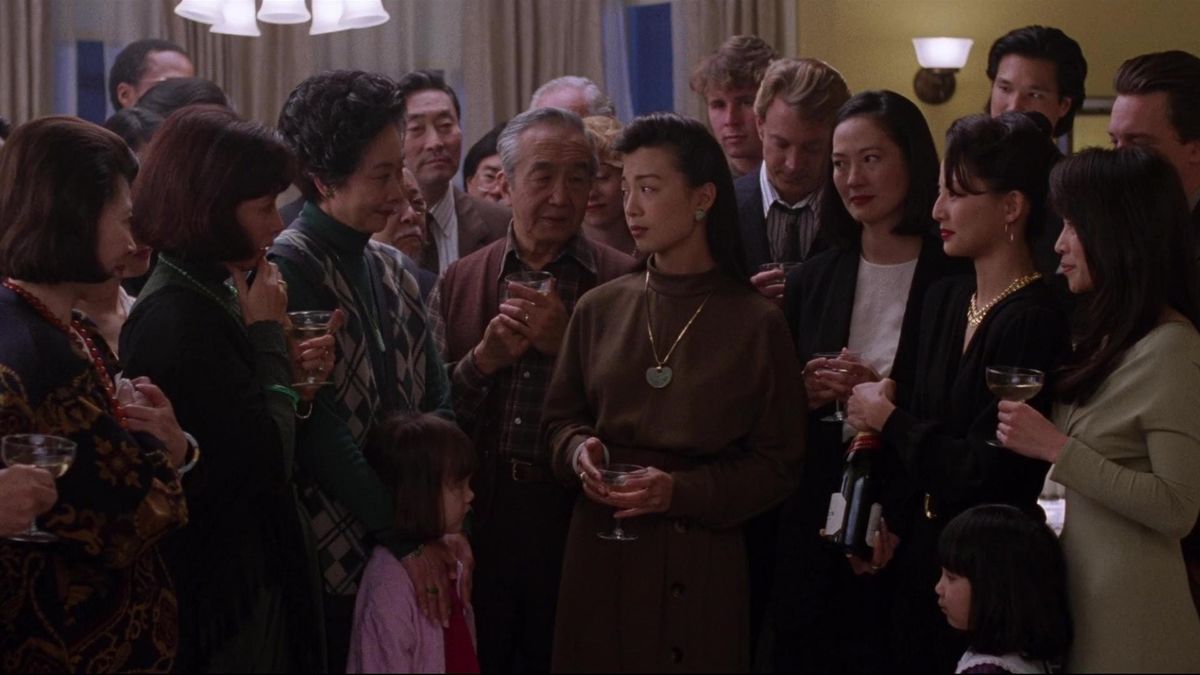
Before Turning Red and Crazy Rich Asians, there was The Joy Luck Club. Based on the bestselling novel, the film adaptation centers around the four Chinese-American women and their relationships with their mainland-born mothers. Explaining that the club isn’t particularly joyful or lucky, the film starts from June’s perspective, a perspective of a Chinese-American woman who’s lived all her life in America. However, through strategic screenplay structure and effective sequence arrangement, we learn the struggles of the founding club members, the struggles that brought them to another country, which forms the dynamics between them and their American daughters. Because of how comprehensive and layered the film is, this underrated film adaptation is a phenomenal take on the immigrant experience. Tears are inevitable with how they deal with difficulties, but so is hope.
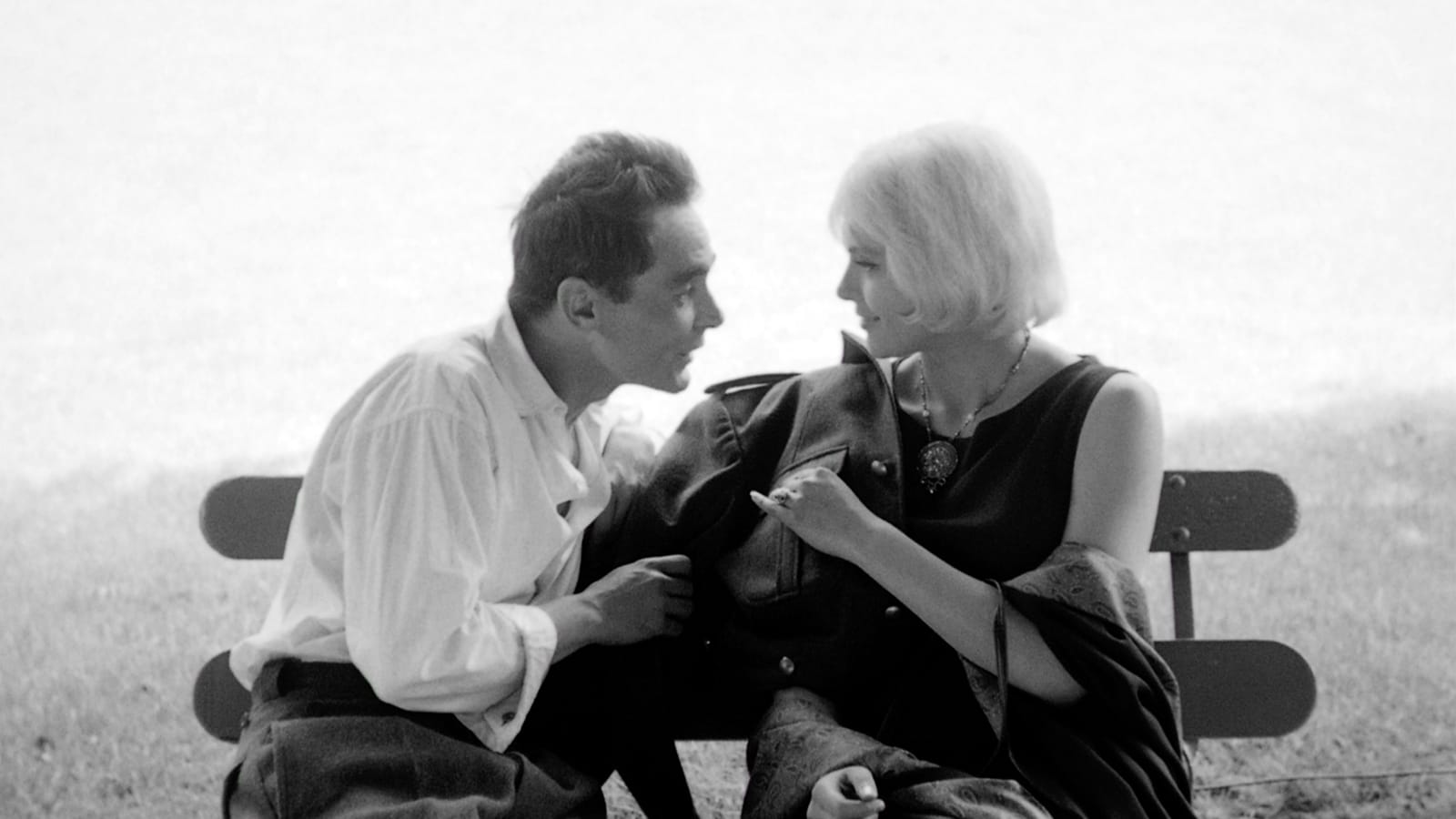
The prospect of death puts everything into perspective, but Cléo from 5 to 7 crafted a totally new one altogether. As it says in the title, the titular singer wanders the French capital in real time, with an ominous tarot card reading turning Cléo’s world into black and white, shifting the mood even as she tries to ease the worry by going through her regular day-to-day. But as she does so, filmmaker Agnès Varda crafts memorable images that subtly depict Cléo’s inner world. The camera pivots, swaps angles, changes point of view, and only moves into the conventional images and score when Cléo performs, whether that be in literally practice of her craft, or in the presence of other people depending on the role she plays in their life. It’s this thoughtful use of the camera, gaze, and of time itself that makes Cléo from 5 to 7 a standout drama from the French New Wave.
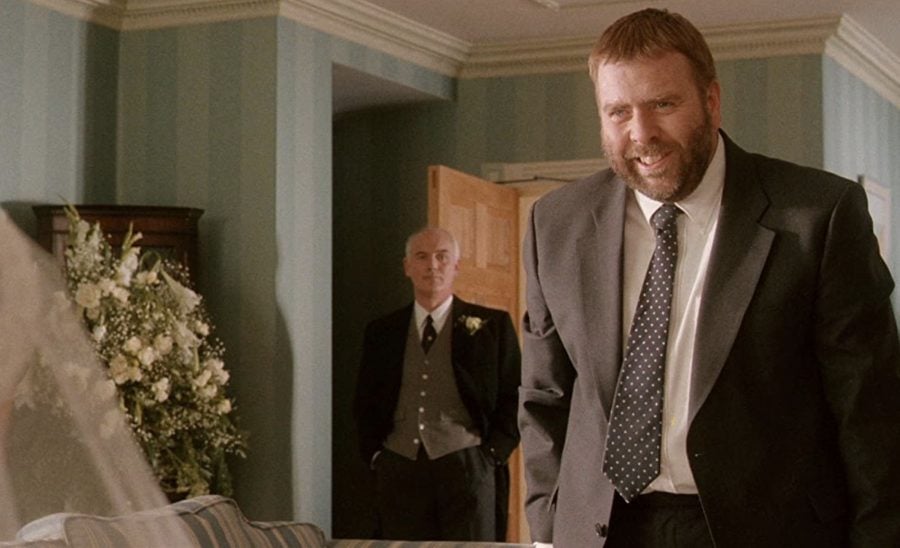
A woman yearns to find her biological mother, another woman struggles with infertility, a third wants to connect with her rebellious daughter. Director Mike Leigh has the prowess to seamlessly weave these stories together, and part of the joy is knowing, that like clockwork, these narratives are set on a spectacular collision course.
As melancholy as it is optimistic and as funny as it is tragic, Secrets & Lies is a perfect example of Leigh’s oeuvre and earned him a Cannes’ Palme d’Or. The film features a full cast of his regulars with the fantastic addition of Marianne Jean Baptiste as Hortense – the woman who sets the wheels of the film in motion.
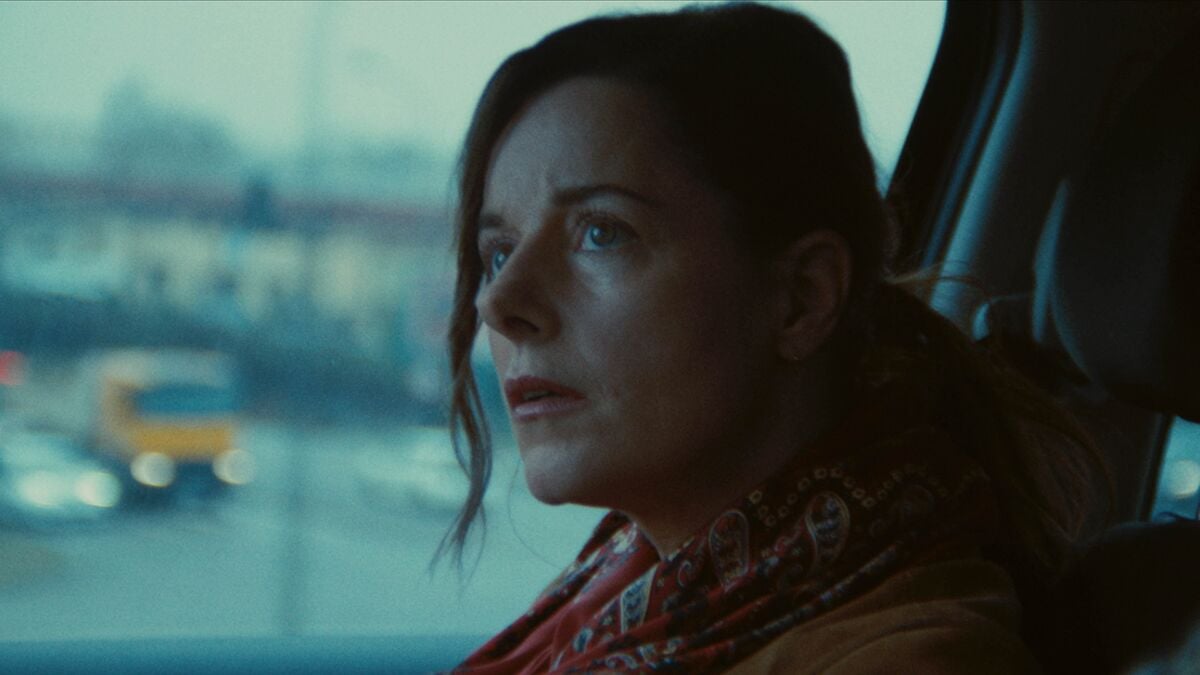
Full Time is about the Herculean task that is getting through the day. For Julie Roy (the incredible Laure Calamy), that means keeping a job in the city as a single mother living in the suburbs. In this particular week, she has to attend to childcare, work a job below her skill set, apply for a job that actually matches her skill set, and get home before her children’s bedtime, all while a transport strike immobilizes the city.
Protests aside, Julie’s reality is an everyday feat some of us don’t even bother to question, but the film—edited and scored like a thriller—makes a vital point about the overlooked difficulties of juggling career, family, and self.
It’s unrelenting, intense, and truly gripping from start to end, kind of like Uncut Gems for the everywoman. It’s rare to see social commentary at this pace, but it’s also unexpectedly powerful, a necessary portrait of the times.
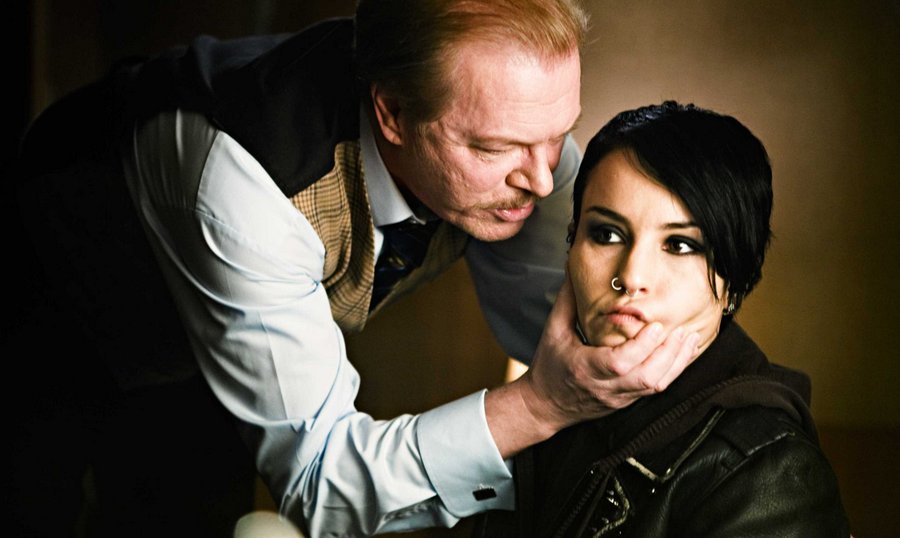
The original Swedish mystery thriller that was later remade by David Fincher. It’s the same story of a wealthy man hiring a journalist and scrappy hacker to solver a murder, but told better. This version is slower, has more attention to detail and pace. In casting, authenticity triumphs over good looks. In staging, aesthetics are given as much importance as thrills. And in the story, intelligence wins over plot. This gives the main character of Lisbeth Salander (played by Noomi Rapace) better space to deploy her full mysticism and enigmatic nature. Danish director Niels Arden Oplev masterfully brings everything together to make for a movie that will forever be remembered.
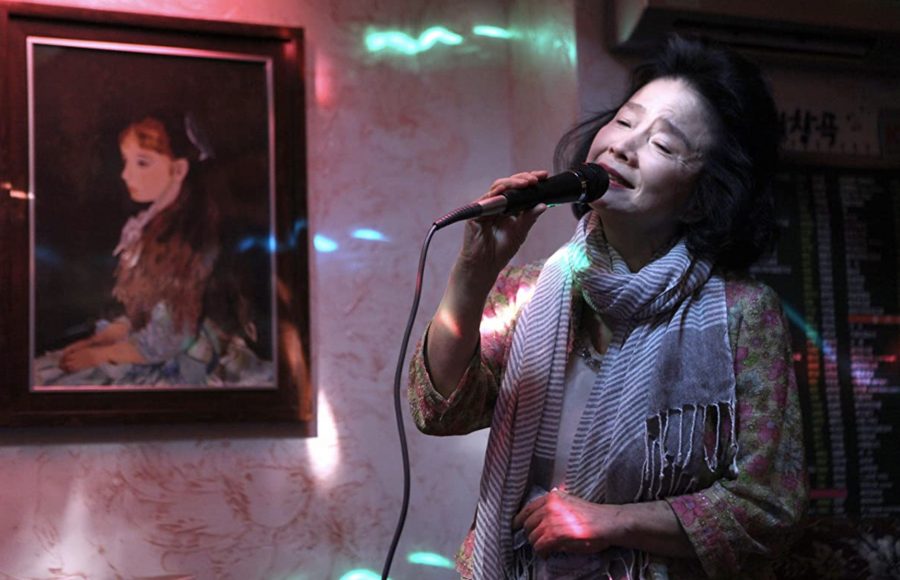
Poetry is a masterpiece from one of South Korea’s most cherished movie directors, Lee Chang-dong. The simple story follows the everyday life of a grandmother, Mija, who works as a caretaker for a living. To fill her inner emptiness, she decides to join a poetry club with other grandmothers in her neighborhood. Meanwhile, as Mija deals with her own financial and health problems, she struggles to connect with her teenage grandson — only to find out that he is keeping a dark secret. If you are familiar with Lee Chang-dong works, then you know that the movie will tug at your heartstrings. But if you aren’t, prepare to be moved.
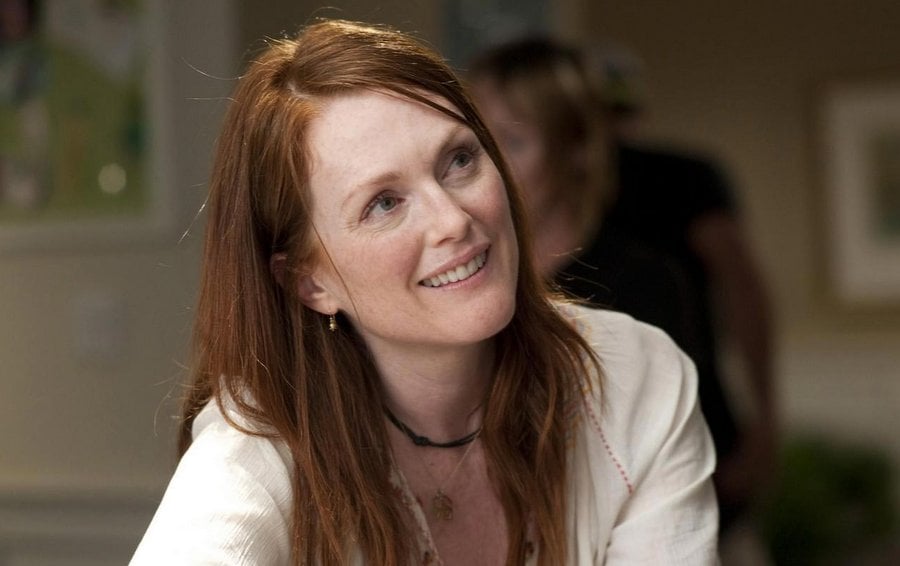
Sit back, relax, and wait for the feels. With amazing performances from an ensemble cast, including Julianne Moore, Mark Ruffalo, and Annette Bening, as well as excellent directing; The Kids Are Alright is a highly realistic yet entertaining take on families, growing up as children, and growing as parents. Moore and Bening play a gay LA couple, whose two kids meet their biological father, a goofy, laid-back sperm donor, portrayed perfectly by Ruffalo. Nominated for four Oscars and awarded with two Golden Globes, The Kids Are Alright is an arresting, authentic, and astute indie comedy-drama, and a pleasure to watch. Director Lisa Cholodenko and her talented cast have really created something special here!
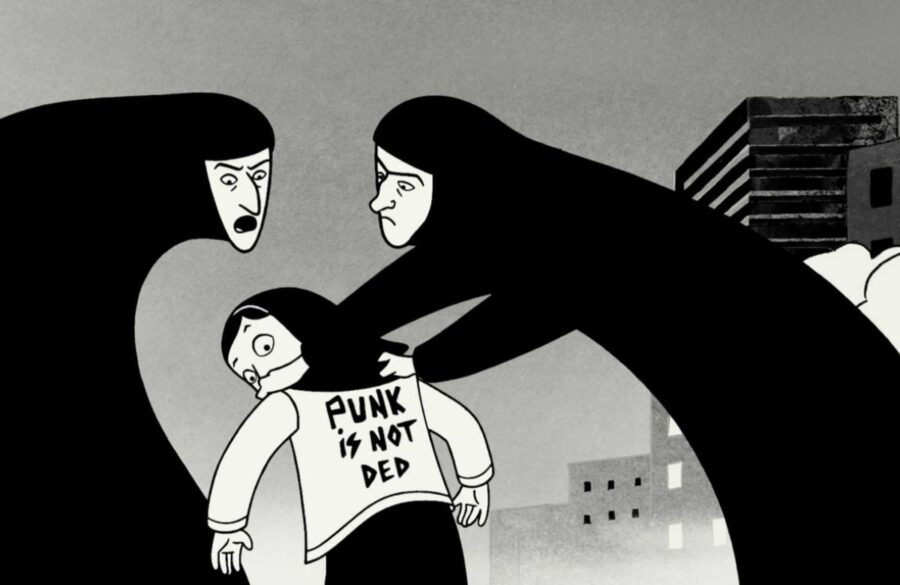
Persepolis is the true story of Marjane Satrapi, the writer and illustrator whose graphic novels of the same name the film is adapted from. It details in vivid animation the trials of growing up in war-torn Iran, but also, crucially, the joys of being raised by a loving family and the significance of forming one’s own ideals and identity. In between revolving dictatorships and tightening restrictions, Marjane comes into her own and discovers what it means to live a meaningful life.
It’s a testament to Satrapi’s many talents that Persepolis never feels too flat or cynical given its 2D style and bleak backdrop. The drawings impressively morph with Marjane’s every thought, as if the ink itself were alive, and her wit persistently comes through in sharp observations and dialogues. Equally impressive is the film’s commitment to portraying war and conflict in a nuanced manner. In an autobiographical tale that is about Marjane’s coming of age as much as it is about her country’s survival, it’s never been more true that the personal is political.
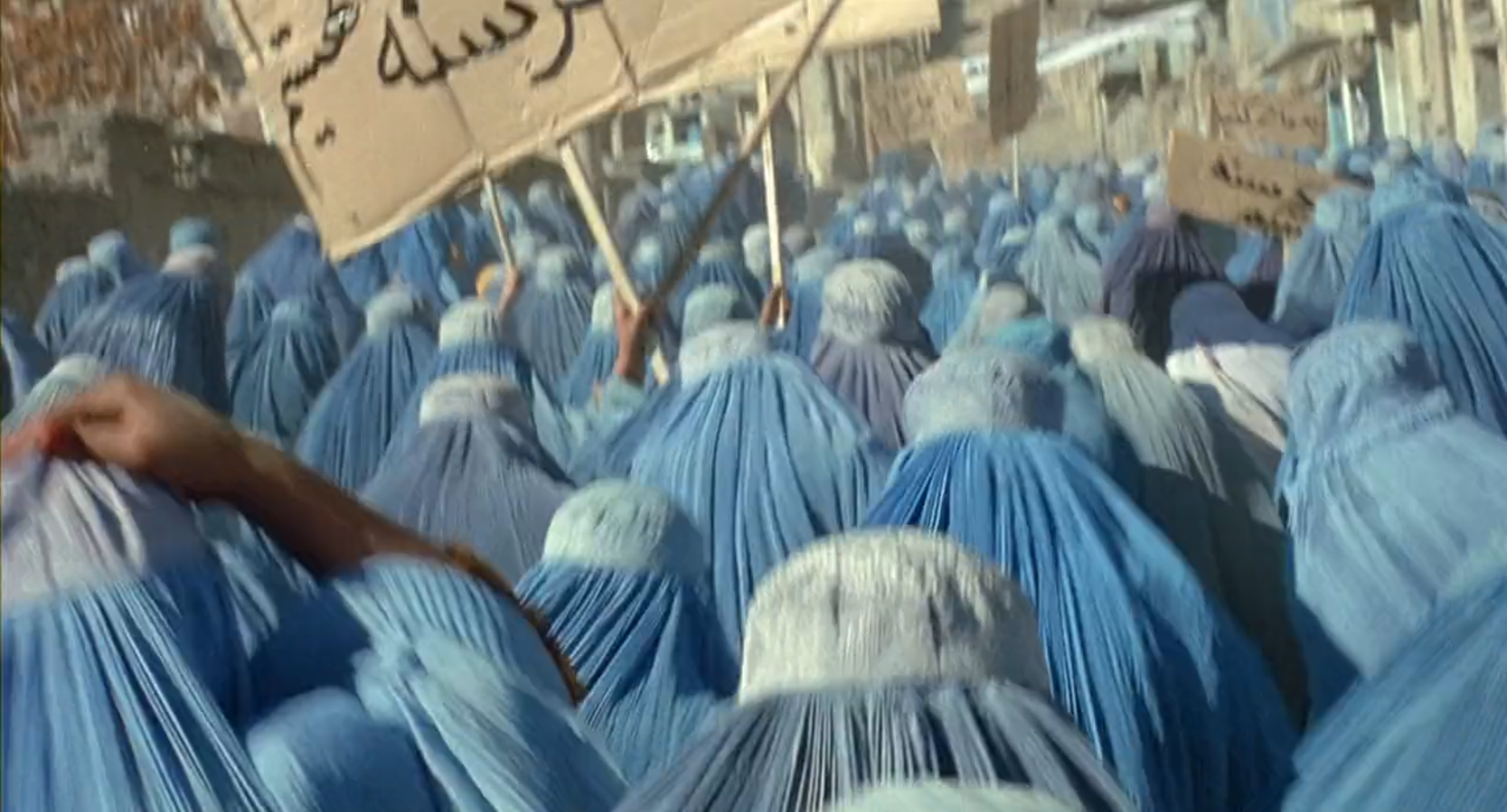
It has become increasingly rare to find films made in Afghanistan, so when a movie like Osama comes along, it becomes nothing short of essential viewing. This is a profoundly depressing but beautifully crafted story of a young girl made to look like a boy so as to go unnoticed by Taliban forces while trying to help her family. It’s a simple film wherein this character’s budding awareness of her girlhood is set against a terrifying backdrop of violence, abuse, and fundamentalist extremism—all of which director Siddiq Barmak keeps off the screen.
Barmak knows exactly what to point his camera at, covering multiple angles of life in Taliban-controlled Afghanistan without calling attention to himself, and still finding ways to show the smallest shreds of sympathy and support hiding within this society. And in the lead role, a teenage Marina Golbahari delivers a towering, heartbreaking performance that never registers as anything but authentic. The fear that she embodies is almost too real to watch without becoming afraid yourself. Osama is incredibly difficult viewing, but it’s a truly valuable work of art that deserves to be preserved.
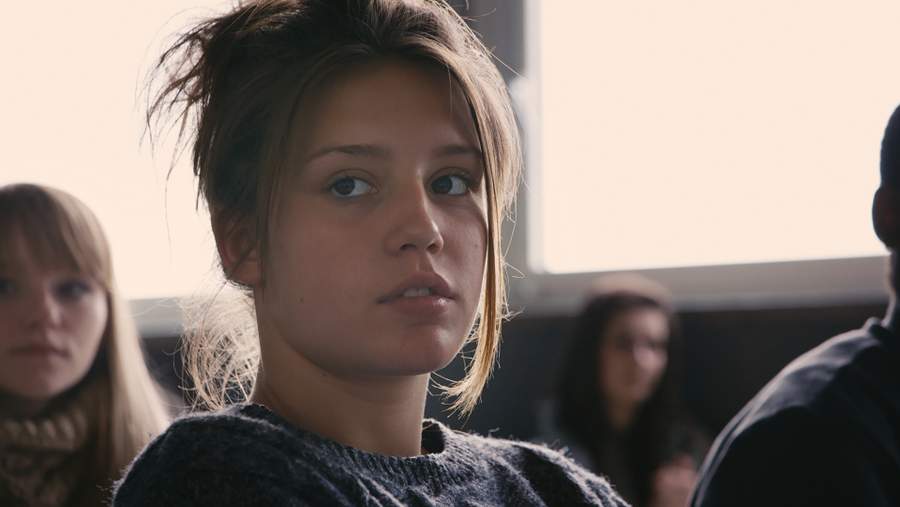
More simply called La Vie d’Adèle in its native language, this French coming-of-age movie was hugely successful when it came out and was probably one of the most talked-about films of the time. On the one hand, the usual puritans came to the fore, criticizing the lengthy and graphic sex scenes. On the other hand, Julie Maroh, who wrote the source material that inspired the script, denounced Franco-Tunisian filmmaker Abdellatif Kechiche for directing with his d*ck, if you don’t mind me saying so, while also being an on-set tyrant. Whatever you make of this in hindsight, the only way to know is to watch this powerfully acted drama about the titular Adèle (Adèle Exarchopoulos), and her infatuation with Emma, a free-spirited girl with blue hair, played by Léa Seydoux. The film beautifully and realistically portrays Adele’s evolution from a teenage high-school girl to a grown, confident woman. As their relationship matures, so does Adèle, and she slowly begins to outgrow her sexual and philosophical mentor. Whatever your final verdict on the controversial sex scene, Blue Is the Warmest Color is without doubt an outstanding film as are the performances from Exarchopoulos and Séydoux.
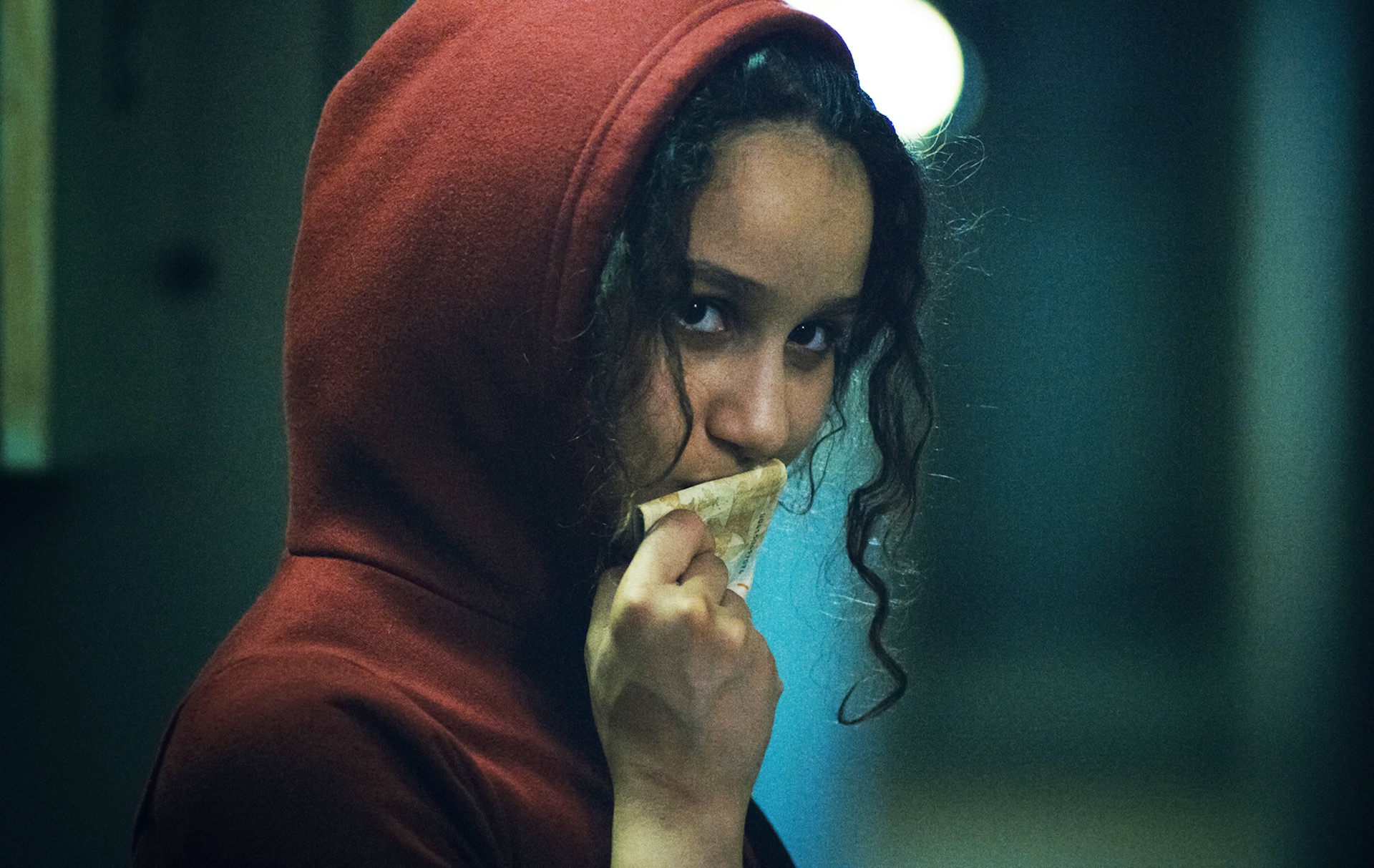
Winner of a Camera d’Or, the debutant’s prize at the Cannes Film Festival, Director Houda Benyamina’s first feature film is fast-paced and full of energy. Deep in the impoverished suburbs of Paris, the infamous banlieues, it tells the story of Dounia (played by Oulaya Amamra), a mouthy teenager who is not content with what society is prepared to hand out to her. She’s angry; she wants more. And so, together with her best friend Maimouna (Déborah Lukumuena), she decides to finally make some cash as a runner for a drug dealer. While there’s obviously some feminism in there somewhere, that’s not at the heart of what this film is about. It’s about the economic reality in a world of poverty and about two friends and their desire for freedom—no matter what the cost. An exhilarating and thought-provoking debut helped along by Amamra’s amazing acting.
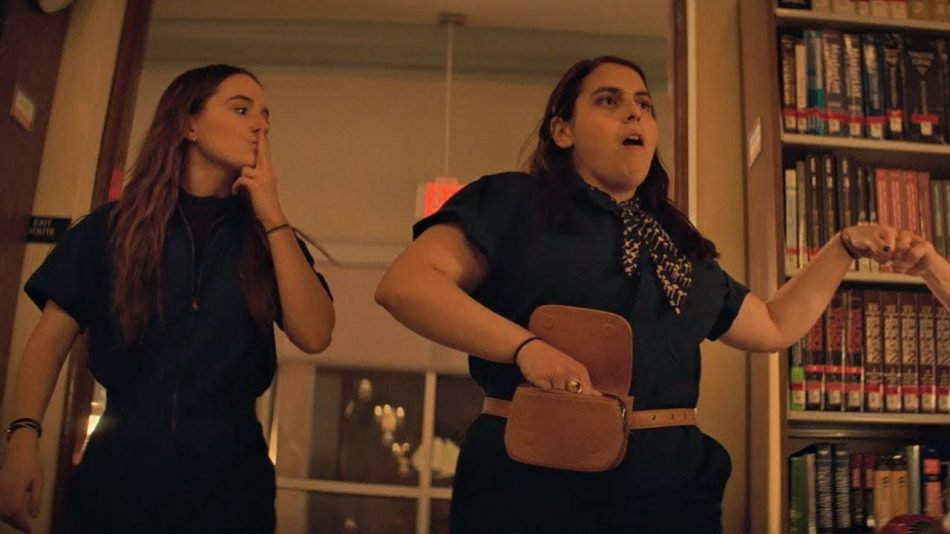
Do you keep re-watching Superbad when you’re hungover? Next time you are, try the film that has been praised as ‘the female Superbad”: the amazing Booksmart. Yes, it’s coming-of-age comedy, but, like Superbad, it tried something a little different. Like its two main characters, one could say it’s a bit smarter than Greg Mottola’s seminal bromedy. Molly (Beanie Feldstein, incidentally, Jonah Hill’s younger sister) and Amy (Kaitlyn Dever) are best friends, class presidents, and academic overachievers. Nice girls, too. With excellent grades in their pockets, they head off to college only to find that the same in-crowd from high school that was doing nothing but partying, now goes to the same college as them. Why, oh why, did they choose academic success over partying, when, clearly, they could have had both? On their last day in high school, now here’s a trope, they decide to make up for all the years of lost partying on one night. This sets off a raucous, raunchy, and wildly entertaining ride. And with a feminist twist!
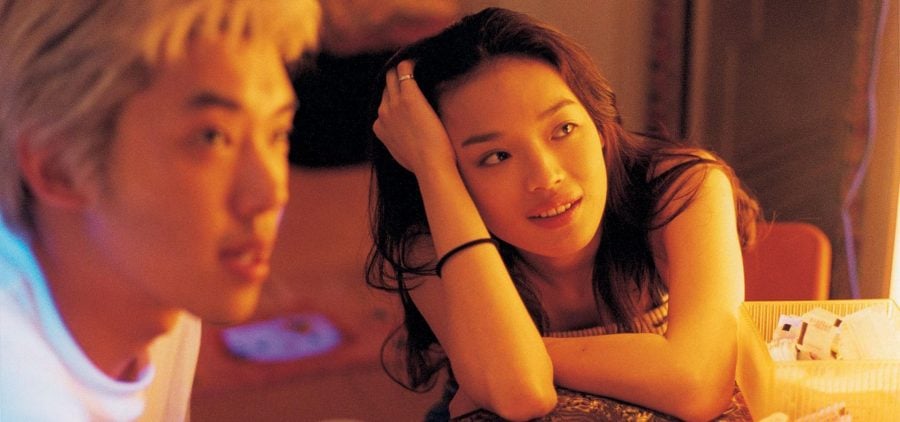
The atmosphere in Millennium Mambo is magical. The opening scene alone will leave you enchanted, with long walks through a tunnel-like space and dreamy techno music playing in the background. We are misled into thinking that this will be a movie full of colors and dance, and to some degree, this is true, as it portrays Taipei and its neon colors of green, pink, and blue, featuring dance sequences in a bar that serves flashy drinks. But as the movie develops, a chilling shadow is cast as we become entangled in a brutal relationship that is as full of cruelty as it is of love and lust. Narrated from the future, the story shows how the present-day protagonist, Vicky, grapples with her identity as she looks back upon her past self from ten years ago.
Chaotic, messy, but also peppered with moments of serenity and shot with flawless camerawork and cinematography, Millennium Mambo makes time feel fluid, and serves as a reminder that no matter how rough the journey may be, everything is always okay in the end.
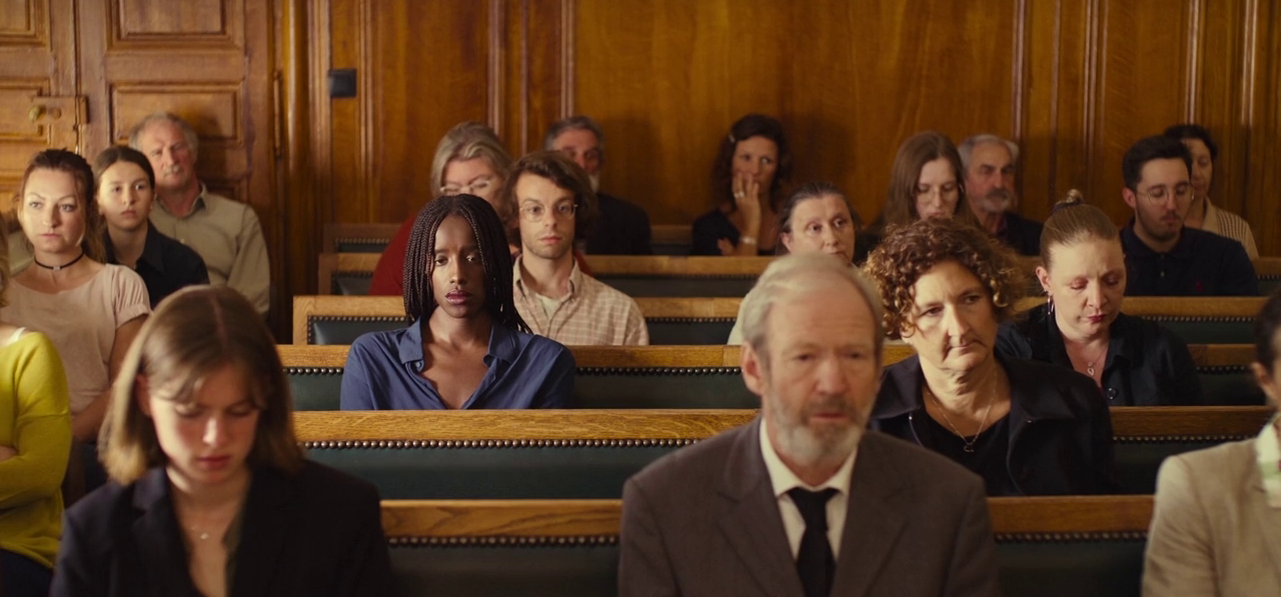
Nothing about Saint Omer is easy. A female Senegalese migrant (Guslagie Malanga) is put to trial for committing infanticide, but throughout the film, it becomes clear how much of a victim she is too, of an uncaring and deeply prejudiced society. “What drove her to madness?” Her attorney asks at one point. We’re not sure. We’re not necessarily asked to side with her, nor answer the many hard-hitting questions brought up in the film, but we sit with the uneasiness of it all and, in that silence, confront our ideas about motherhood, womanhood, personhood.
This confusion is what makes the film so compelling. Despite the court’s best efforts, Laurence isn’t meant to be understood. She’s meant to be an example of the ever-ambiguous, forever-complicated, always-hurt person. It’s human nature after all to be this complex and messed up. The film shows us that the best that we can do in situations like this is to listen, understand, and as our protagonist Rama (Kayije Kagame) does, make peace with the noise.
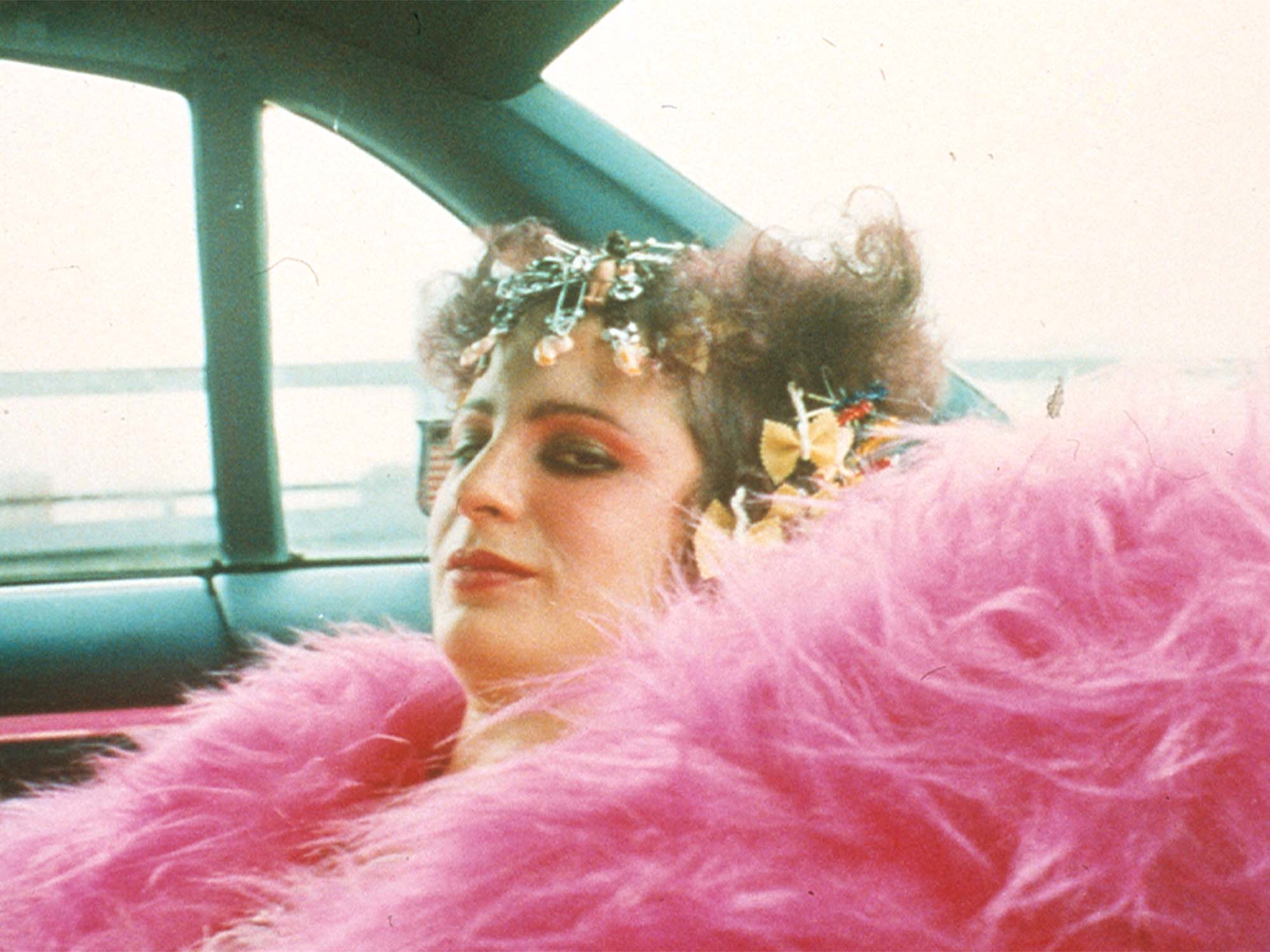
In All the Beauty and the Bloodshed, documentarist Laura Poitras (Citizenfour, My Country, My Country) lends her empathetic and incisive lens to a subject so passionate and imaginative, she ends up collaborating with Poitras to co-create the documentary about her life. The subject is Nan Goldin, one of the most influential photographers of the late 20th century.
The documentary captures Goldin’s work as a queer artist and anti-opioids activist, intertwining both aspects to tell a nuanced and incredibly important story about freedom, identity, and self-expression. This incredibly complex, encompassing, and vibrant feature won the top award at the Venice Film Festival, besting 19 other films from around the world.
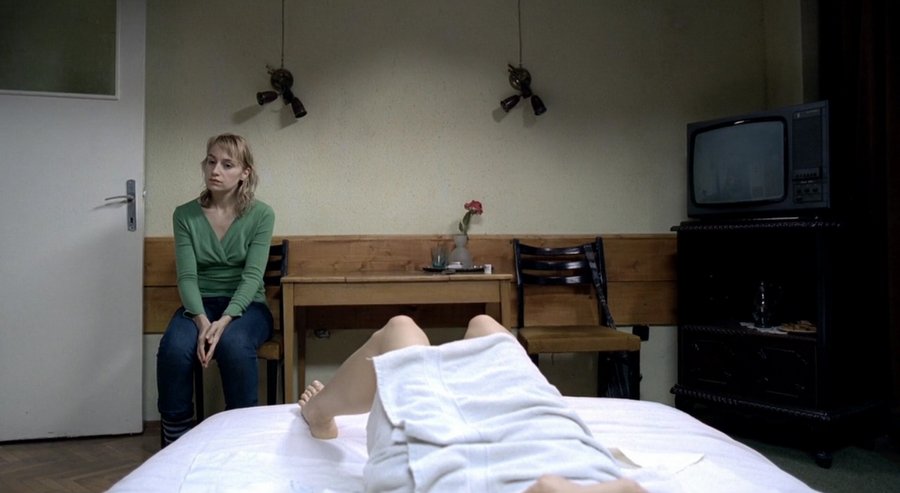
How far would you go to help a friend? The answer to this question might turn out quite differently after you have lived through the 2-hour squalor of 4 Months, 3 Weeks and 2 Days. Set in the bleak late-1980s reality of Communist Romania, under the ironclad rule of Stalinist dictator Nicolae Ceaușescu, Anamaria Marinca and Laura Vasilu play Otilia and Gabriela, two small-town students. Otilia volunteers to help Gabriela go through with an illegal abortion, which takes place in a shoddy hotel room with the help of a man named Bebe (played by Vlad Ivanov). When things don’t go as planned, they find their situations quickly going from very bad to outright horrible. Powerful performances, a realistic script, and director Cristian Mungiu’s technical finesse create an experience that will force you to relive the desperation the two women must endure. Little wonder that it won the Palme d’Or at Cannes in 2007.
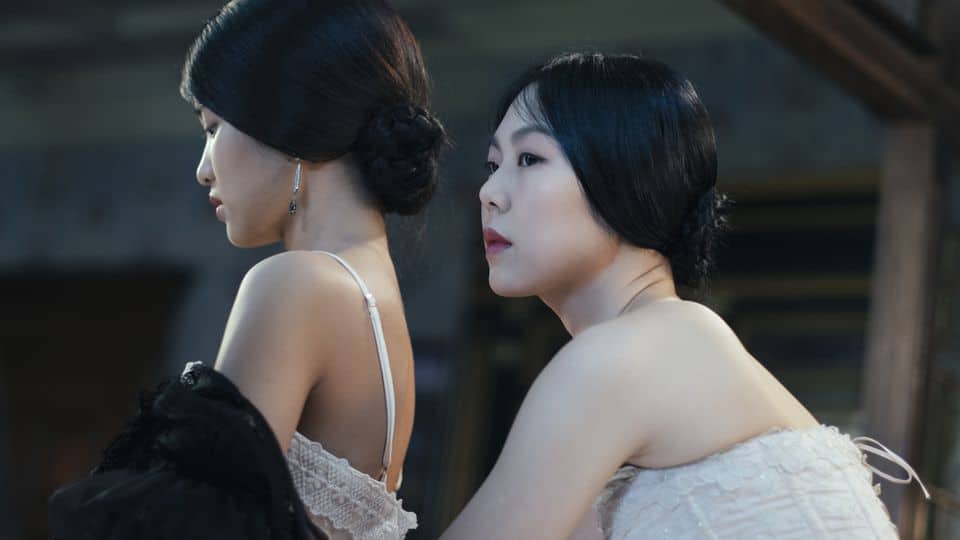
The 2016 outing of South-Korean auteur director Park Chan-wook (maker of Oldboy and Stoker) once again shifts attention to the dark side of what makes us human: betrayal, violence, and transgression. Based on the 2002 novel Fingersmith by British author Sarah Waters, The Handmaiden revolves around the love of two women and the greedy men around them. Park shifts the novel’s plot from Victorian London to 1930s Korea, where an orphaned pickpocket is used by a con man to defraud an old Japanese woman. Routinely called a masterpiece with comparisons made to the likes of Alfred Hitchcock, this is a stylish and meticulous psychological thriller that packs enough erotic tension to put a crack in your screen. If you love cinema, you can’t miss this movie. You might even have to watch it twice.
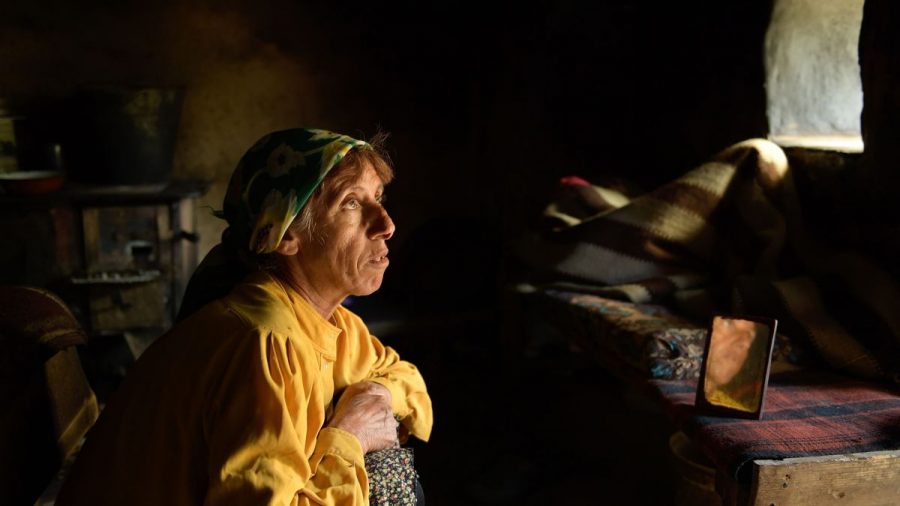
The first movie to be nominated for both the Documentary and Foreign-Language Oscar categories and the most awarded film of the 2019 Sundance Festival, Honeyland quietly accompanies the last wild beekeepers in Europe over three years. It portrays the lonely and primordial life of Muratova, which is centered around harvesting honey according to the rules of her ancient ancestors and caring for her ailing mother.
Originally planned as an environmental documentary, this film evolved into something completely different, as it often goes with immersive documentaries, when the Macedonian directors Tamara Kotevska and Ljubomir Stefanov met beekeeper Hatidže. The film takes another sudden turn when Muratova’s life is upended by a nomadic family settling next door, threatening her tradition, her way of life, and her natural environment.
This unbelievable cinematic journey is a feast for the eyes thanks to the amazing work done by cinematographer Samir Ljuma. However, despite the awe-inspiring imagery, Honeyland never imposes on its subject, creating an incredible intimacy with Hatidže’s life and her natural environment. Breathtaking!
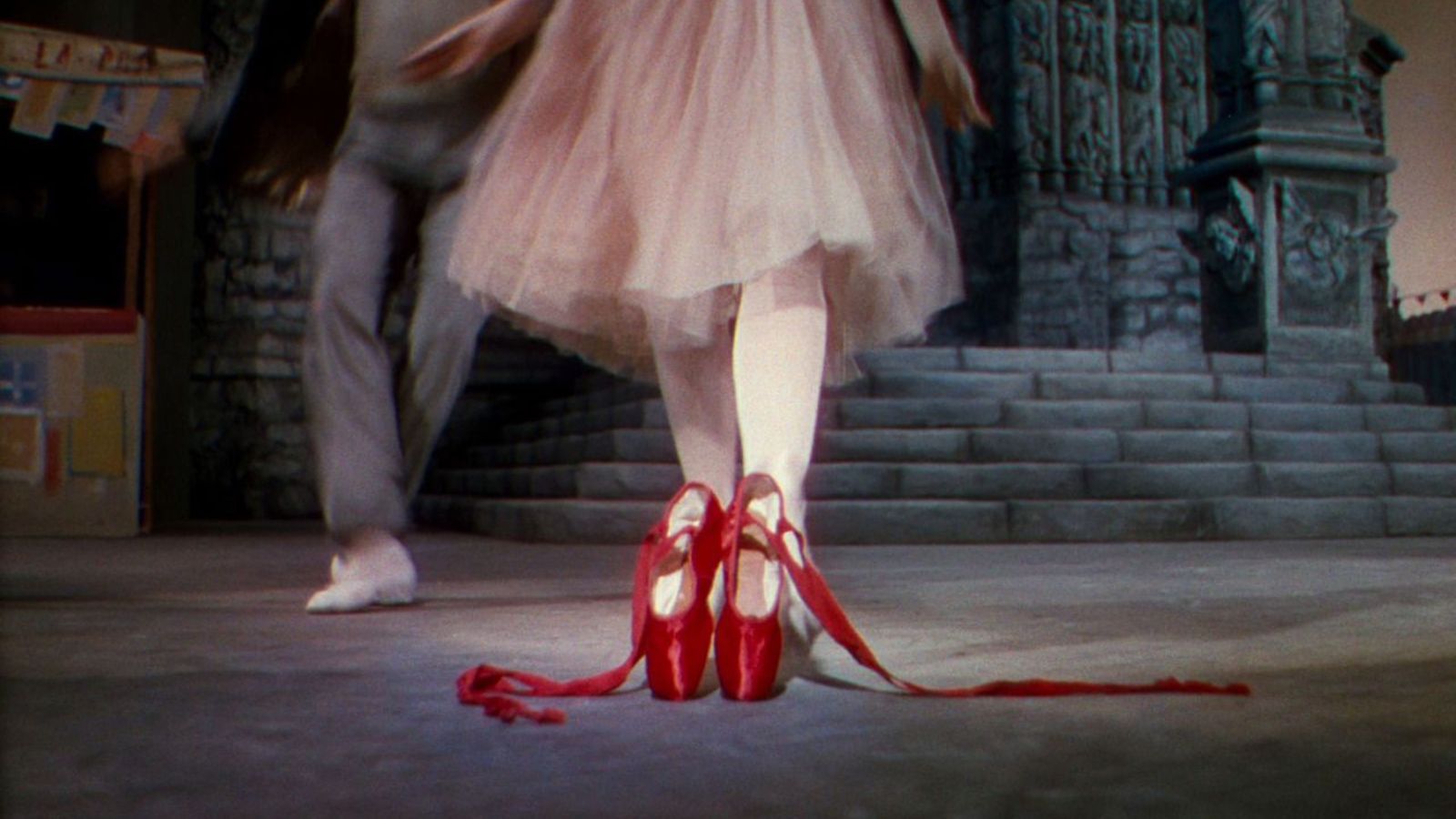
While today’s moviegoers would likely pick Black Swan as the ballet film of choice, there is one film classic that brings the title of the best ballet film in contention. That is The Red Shoes. It first divided critics of film and ballet alike, but as time went by, the spectacular drama from Michael Powell and Emeric Pressburger deservedly garnered acclaim for the brilliant, novel ways of bridging the gap between art forms. Of course, the most obvious of these is the lush, stunning 17-minute dance sequence that first incorporated dynamic camera movement to the choreography, and captured Han Christian Andersen’s story to its essentials. But aside from just depicting the dance, The Archers reconfigured every other single aspect of film to bend toward the movement without breaking the beauty of every shot– the scoring, the casting, the production design, and the ballet-within-a-film plotline. It’s because of this that The Red Shoes garnered a legacy of being one of the best ballet films, one of the best British films, and even one of the greatest films ever made.
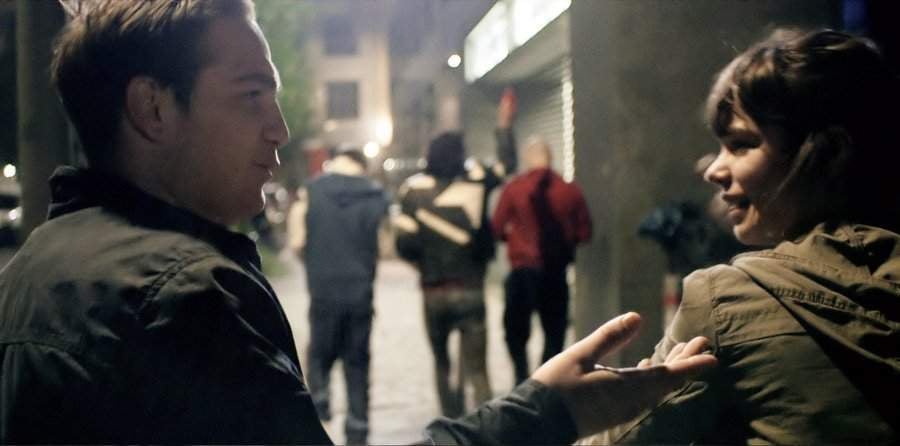
Much like Berlin’s infamous nightlife, which serves as the backdrop to the plot, this daring German real-time drama will eat you up and spit you out. After leaving a nightclub at 4am, Victoria, a runaway Spanish girl, befriends a gang of four raucous young men, climbing rooftops and drinking beers among the city’s moon-lit streets. The gang’s light-hearted banter is impressively improvised from a skeleton script, offset by Niels Frahm’s ominous original score.
But what starts out as late-night high jinks swerves into darker territory. Driven by her infatuation with the pack leader Sonne, played by Frederick Lau, Victoria ends up being recruited as a get-away driver for an ill-prepared bank robbery and loses herself in a sinister spiral of events. What sounds like a standard-issue crime drama is, in fact, a staggering cinematic experiment.
Filmed in one take, on location, and in real time, the movie’s production is indeed a gamble, but director Sebastian Schipper more than pulls it off. The claustrophobic camerawork of cinematographer Sturla Brandth Grøvlen leaves the viewer feeling like a hapless accomplice to Victoria’s plight. With Laia Costa giving an awe-striking lead performance, the high wire acting of the entire main cast only adds to this effect. Victoria is a stellar directorial debut, heart-stopping drama, and a truly immersive experience.

